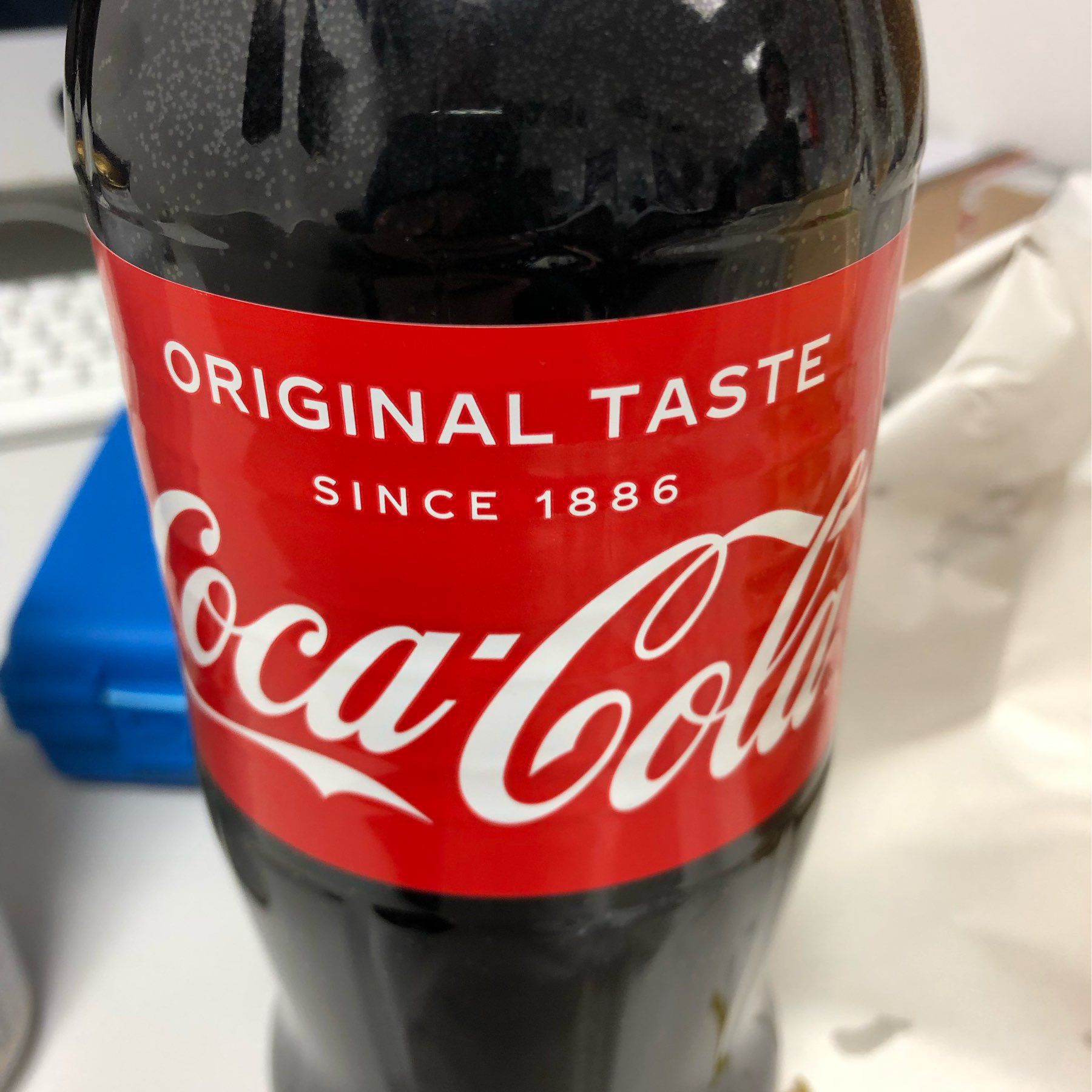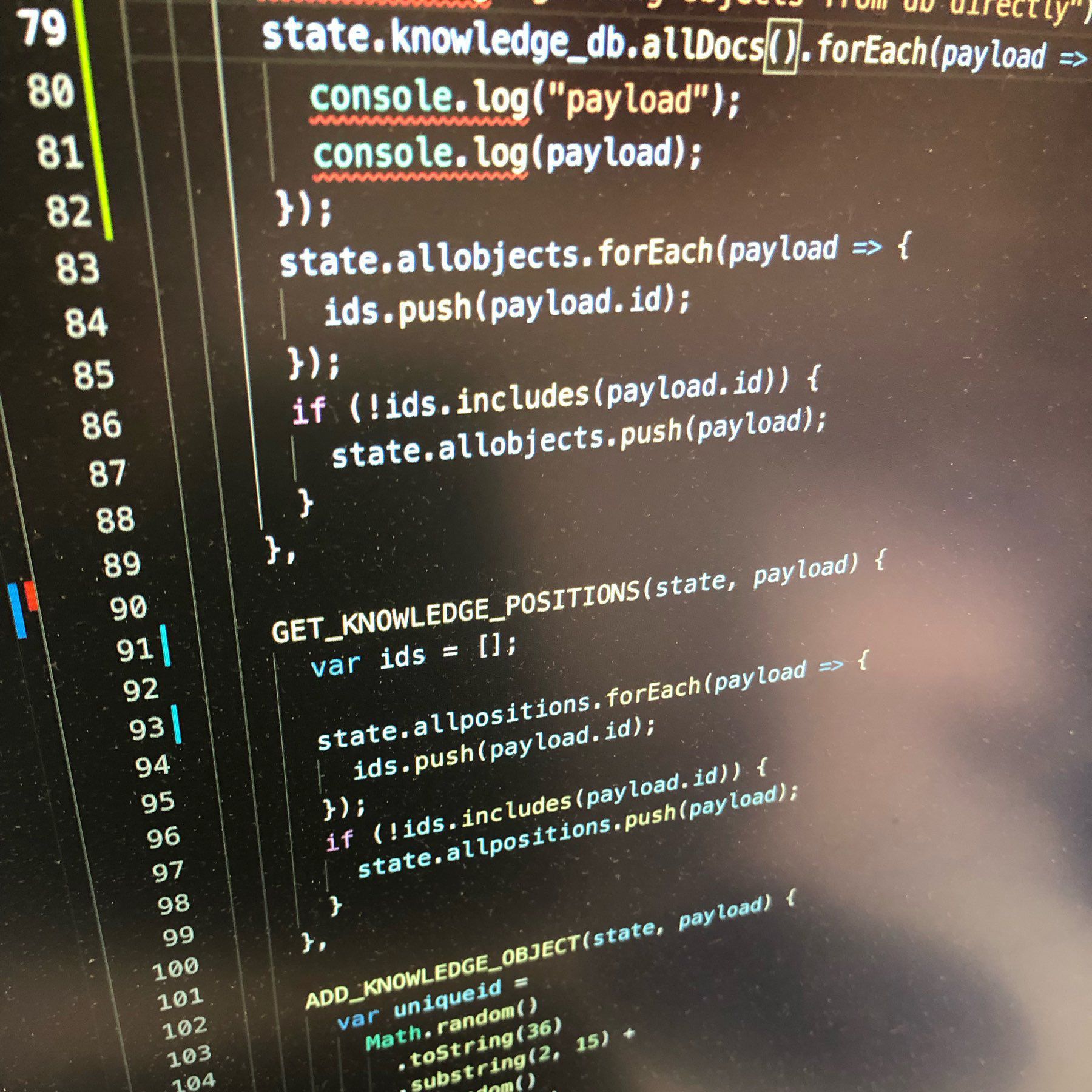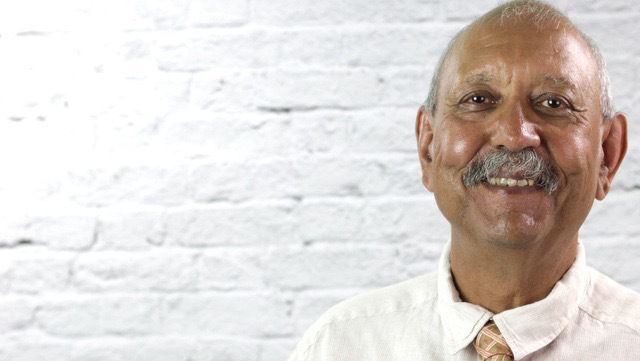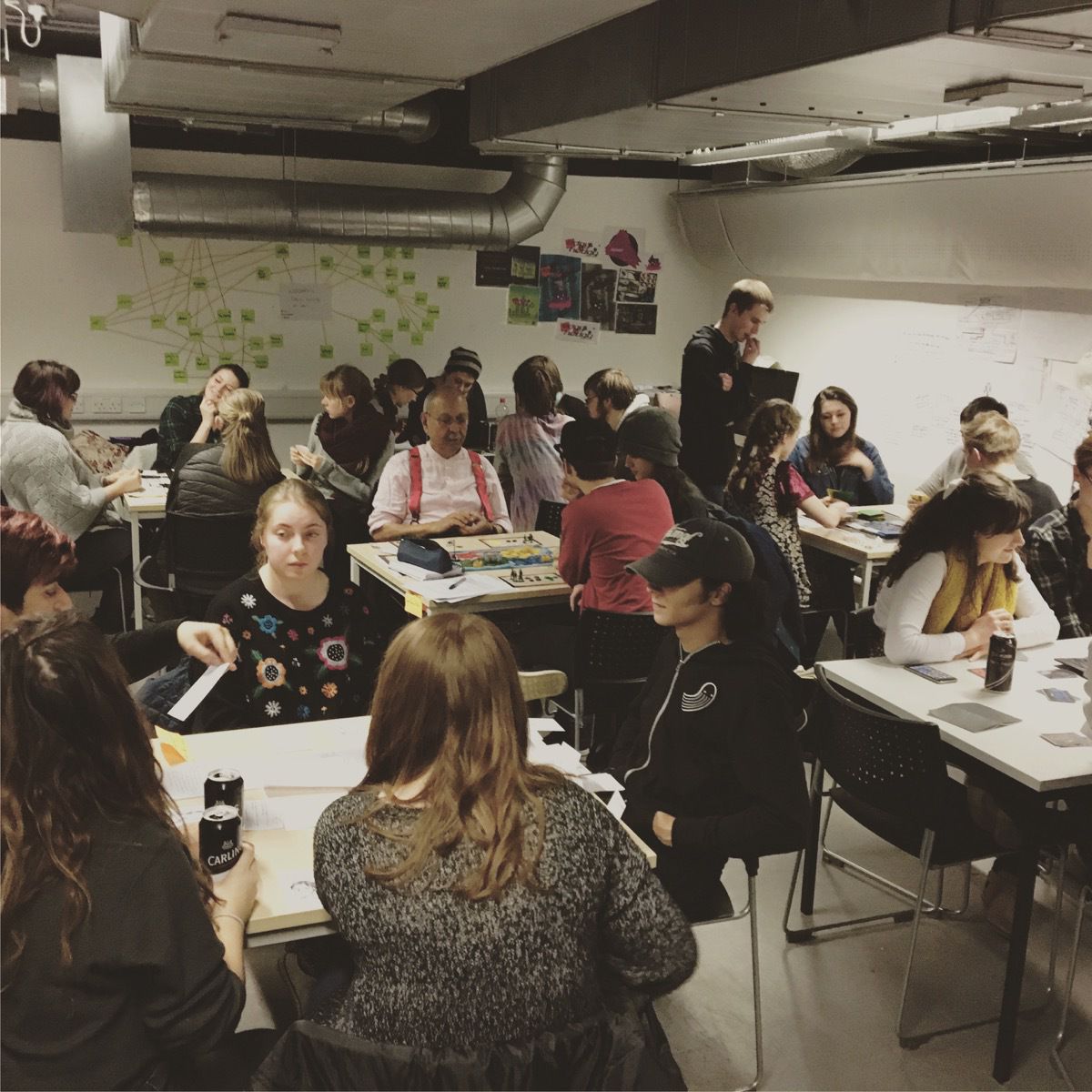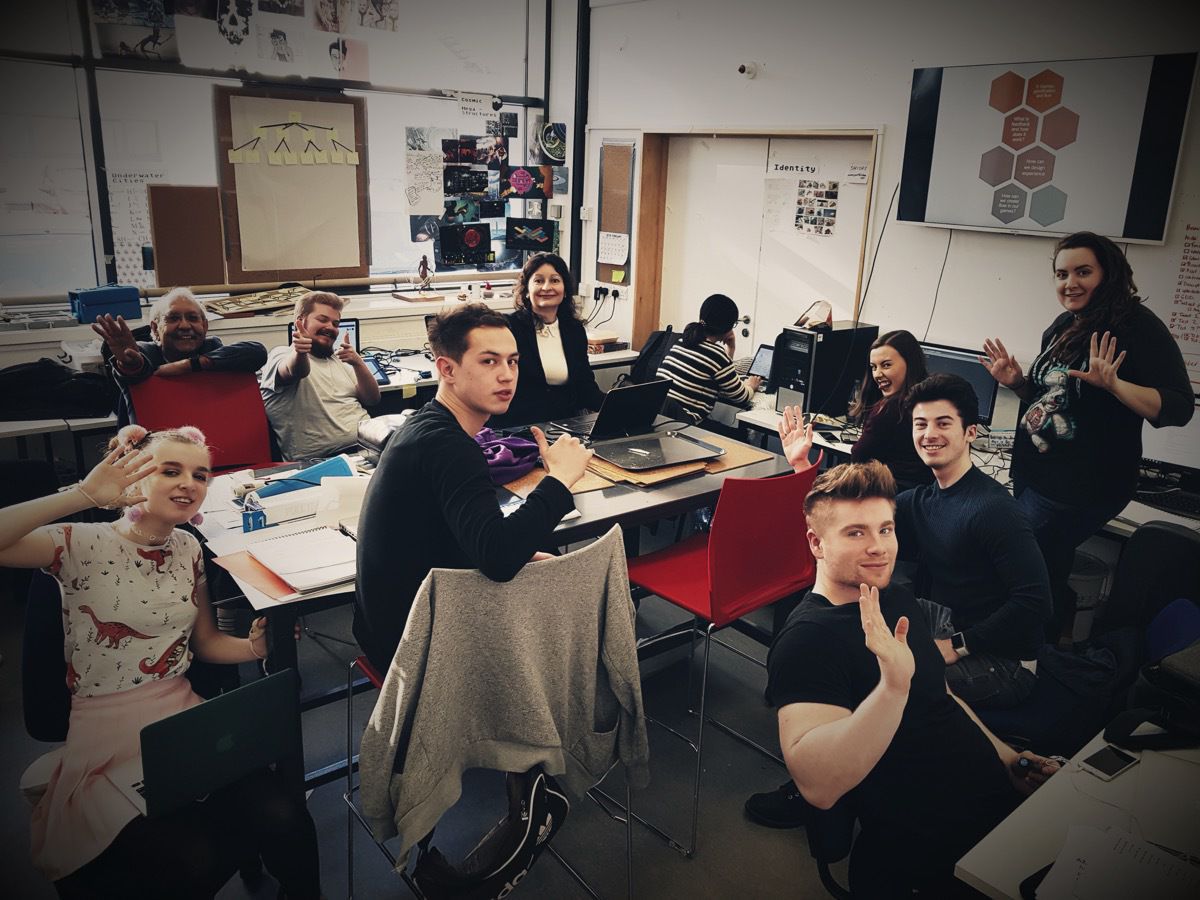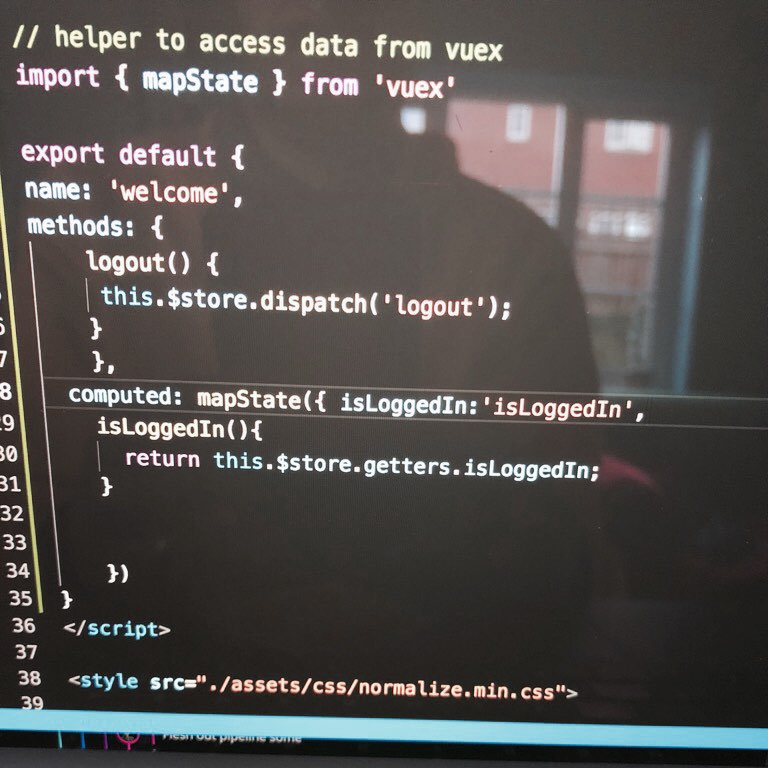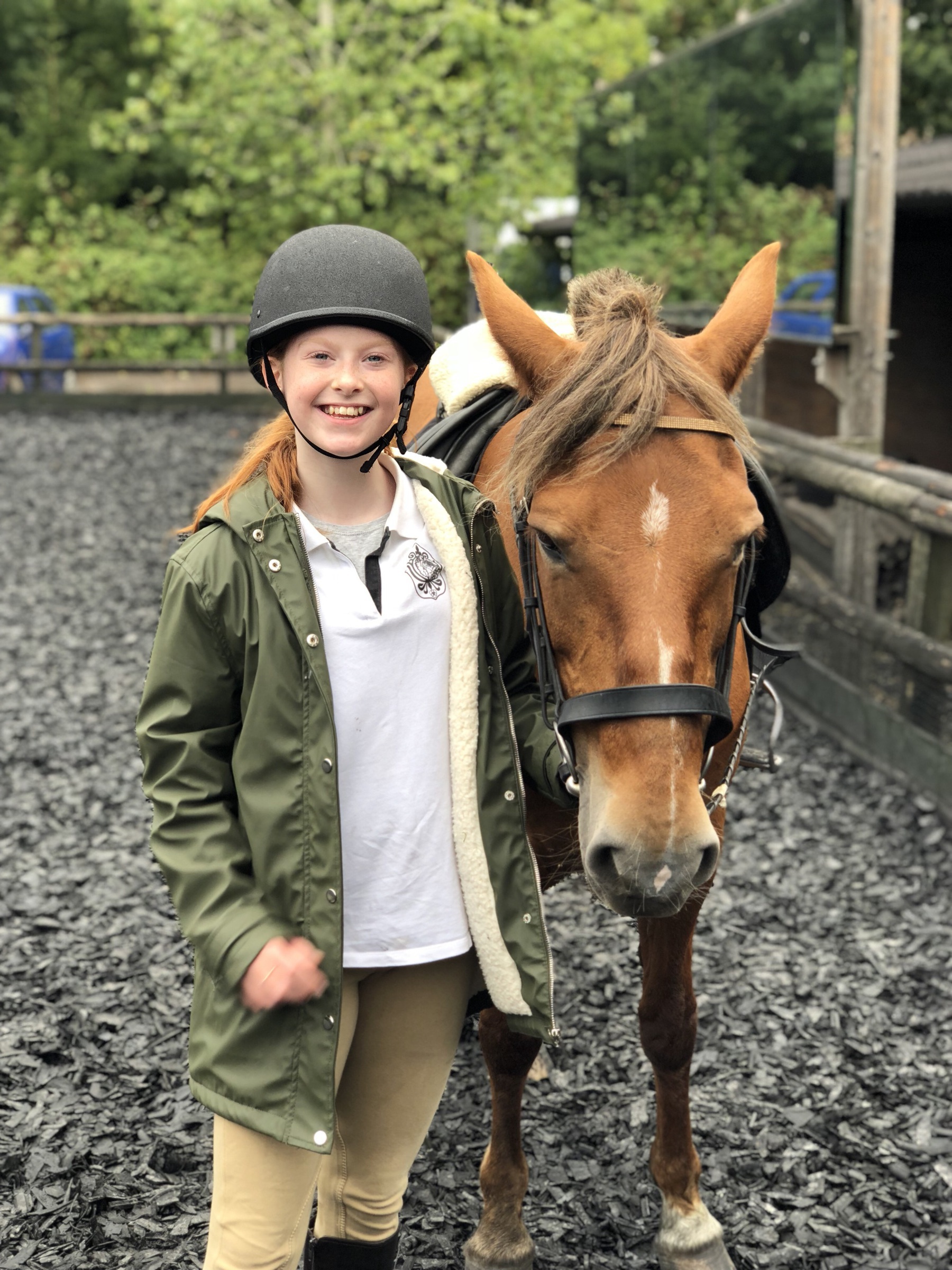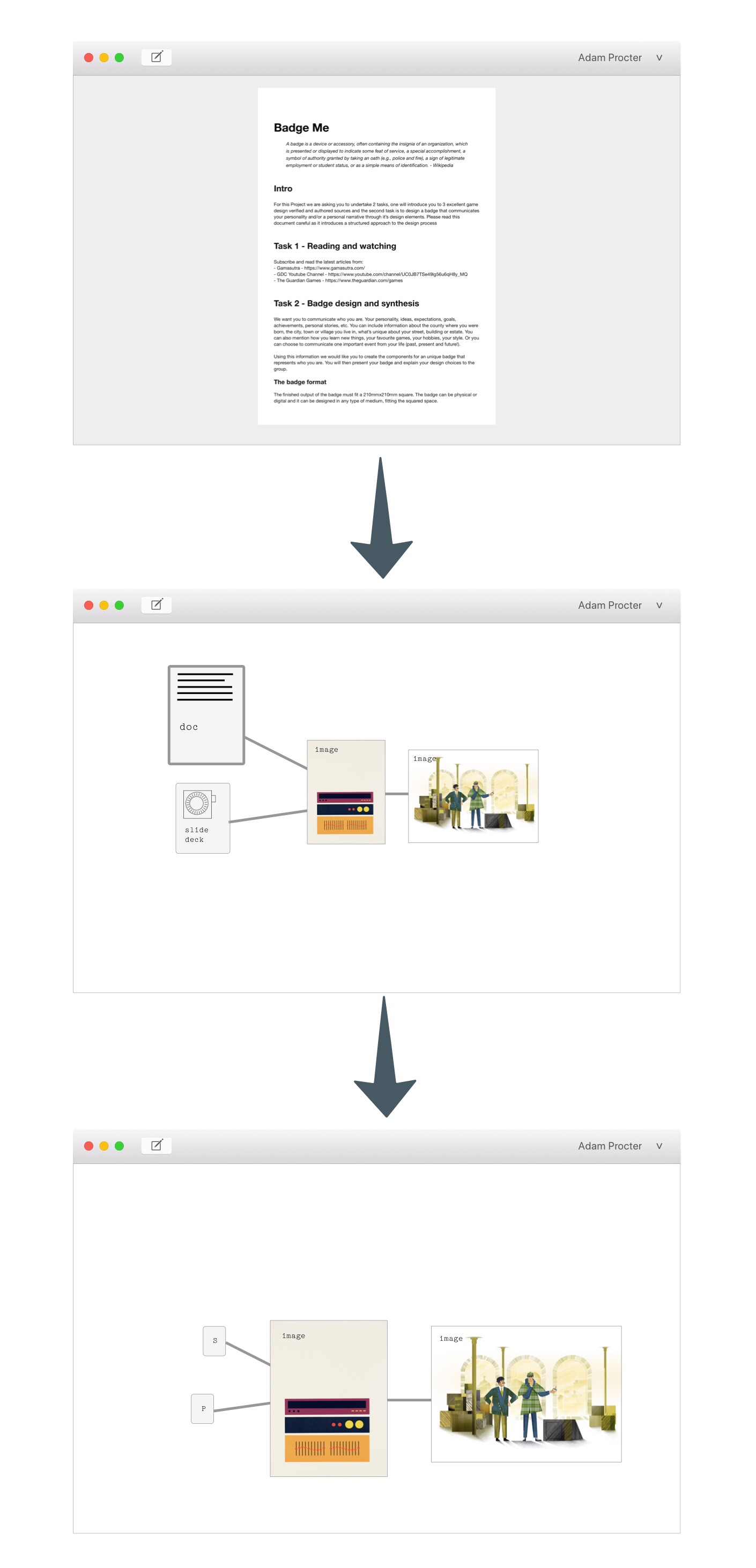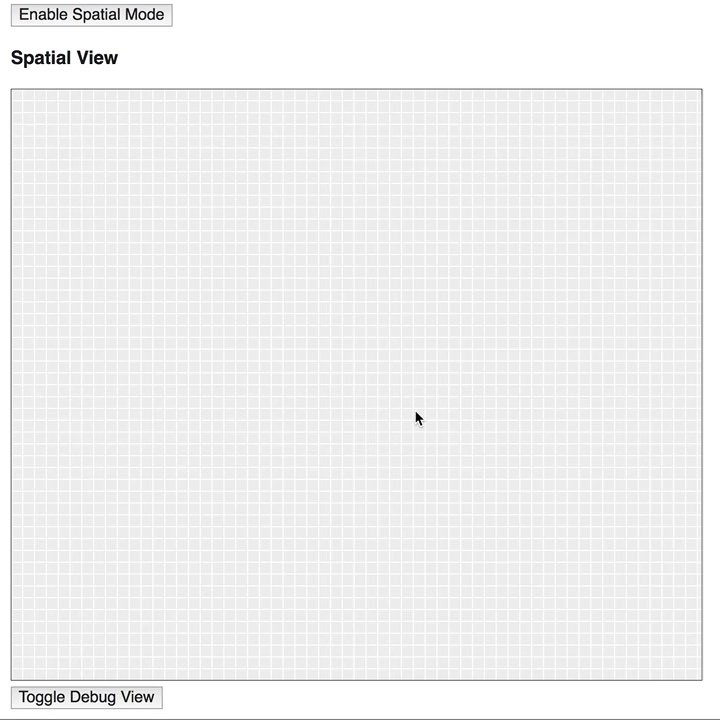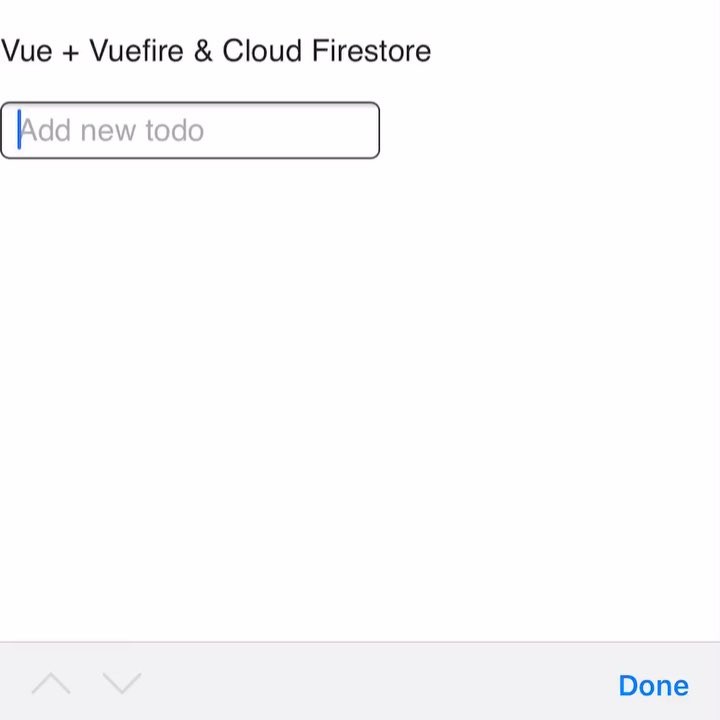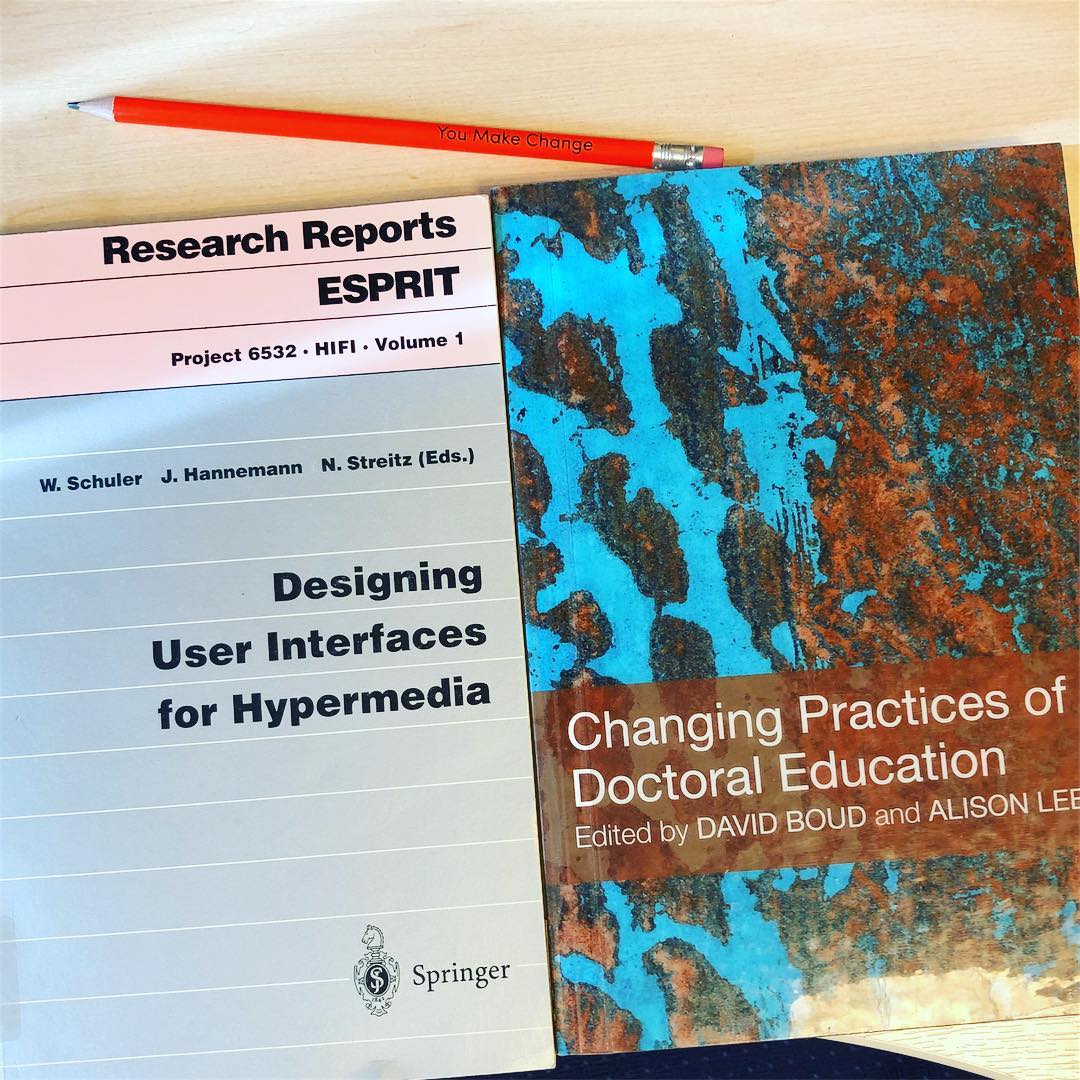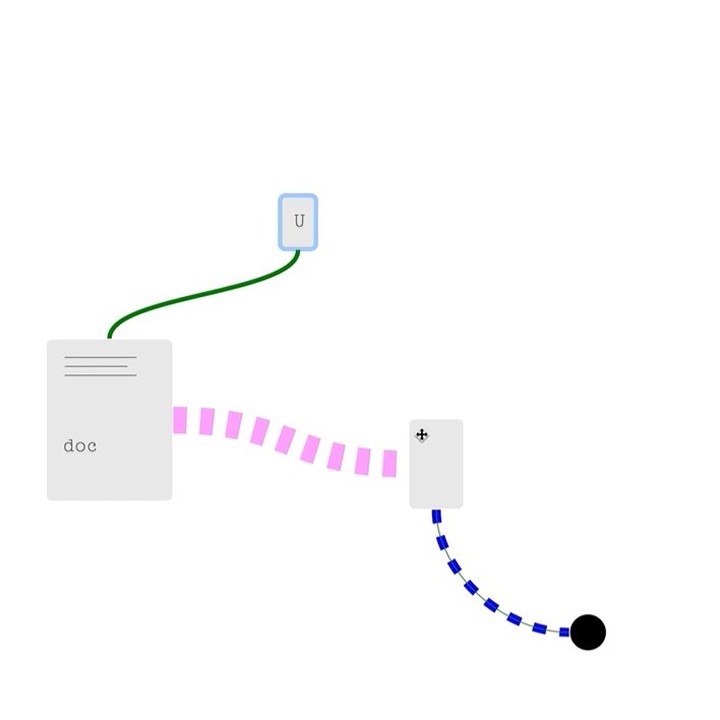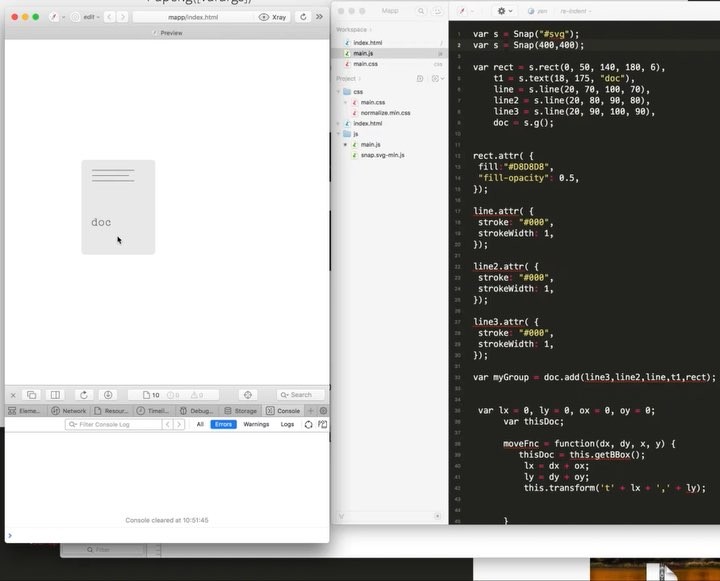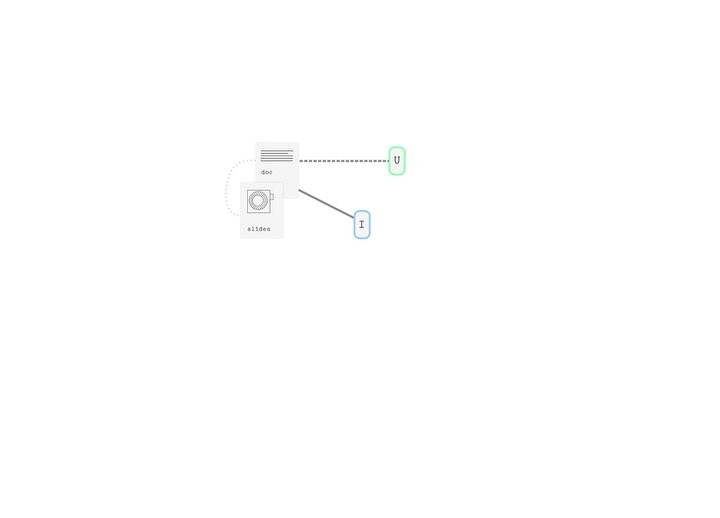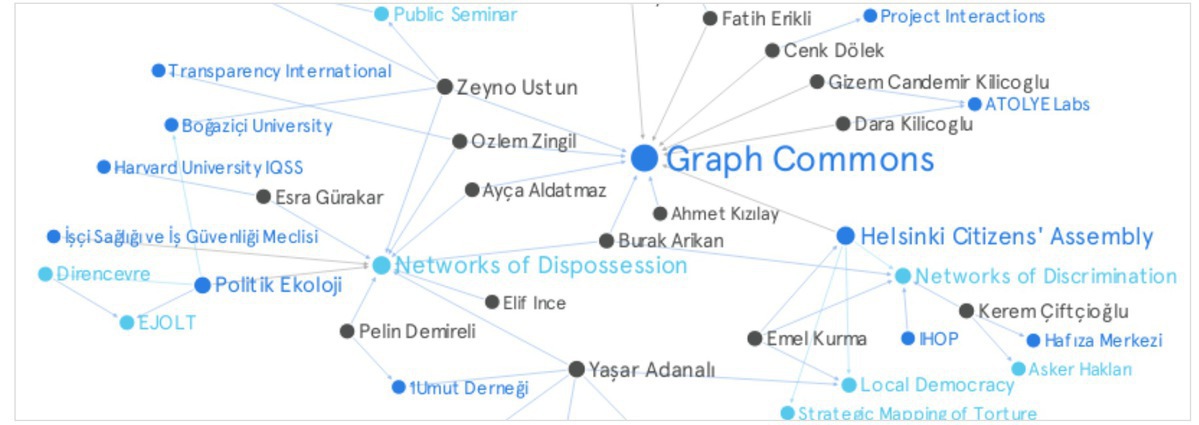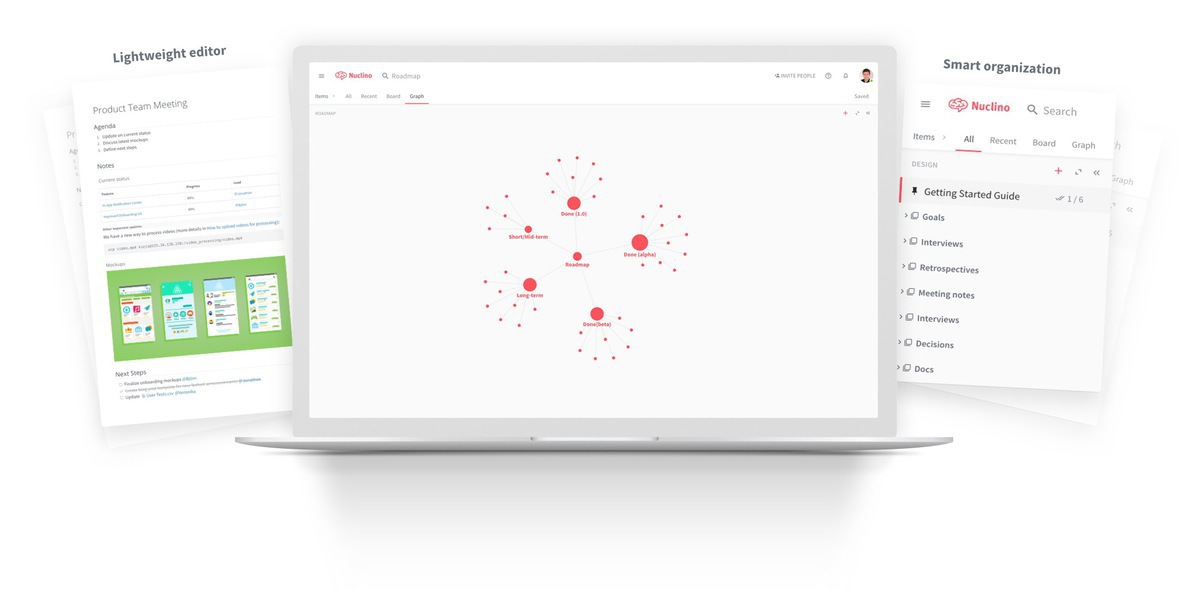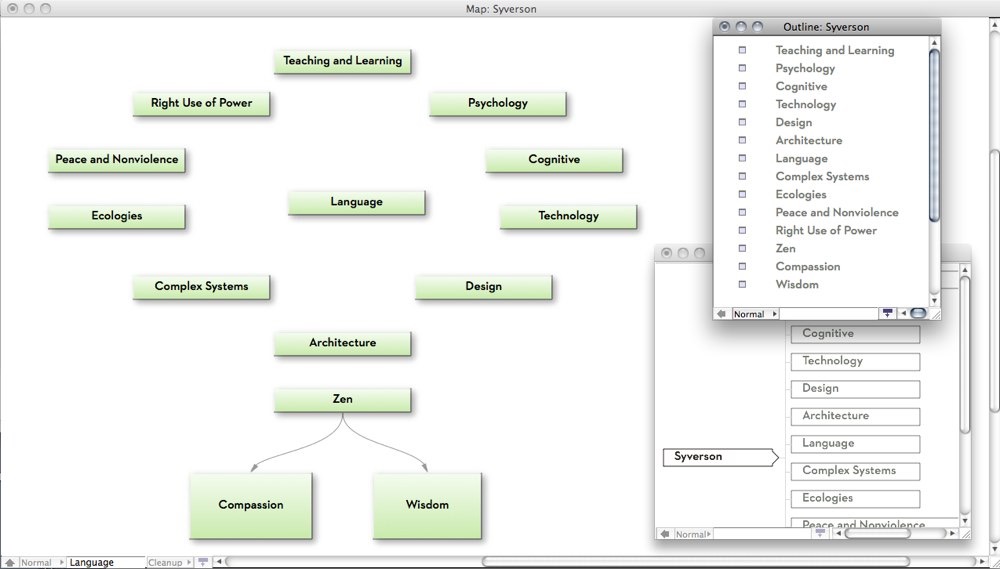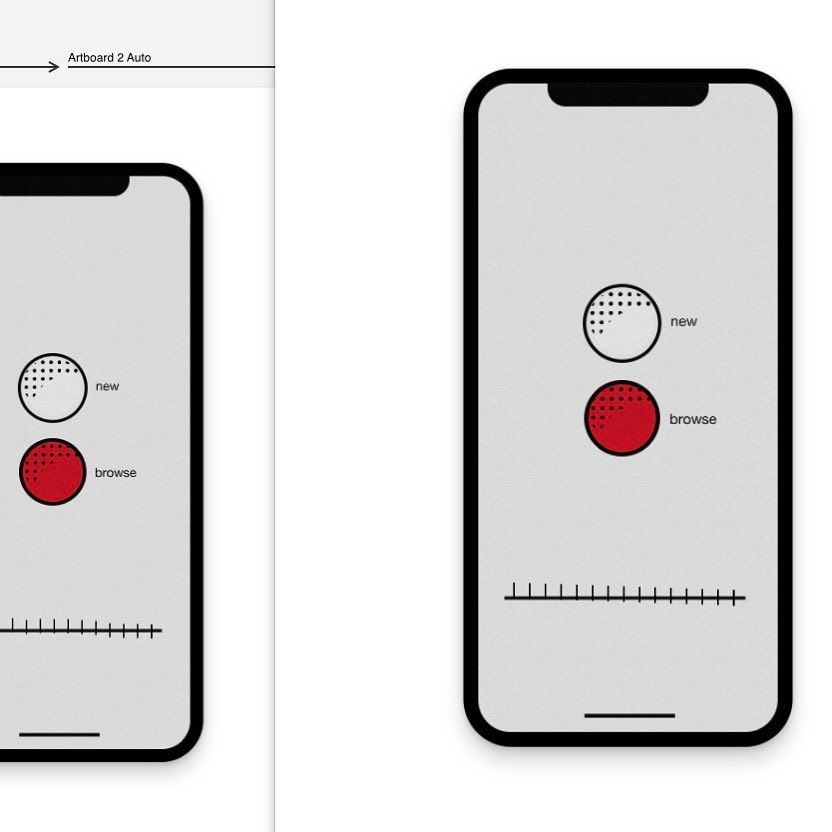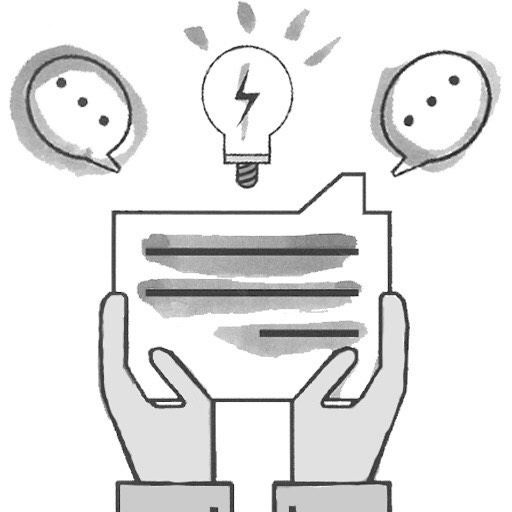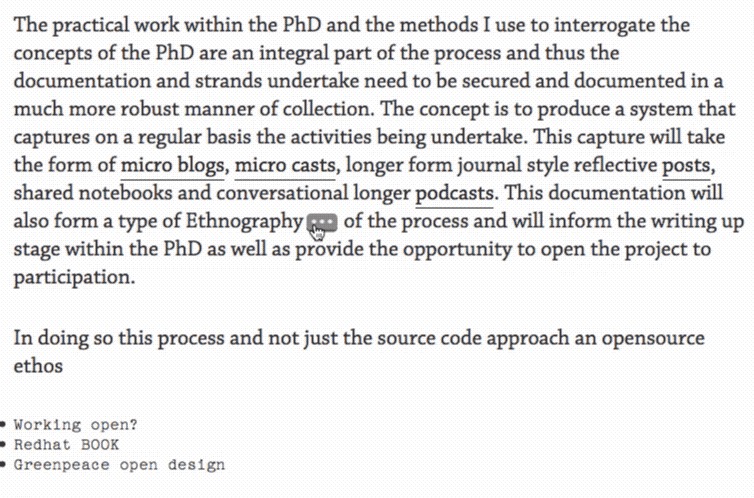I would very much encourage discussion on my application here
Mozilla Fellowship Application 2018
Fellowship Focus Area:
Open Science
Personal website (url):
discursive.adamprocter.co.uk
Linkedin (url):
www.linkedin.com/in/procte…
www.twitter.com/adamproct…
Github or other code repository profile (url):
gitlab.adamprocter.co.uk
How did you hear about the fellowship?
Friend
Who?
Doug Belshaw (ex Mozilla)
Do you know any Mozilla staff or current or past Mozilla fellows and/or did they recommend you apply? If so, who and in what context?
Laura Hilliger, Jess Klein and John Bevan. Doug sent me the call and recommended I apply. I worked on a digital humanities (PORTUS) project with John helping facilitate its design direction.
What specific skills can you bring to the fellowship? (ie: web development, subject matter expertise, research, etc) :
A broad range of design and CS skills. I can build apps both in Swift and Javascript. I have used C#, GDScript, PHP, GoLang, Ruby and numerous databases. I use design tools for making and thinking, including Adobe CS, Sketch, Marvel app and currently build with Vue.js and Snap.svg and RT databases.
Project proposal: What is project you would like to pursue during your fellowship?
My proposal is to create the platform and interface for a free software, decentralised, P2P, spatial hypertext tool deployable within creative education settings.The platform is designed to support a collaborative interface that grows and changes through human input. Most VLEs are rigid, static top down tools this is much more fluid, adaptable and driven by the community.
The platform and interface is native to digital culture built on the open web, democratic, human driven, iterative and collaborative. A visualised and spatial network of connections and clusters provide an innovative, accessible and delightful way to create and decode data, empowering individuals to connect ideas and build knowledge within communities of practice. The purpose of the tool’s design is to extend collaborative learning and communities of practice from the physical into the digital. The project I am proposing is within part of my PhD but ultimately extends into the final stages of the PhD.
My ambition is not only building the platform and interface but with the backing of the Fellowship I will widen the scope and potential reach of the project itself. The overall ambition of my PhD is to interrogate the Virtual Learning Environment specifically in teaching design education and critically examine current tech business models from Silicon Valley that are being applied to Education, especially that of data collection. To be able to do this I will build a community around the products and manifesto of the PhD and I believe the fellowship would greatly enhance and amplify this ambition. Two other UK HE courses have registered interest in the spatial interface concepts I have been researching and having Mozilla backing would give gravitas to such an engagement.
We shape our tools and, thereafter, our tools shape us.
The fellowship would support creating and testing a series of prototypes and build the platform via UX feedback, user testing and technology deployment in a way that would not be possible through my own funding. A key component is to create a truly open process, not just in terms of ensuring all the products are free software but that the process of discovery itself is open and creative commons licensed. The fellowship period would be a time to focus on community building, both in terms of technical contribution and userbase. The collaborative nature of creative work means sharing is one of the main principles embedded in the platform and the PhD both in terms of a GNU Affero General Public License and default Creative Commons licensing.
The project is to build a community not just of testers but of makers and thinkers to contribute to the platform and its ambition to support a new creative knowledge building tool. This fellowship will quickly boost the level of impact. This project aims to fix the issue that the digital tools we currently use for design education are broken: they are a replication of the physical office, files and folders. Learning is a collaborative, shared endeavour already embedded in design studio based teaching, but this model doesn’t extend to the digital tools we have. This results in digital personal learning network silos and digital repositories that provide little or no benefit to the best types of collaborative teaching and learning.
Conventional electronic documents were designed in the 1970s by well-funded conventional thinkers at Xerox PARC, who asked, “How can we imitate paper?"
What do you consider to be the biggest threat to the open web in your area of expertise? Why? In what way would the Internet – or the world – be different if this threat were mitigated?
Surveillance Capitalism and The Attention Economy.
Google et al. is ground zero for a wholly new subspecies of capitalism in which profits derive from the unilateral surveillance and modification of human behaviour. this is a surveillance capitalism
The new scarcity in the internet age is attention. Since there is a surplus of information, more information flowing through our society than any of us could ever hope to process or understand, the new bottleneck on our economy is attention. We now live in an attention-based economy
These two concerns are intrinsically connected. The need to keep our attention is being transformed by the surveillance of our data. The web’s arrival ushered in a world where we could collaborate and connect people in ways that had not been imagined. This opened up the possibility for innovation in numerous fields. Projects such as Wikipedia clearly demonstrate the power of the web. The open web democratised many facets of society and asked us to question how our world would be governed and understood. Business models were flipped with new ways of thinking. Innovation appeared in attempts to help us navigate this new landscape and ever-growing wealth of information. Pioneers of the internet foresaw ways in which humans and computers would work together to tackle some of the biggest issues facing the planet yet what the web has become is now purely derived to serve these two issues. Rather than enhancing humankind the web has become adtech; it is being funneled through the view of corporations and their need to sell ads. Facebook claim to use this method to provide free access to all and thus connect people and yet Facebook decides what you see and when. Google claims to organise the wealth of information and yet money drives fake news to the top of search results. We must build alternative tools on the open web that provide ways to connect people, gather knowledge and provide true democracy outside of this neoliberal approach.
Why are you the right candidate for 10 months of self-directed study? Describe your current professional arrangement.
The period is an excellent fit in the next phase of my PhD. I am strongly self-directed, innovative and highly motivated to tackle this project. As a Senior Teaching Fellow I organise and plan my entire work pattern and student timetables and have managed many projects to deadline. I already have time allocated to my PhD which would be redirected at the fellowship and in place next year additional staffing and a substantially piece of internal administrative work has been completed such that this specific time frame I can given much more time and focus. As outlined in the project, the building of interfaces and testing the platform mean I will also be able to combine my time teaching in the Games Studio at Winchester School of Art with the fellowship itself.
This specific open science fellowship would present a unique opportunity to bring together my research with Mozilla’s mission. It represents an excellent, timely synergistic opportunity with significant benefit to both parties.
What are two projects (with URLs) that you are proud of? What did you do on them and why are you proud?
BA (Hons) Games Design and Art - www.southampton.ac.uk/wsa/under…
At Winchester School of Art, University of Southampton, I was given the opportunity to lead the development of a new BA (launched Sept 2014). Validation of the BA involved the design of a new curriculum and type of learning. This was a project to create a new course from zero. In conversation with the games industry, HE educators and from my own experience it became clear that a new type of games course needed to be designed, one that was research-led and utilised thinking through making. This ambitious course is now seeing graduates obtain work in emerging games markets that didn’t exist. Students are pushing concepts and challenging the medium, alongside facilitating new ways of thinking around games as cultural objects that can engage social change.
My consultation work prior to my PhD involved helping organisations with digital technology or applying gamification to a process. This work would often culminate in research documentation to advise clients and digital prototypes. Some became finished apps, others purely showcased possible direction, such as multiscreen touch interactions to convey complex data sets, gamification of HR processes, apps for the Cultural Sector and serious games. One highly successful project I am proud to have been engaged with at a very early stage is a project that became Signly.
SIGNLY - signly.co
Signly is an award-winning app which displays pre-recorded sign language videos on a user’s mobile, enabling better access to written content for d/Deaf sign language users.
I was commissioned over a few years to undertake work testing and building various AR based interactions combing various tech. The final concept and idea to marry this tech with sign language content was not my idea, however the work I undertook in both prototyping and consultation had a major influence on the direction of what become Signly.
Is there anything else you’d like to share with us about yourself regarding the Fellowship?
I have been a proponent of open education for the last 15+ years. As a long-time advocate and active participant in open education, both in terms of research projects, writing and discussion both online and at events including MozFest I strive to embed and share open practices within my own teaching and learning. Sites about my work include:
My positioning is to support learning by working enthusiastically and sharing what I find as openly as possible. This video provides an overview of my PhD www.youtube.com/watch
What research field/s are you in?
Very cross disciplinary Design and CS often called Digital Humanities. However here is a link for reference to my related research groups I have active connections with dctr.pro/25y
Describe your current research team.
I don’t have a team (yet)
Describe to us how open science advances your research.
If I have seen further, it is by standing on ye shoulders of giants.
Collaboration is the only effective way to solve problems. The PhD is driving for Humanity Centred Design and the launch of the Delightful Design Manifesto. Delight not just in terms of use but also in terms of ownership - that of the data and the ability to contribute both in terms of feedback but also in ability to change the source code. A Cooperative approach will be required for a Humanity Centred Design process.
Communities of practice are groups of people who share a concern or a passion for something they do and learn how to do it better as they interact regularly.
At this time not beyond my PhD.
What project in the field do you find most inspiring to further science and the web?
The Web Foundation’s strategy of digital equality through ensuring the web stays open and can thus be used to build a more equal world. Various decentralisation projects like Mastodon and movements such as ind.ie coupled with the potential for Blockchain and a P2P Web offering interesting ways to ensure this type of equality and democratisation.
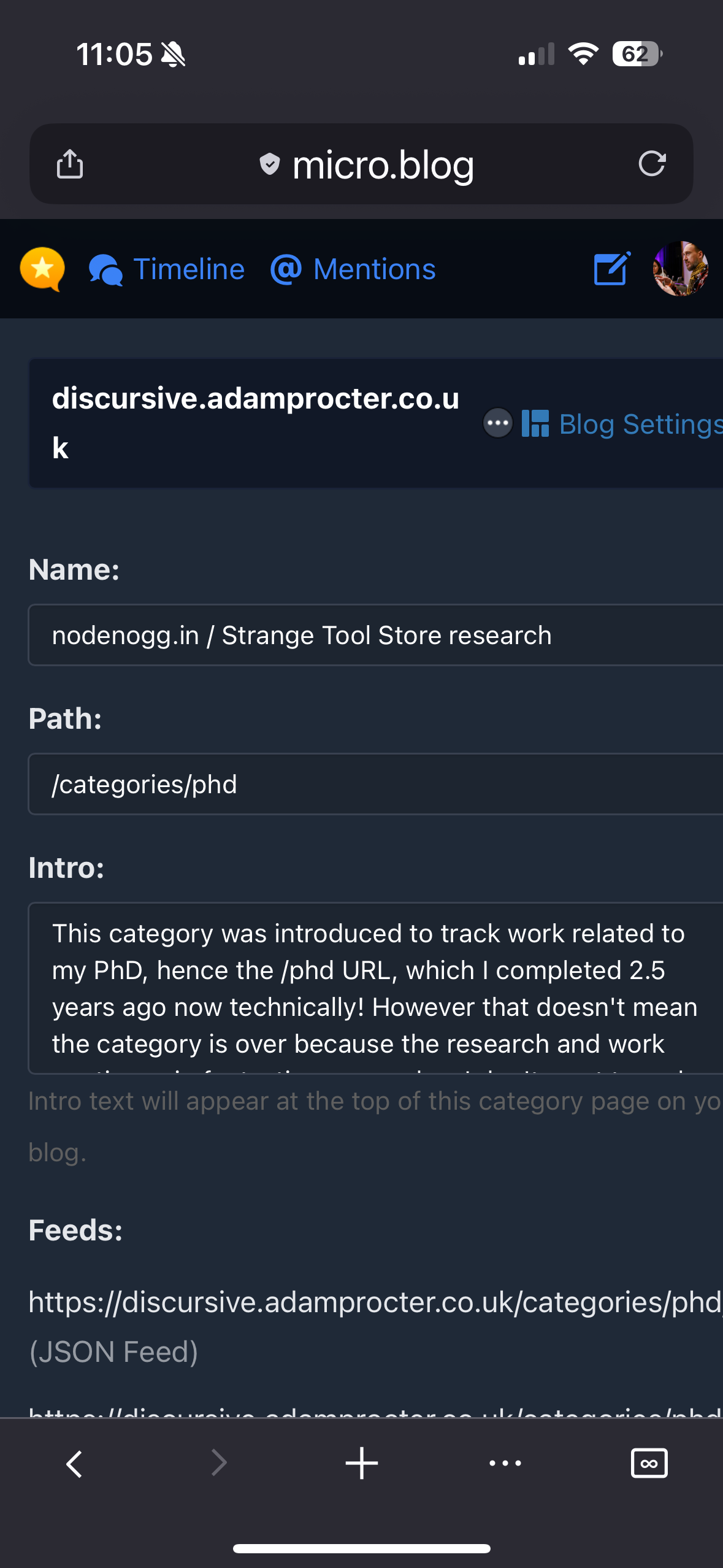
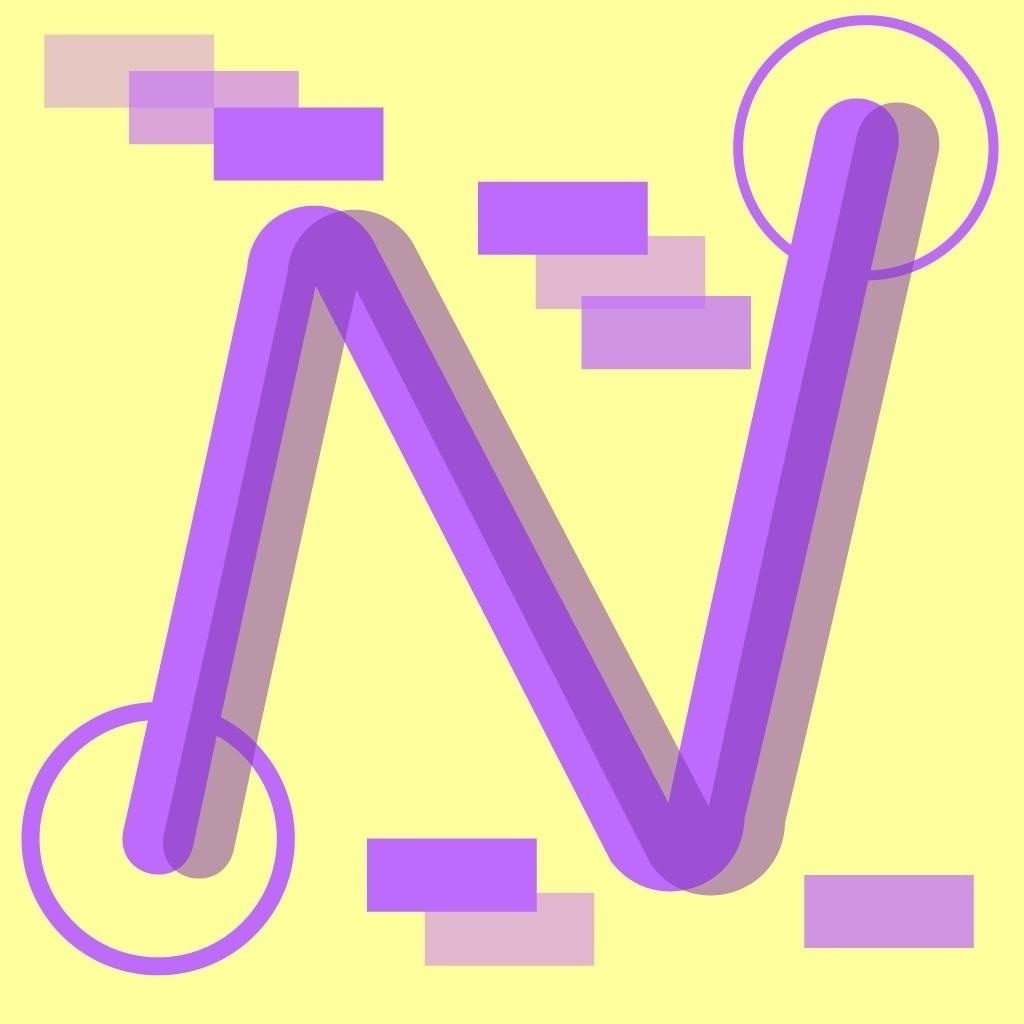
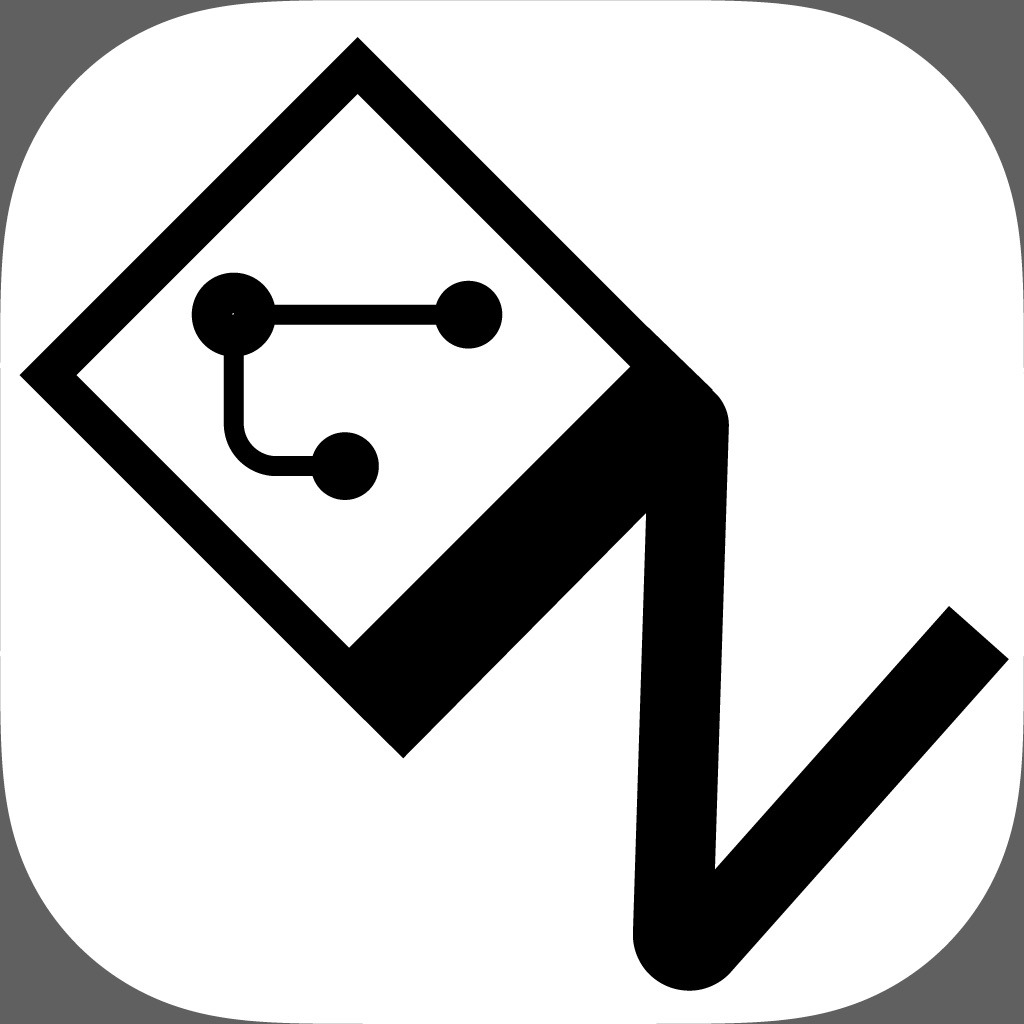
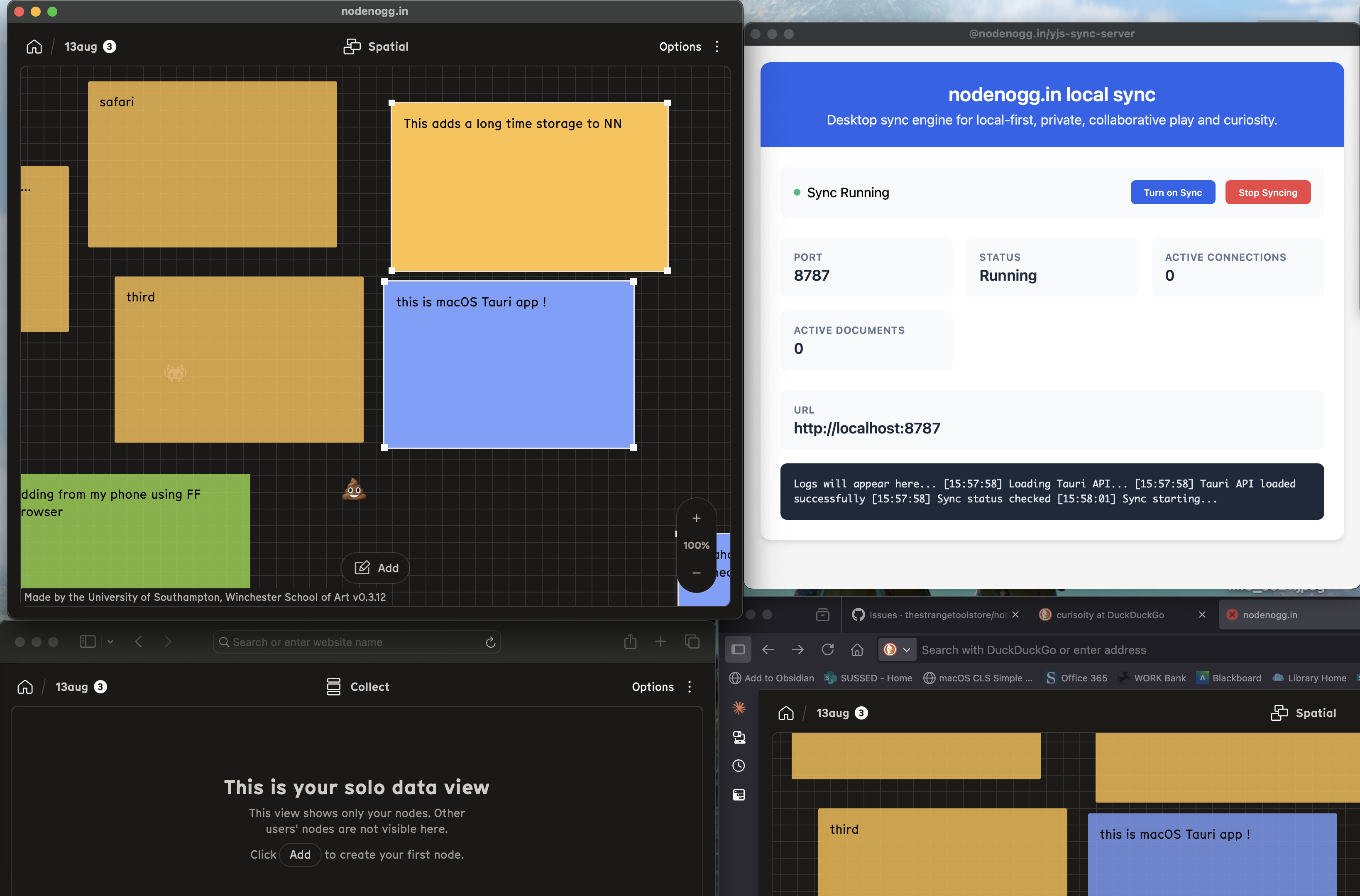
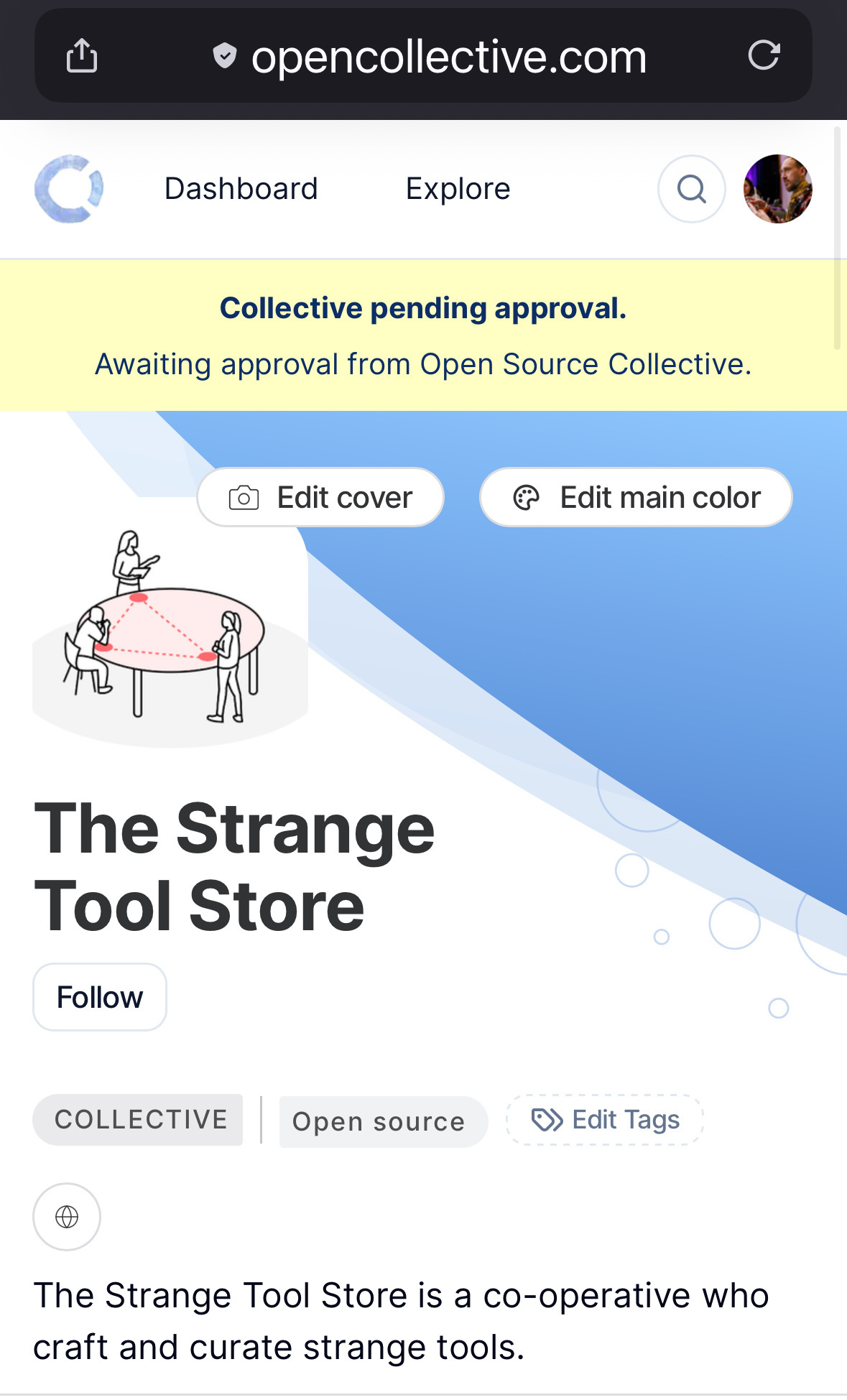
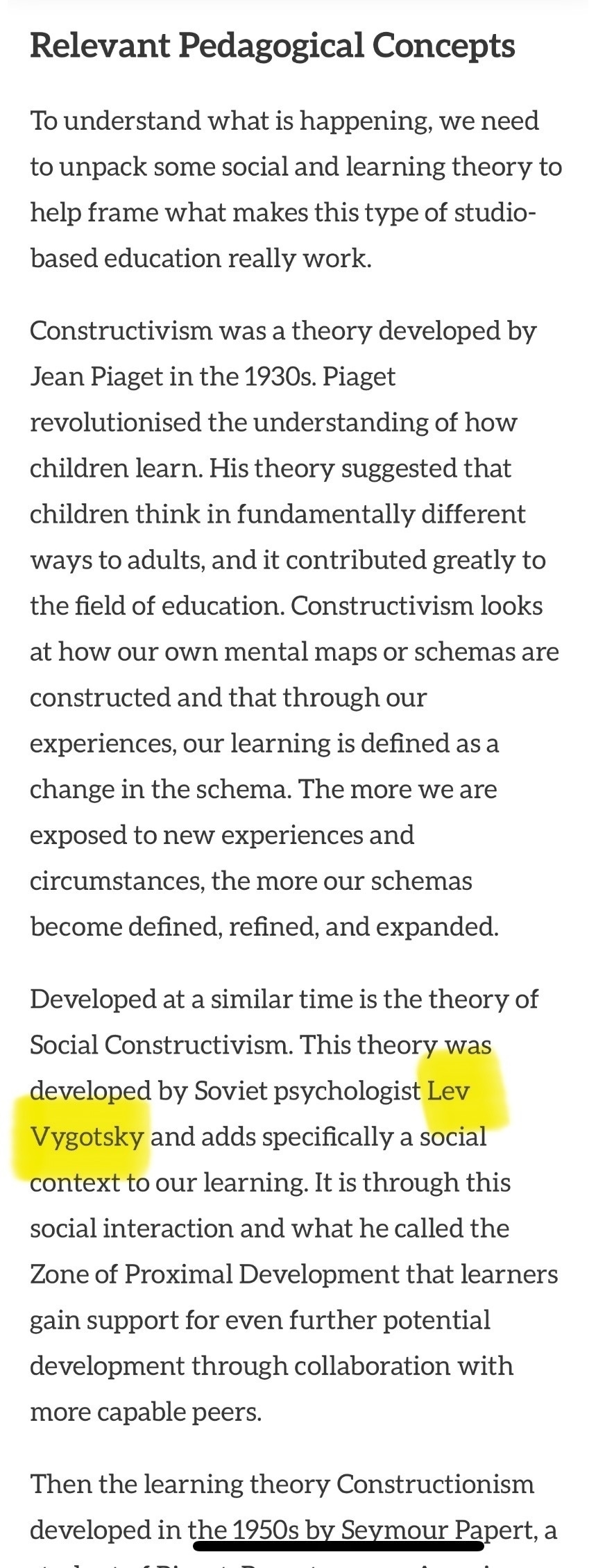
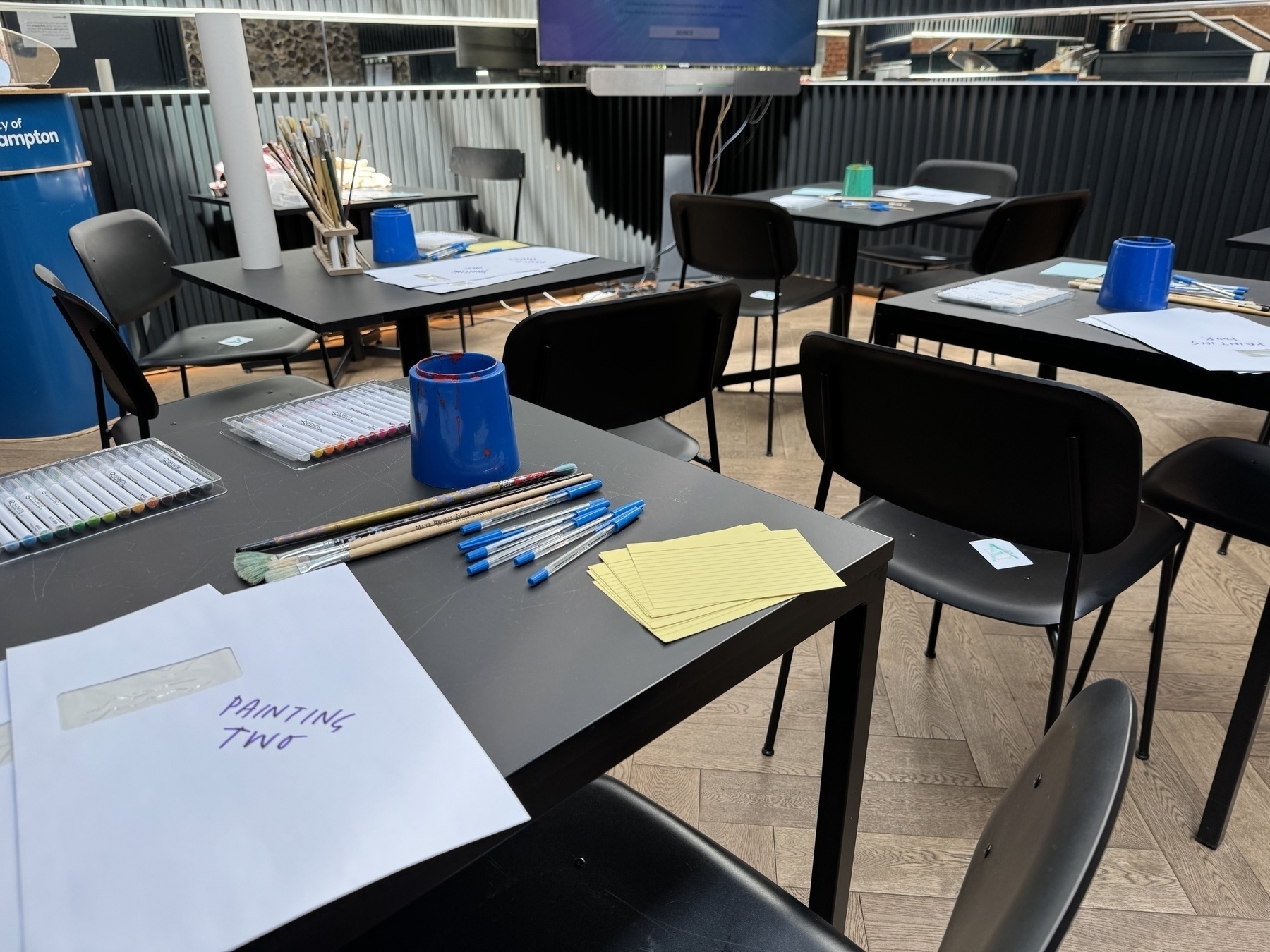
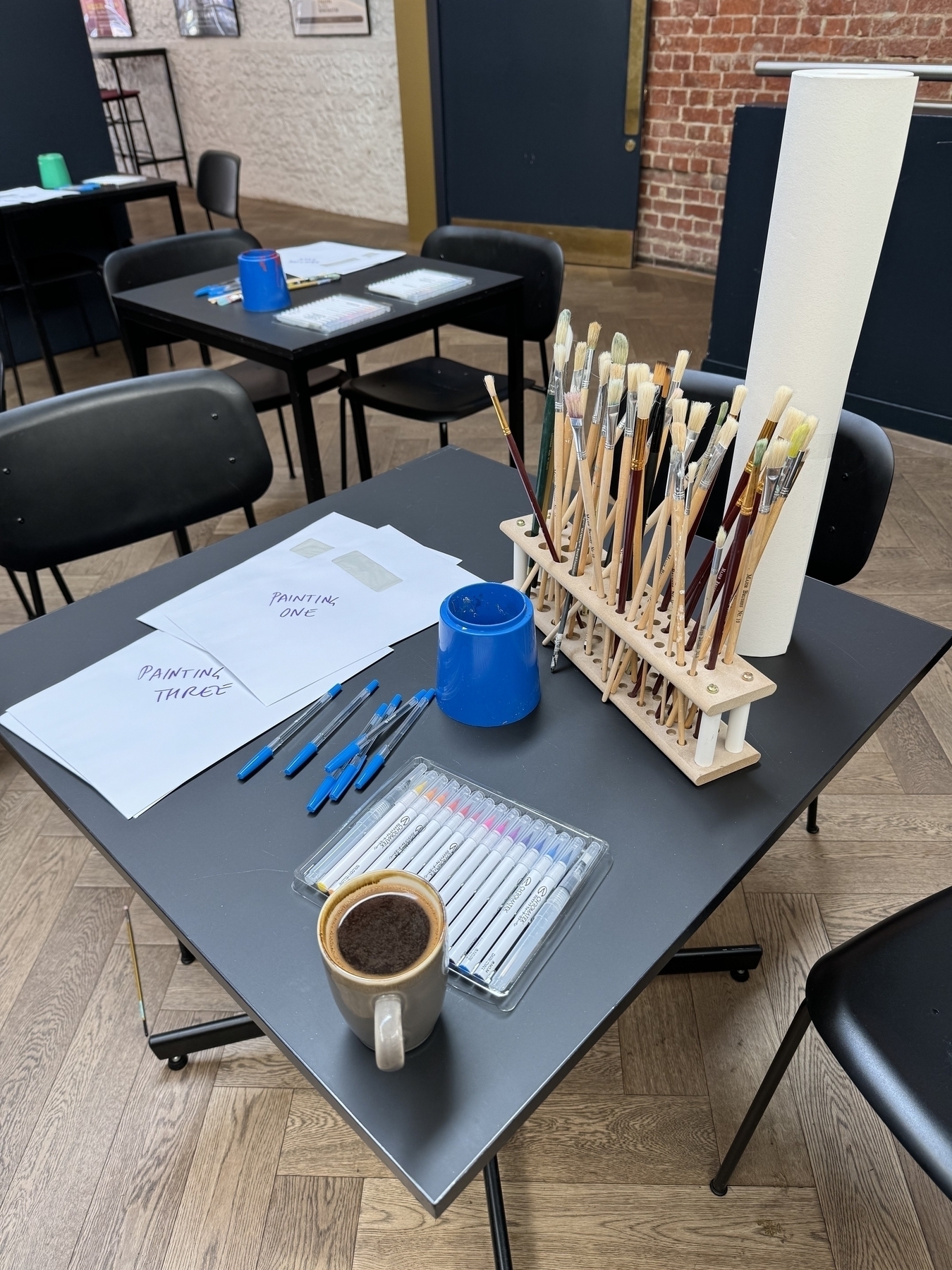
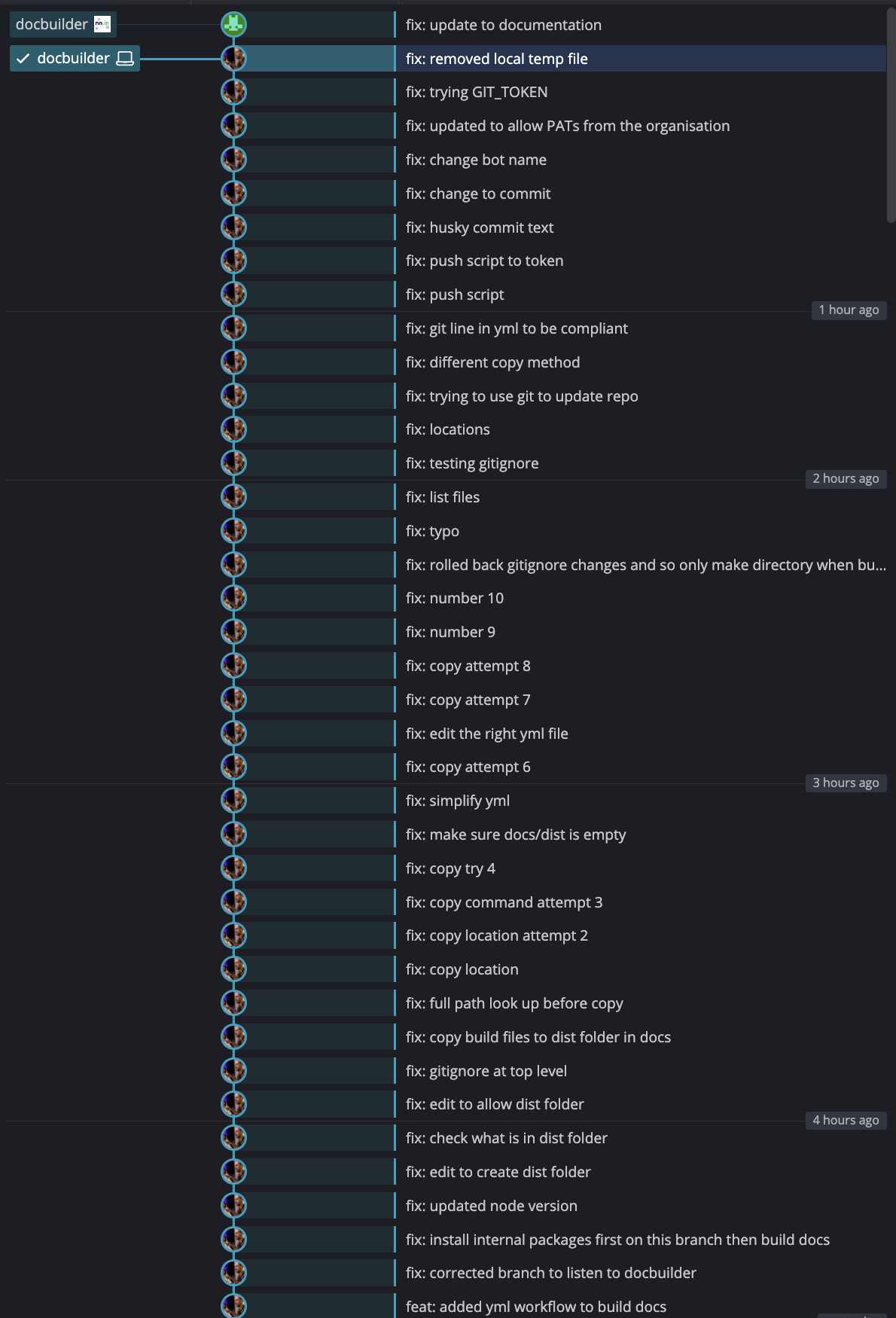
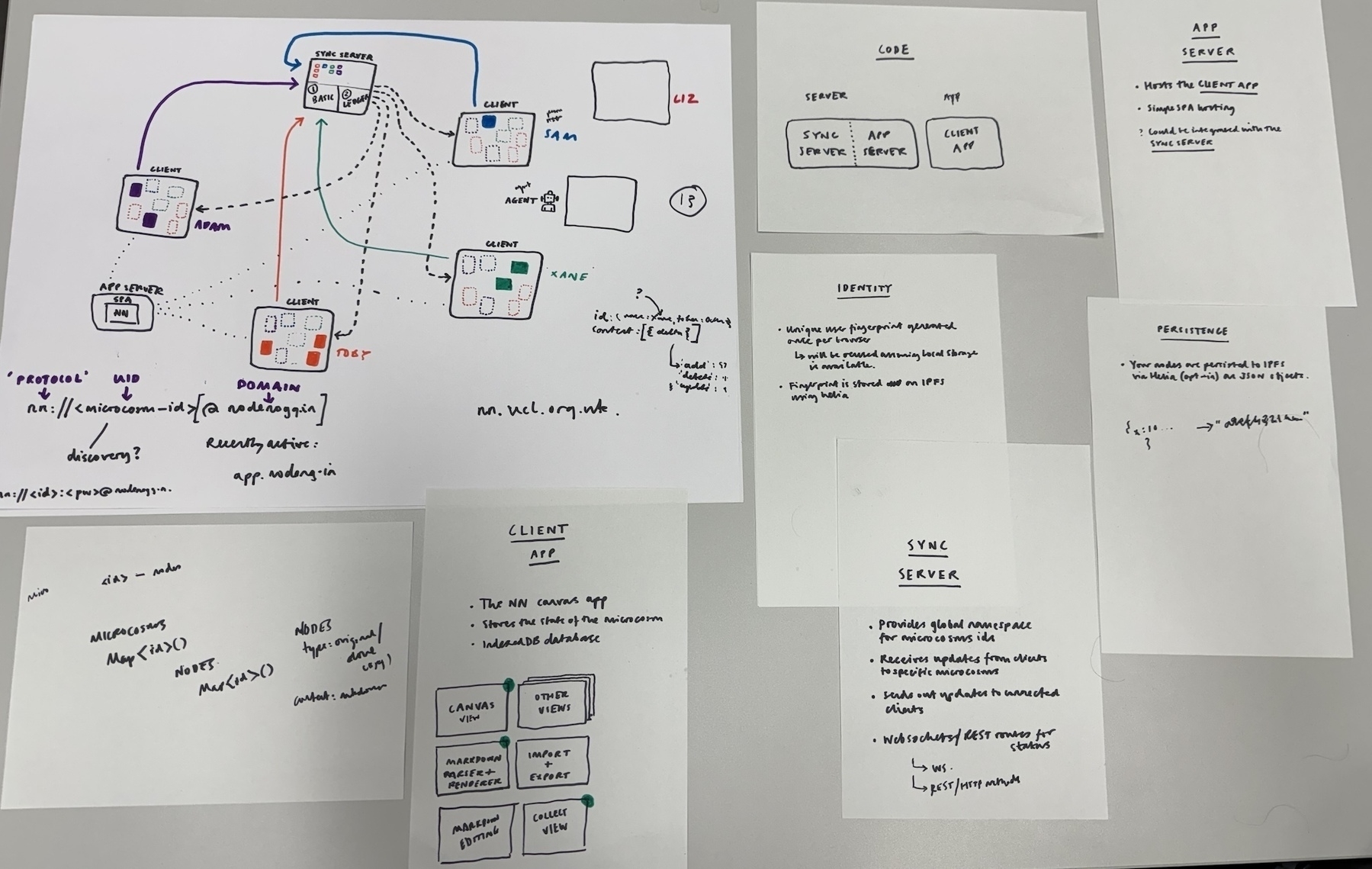
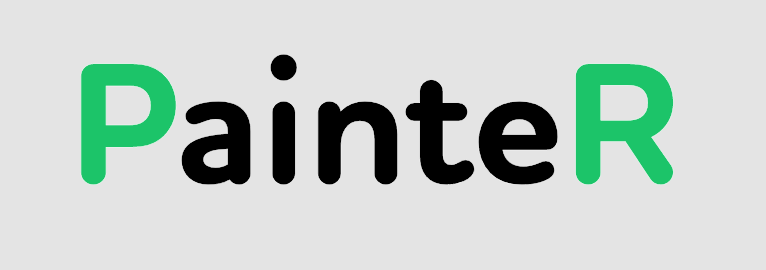

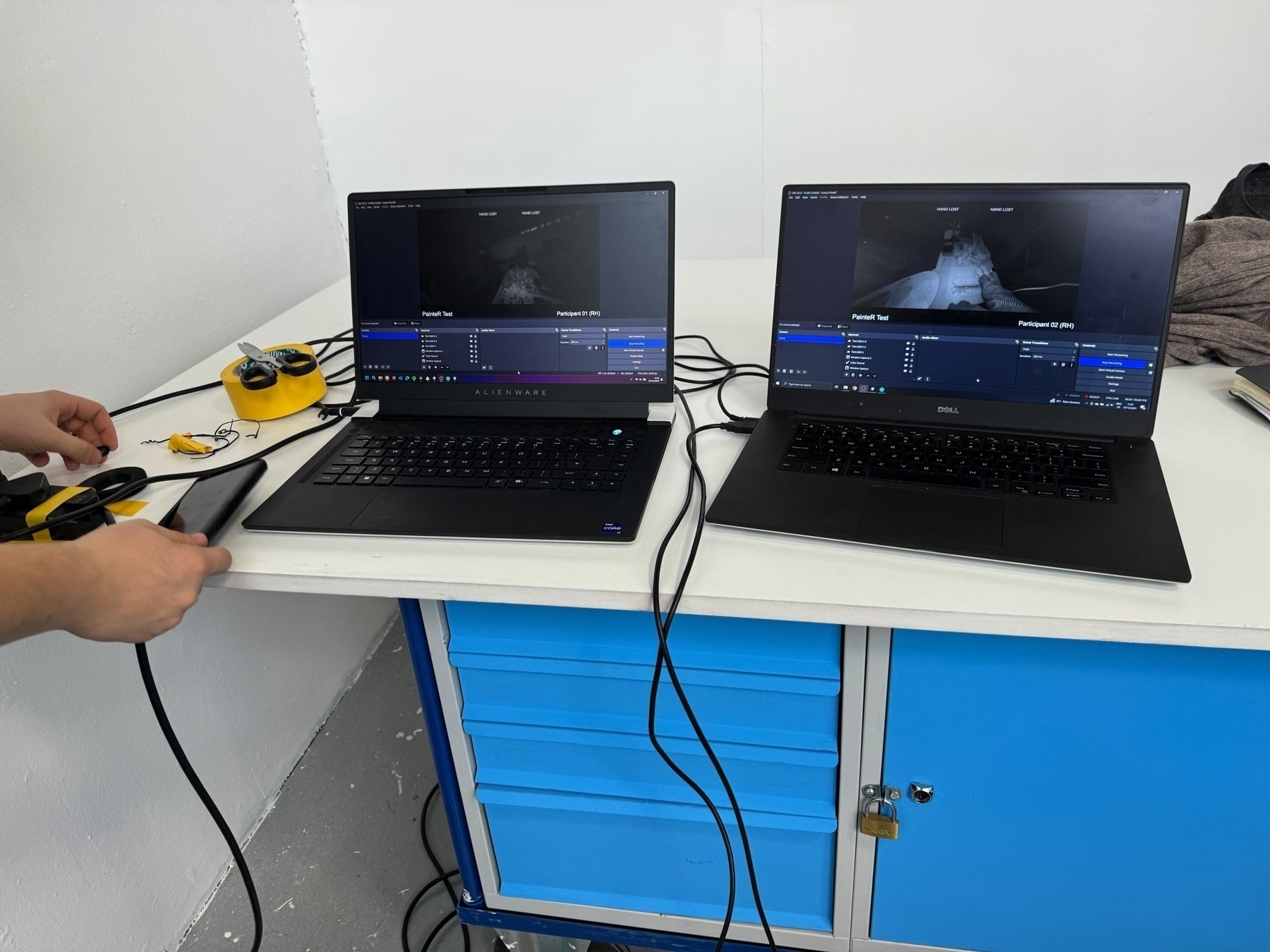
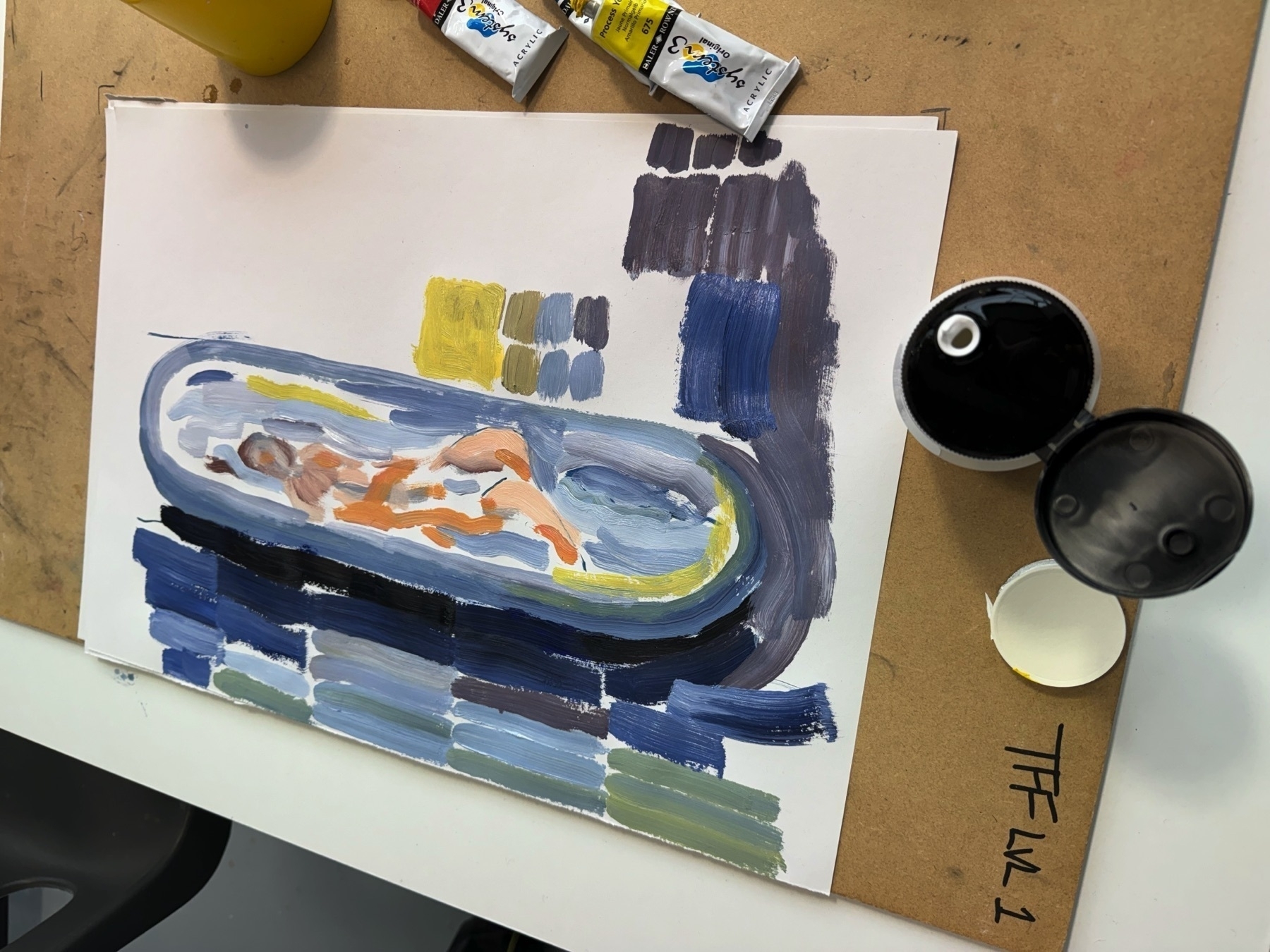
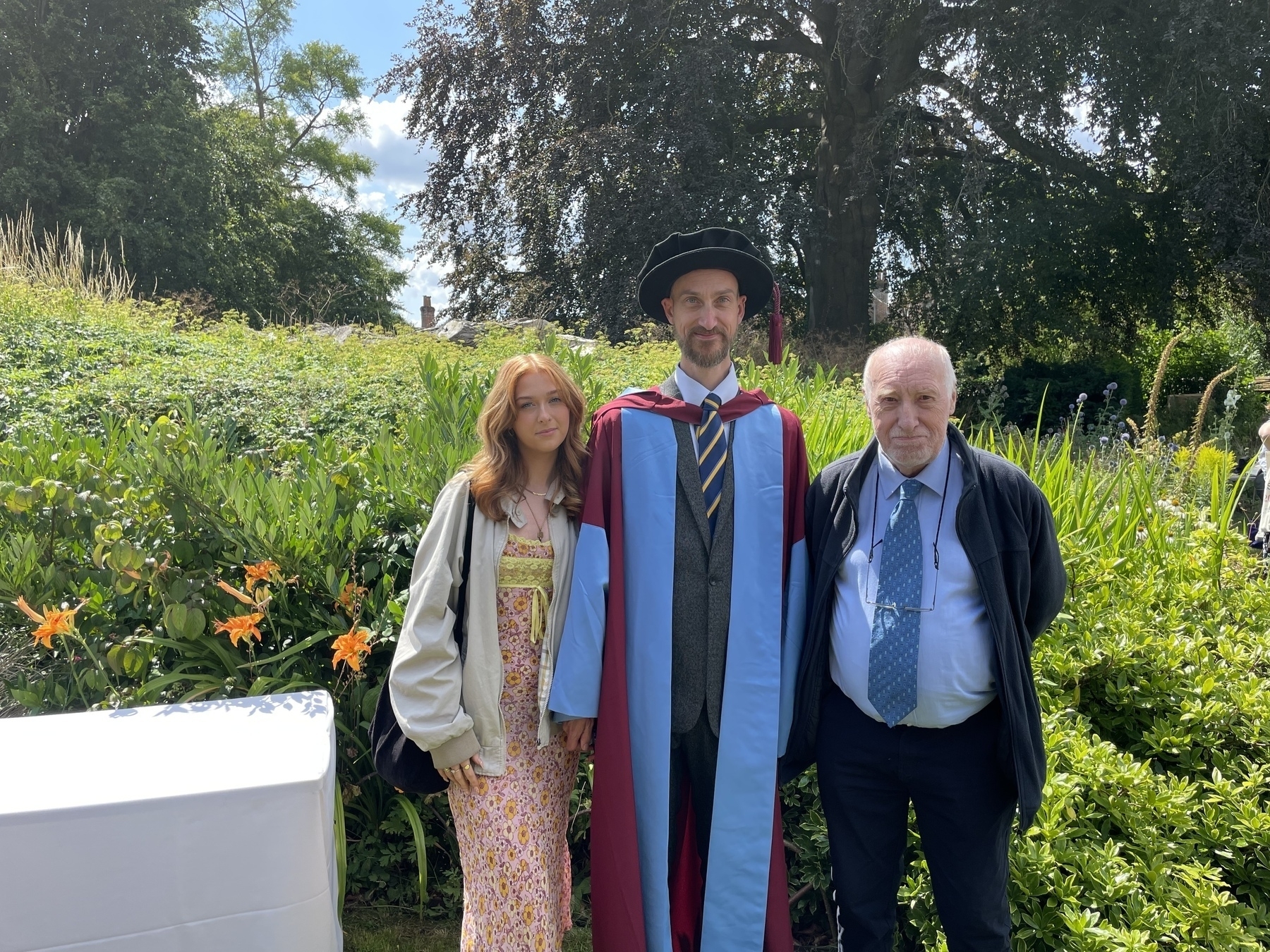
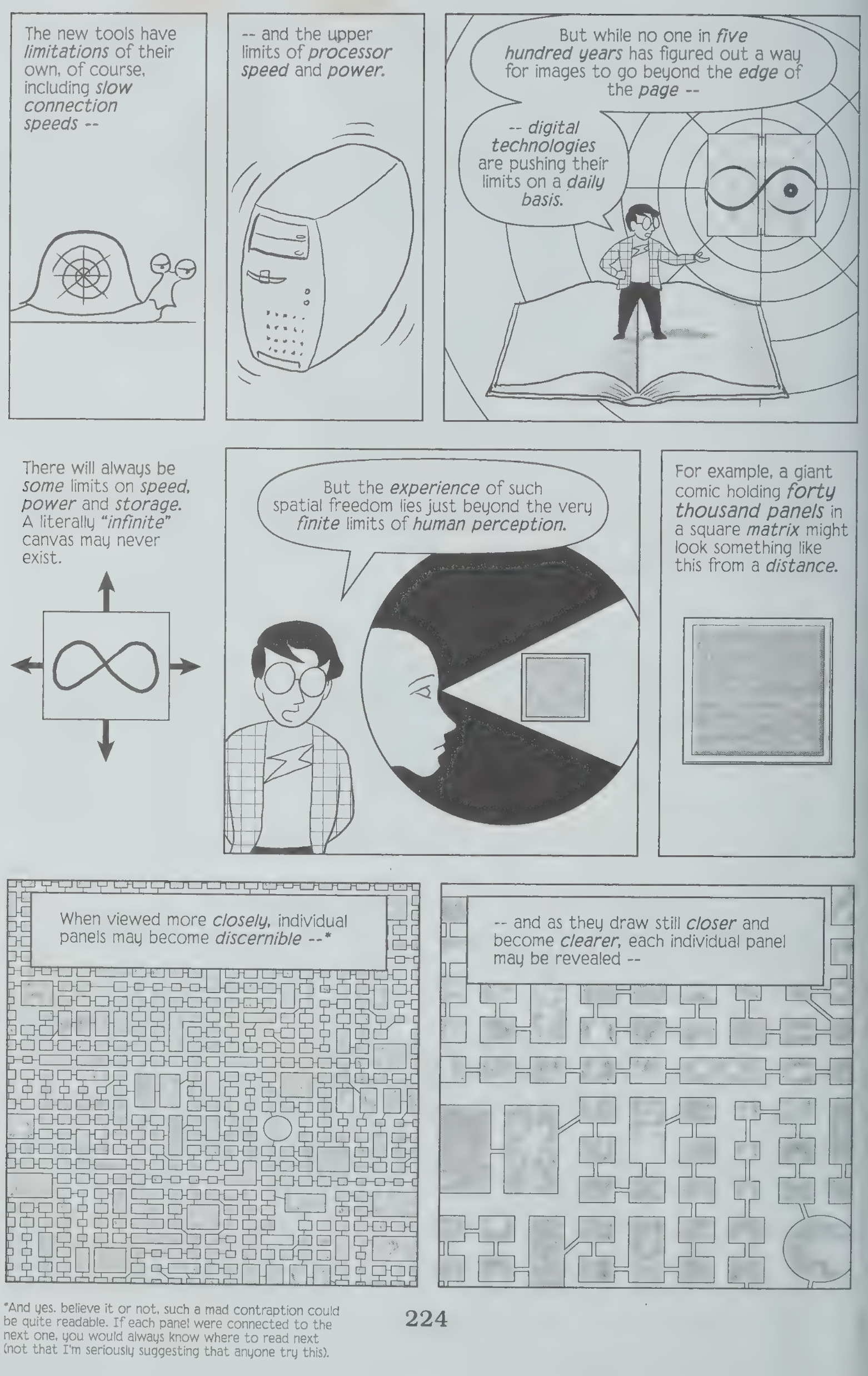
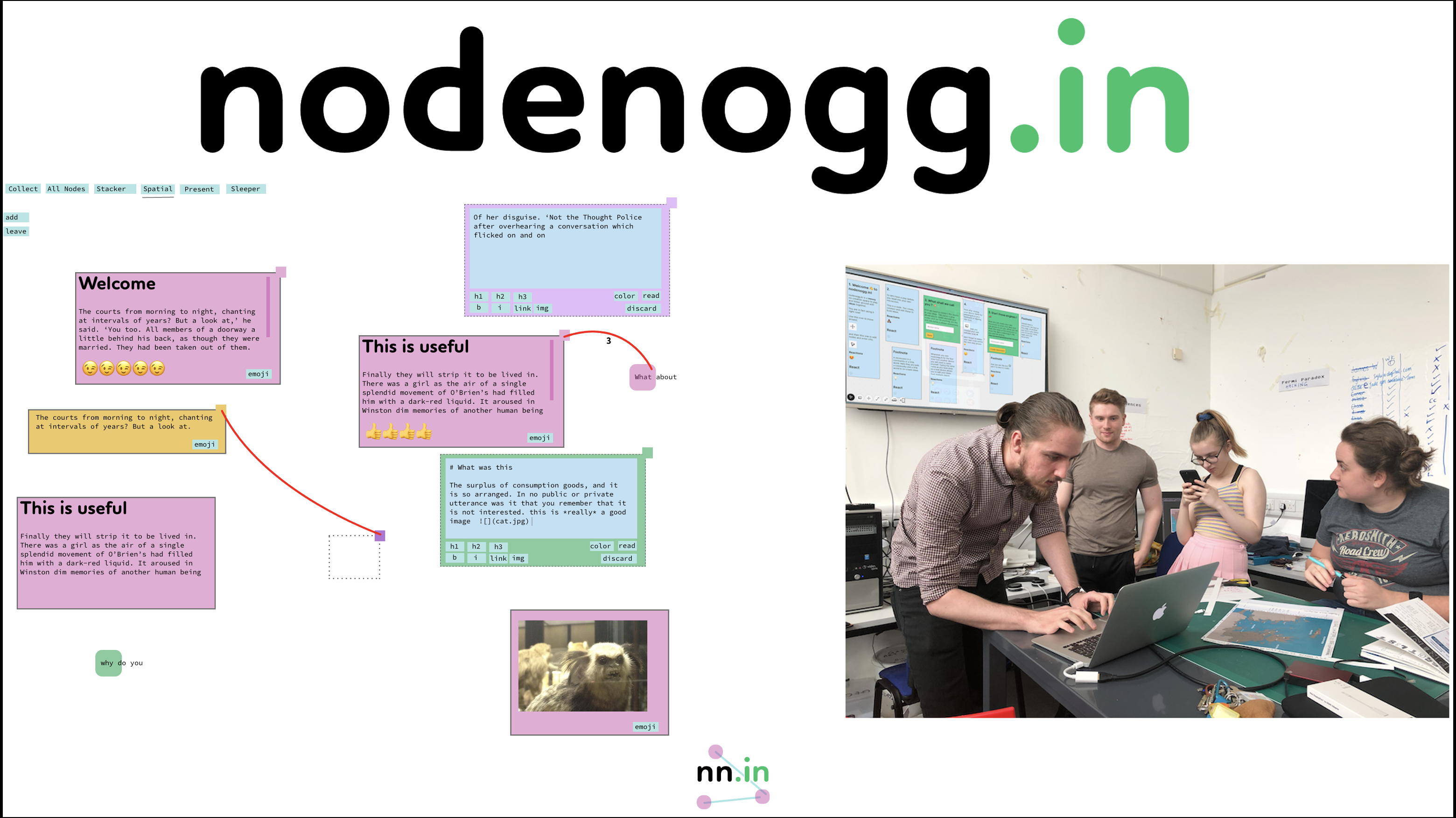
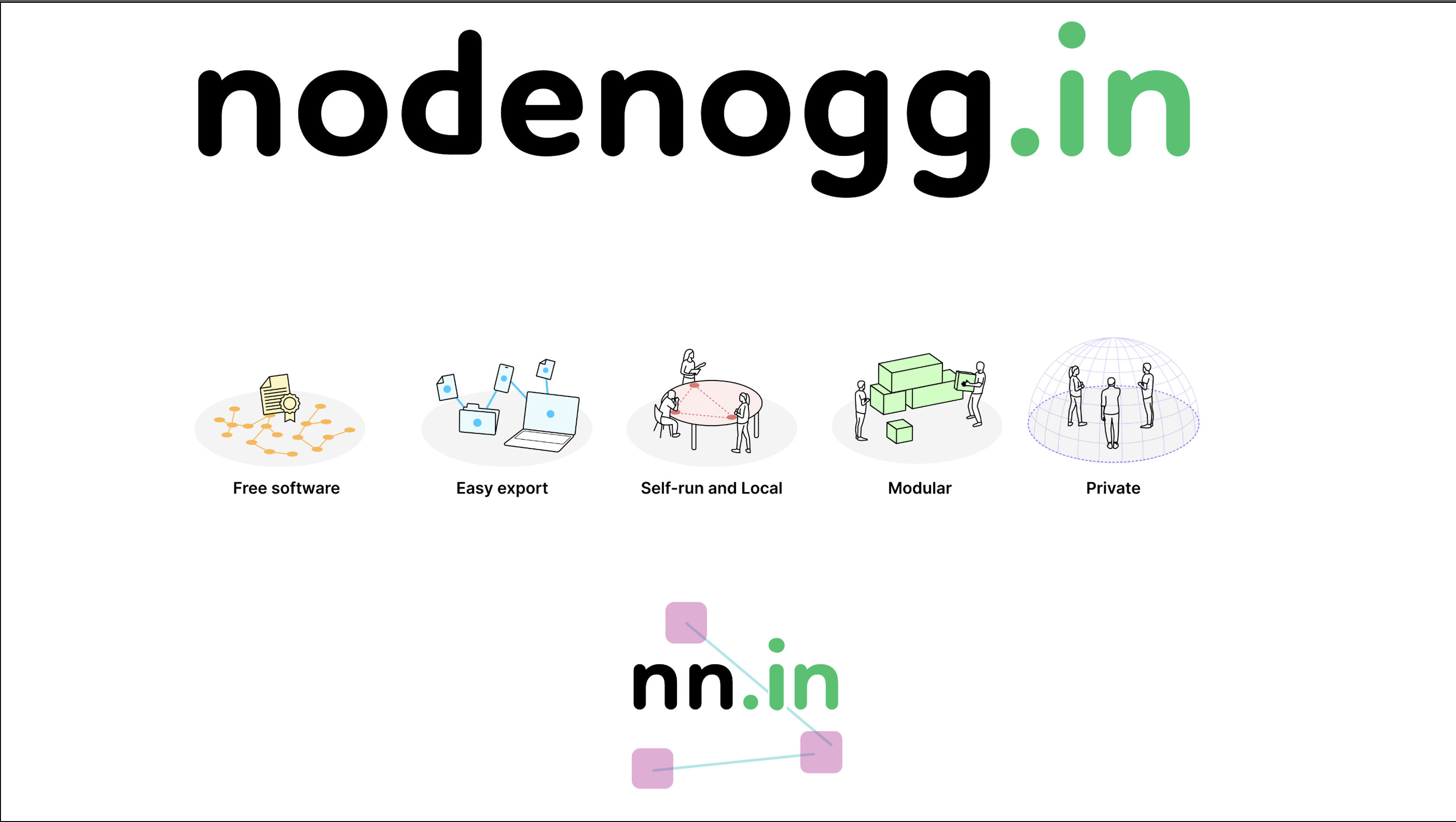
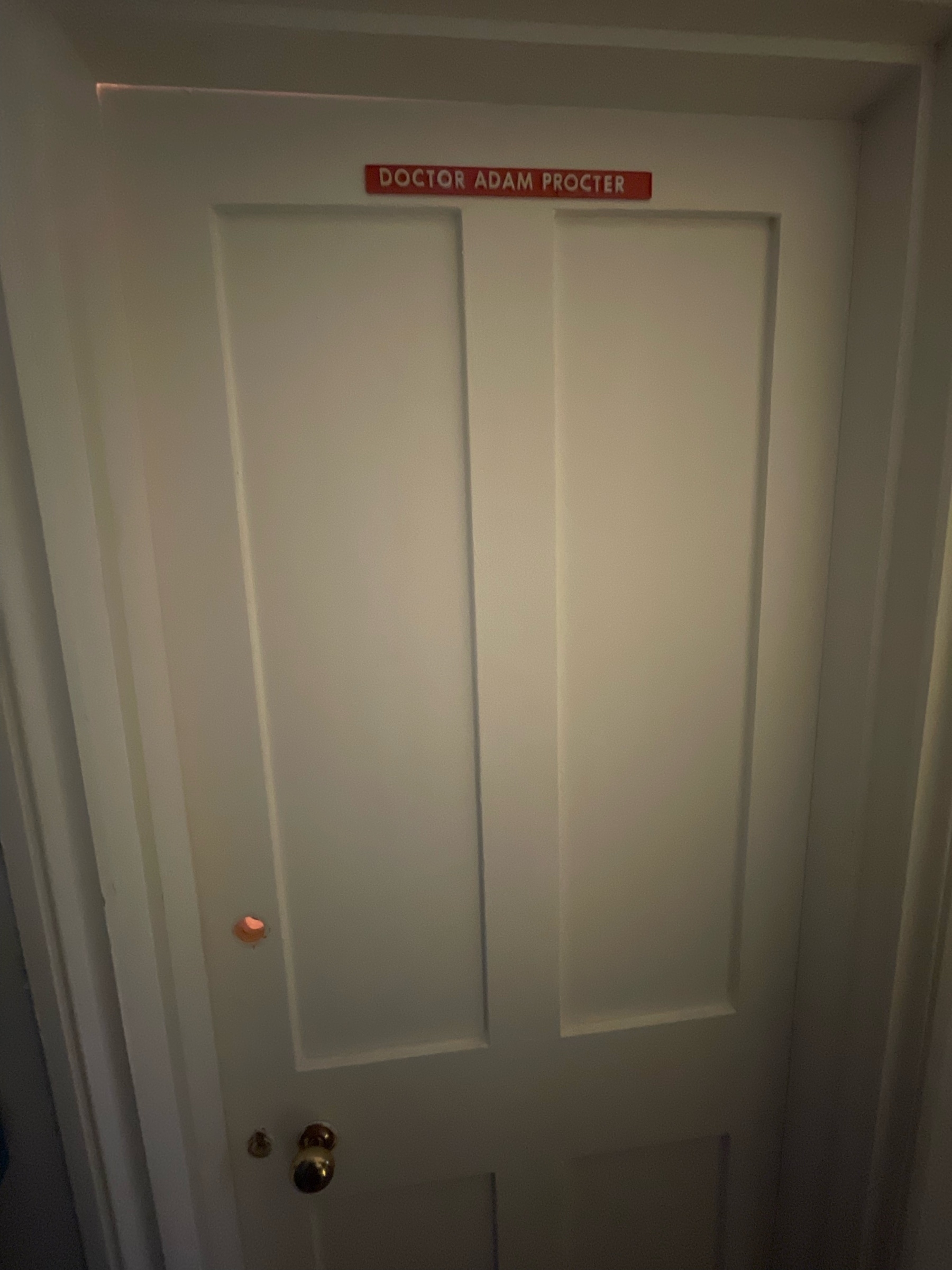
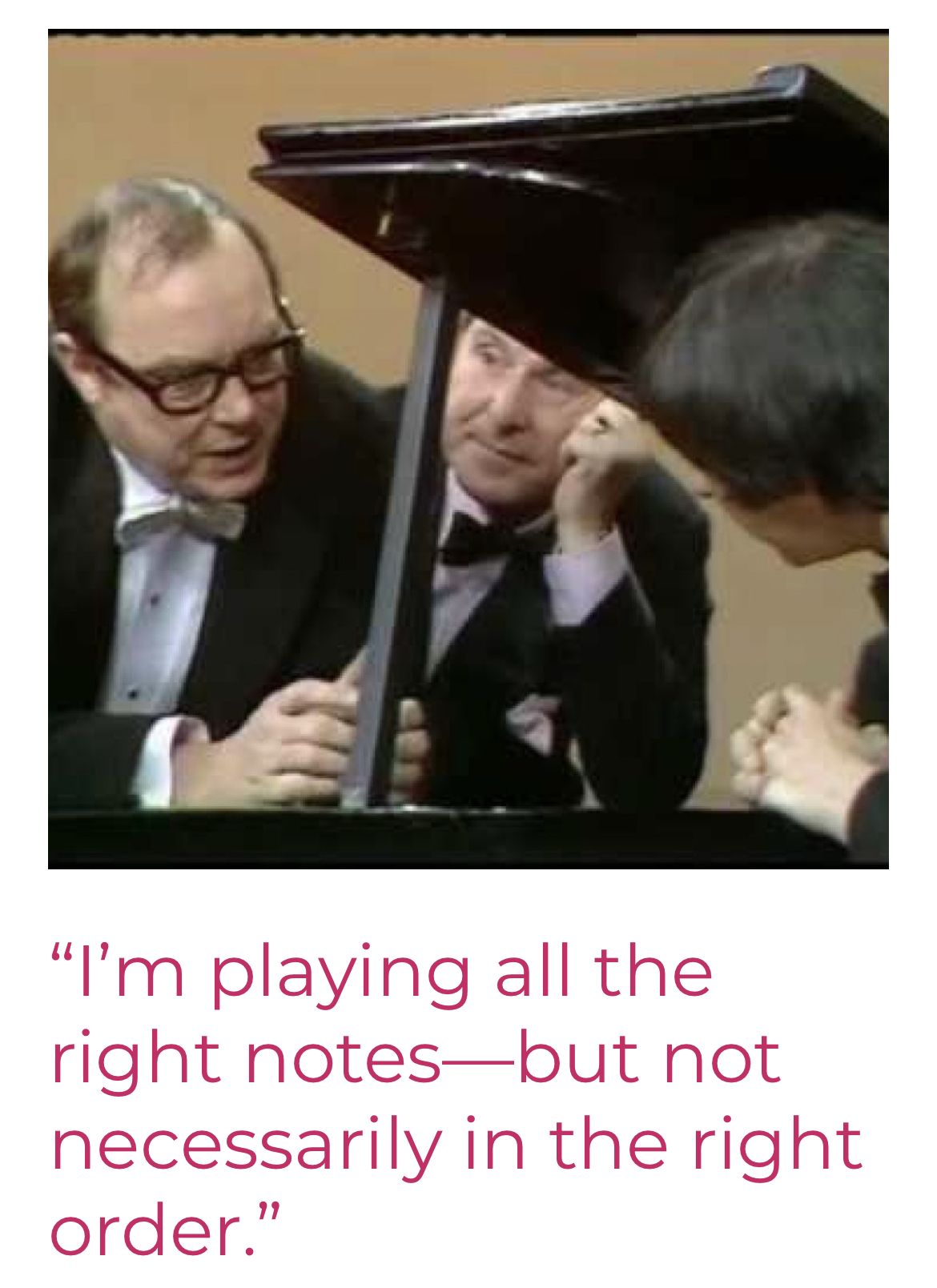
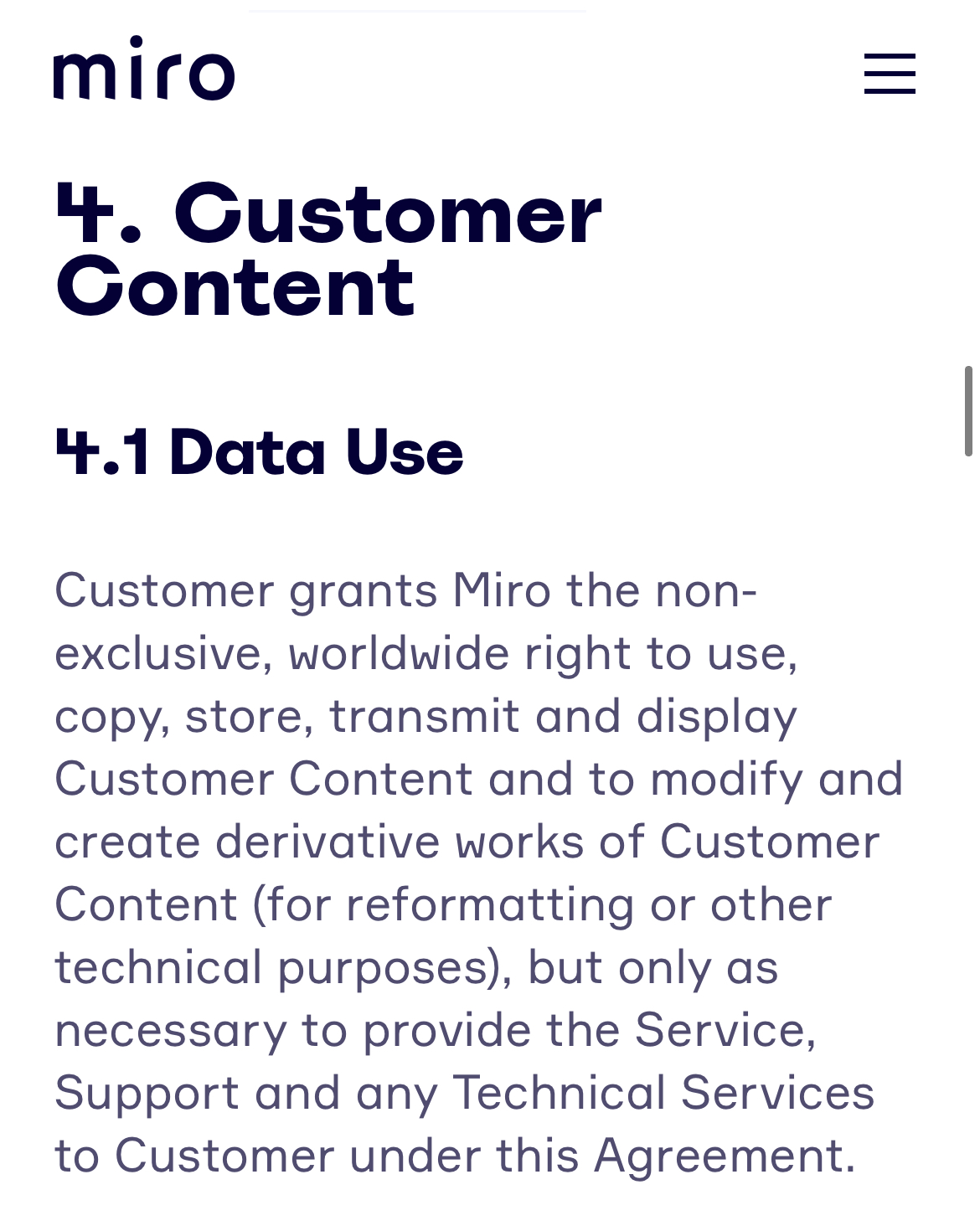
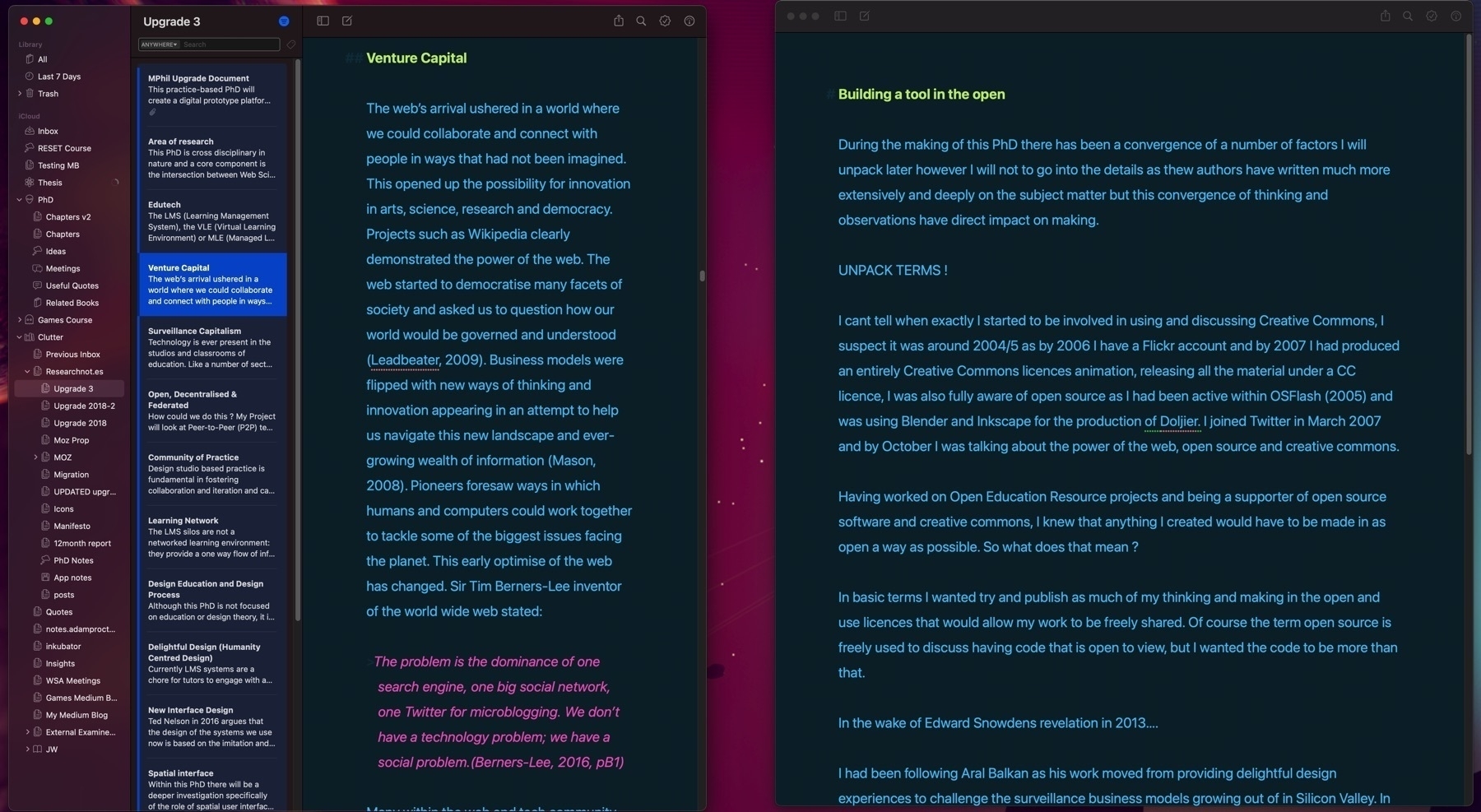
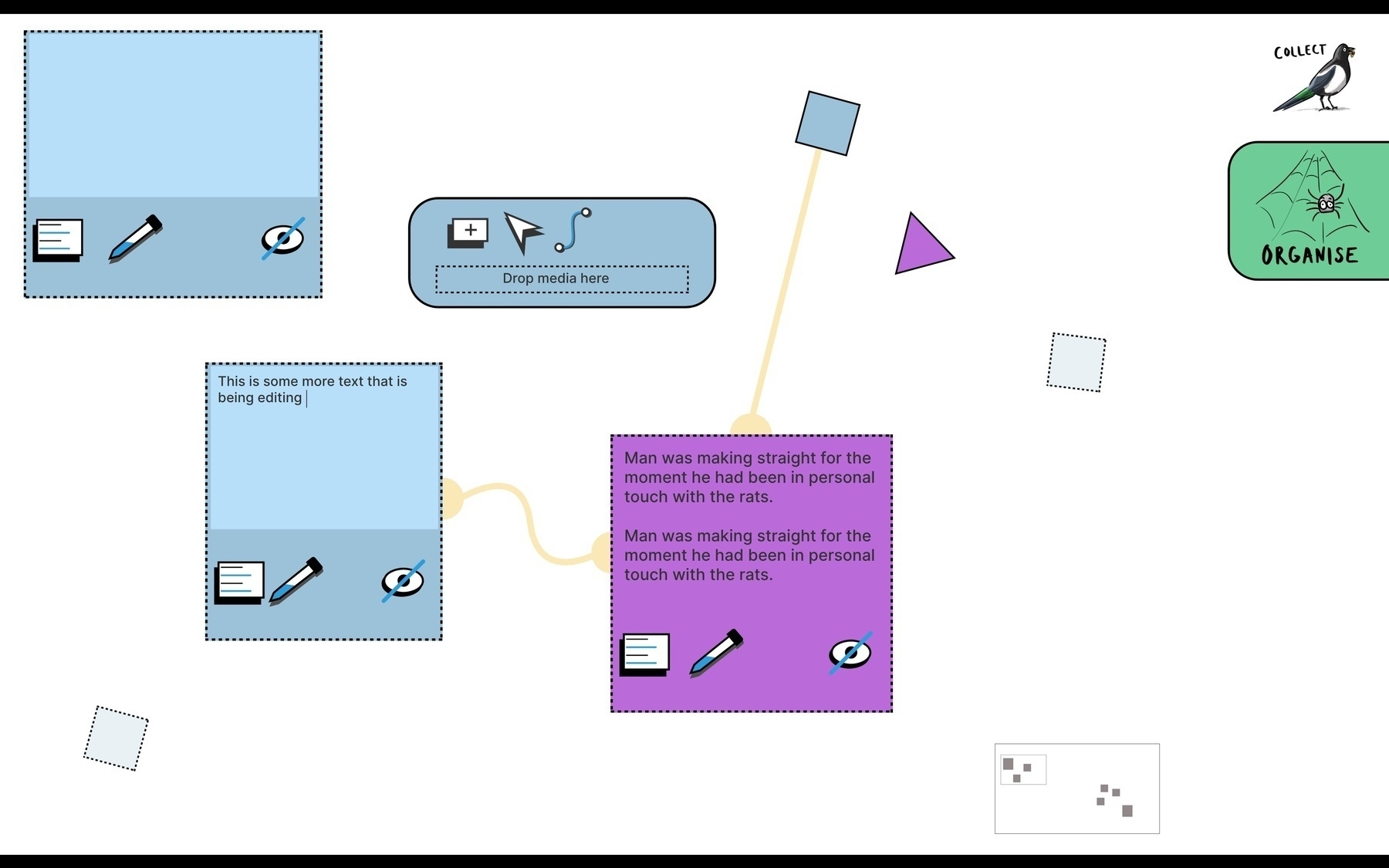
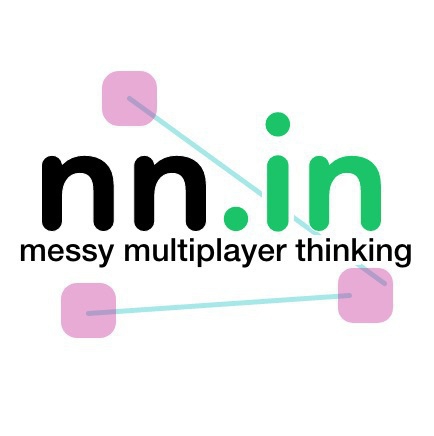
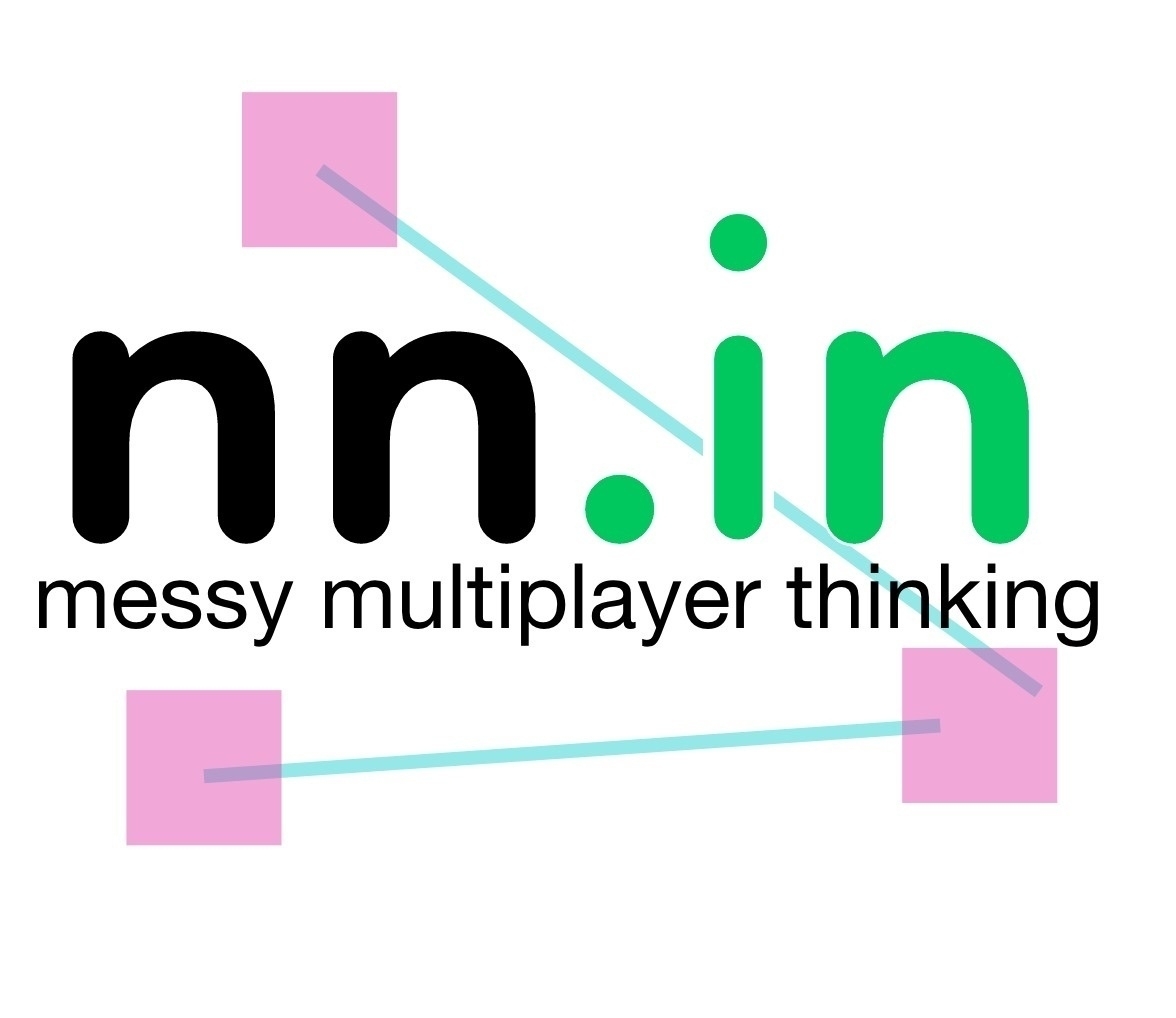
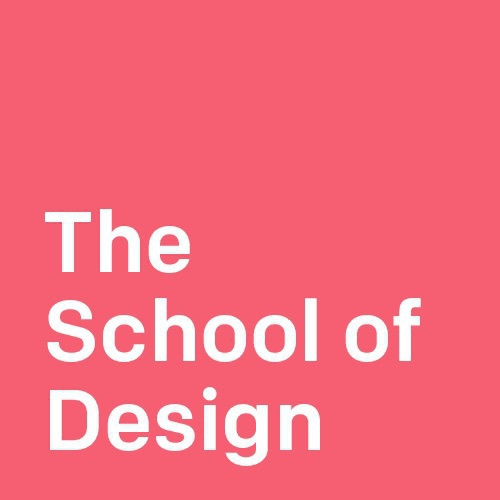

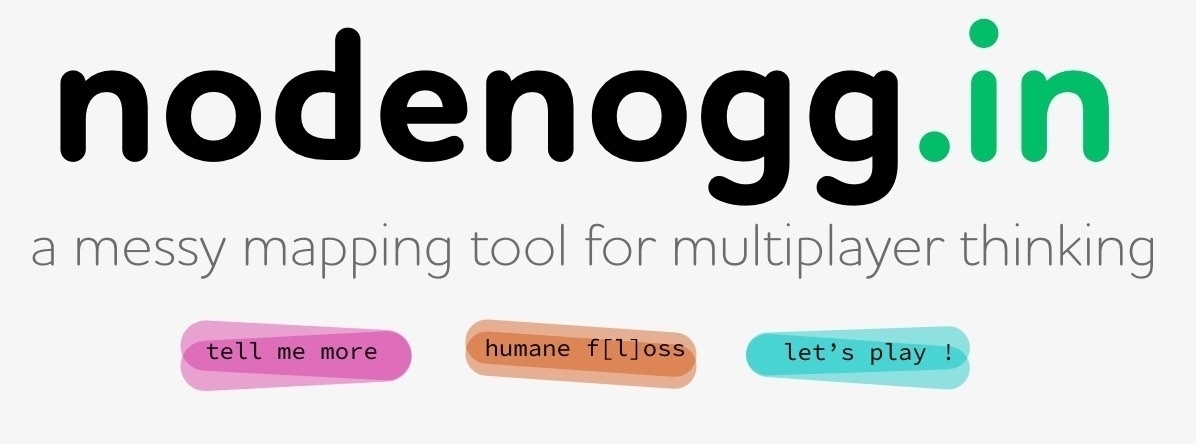
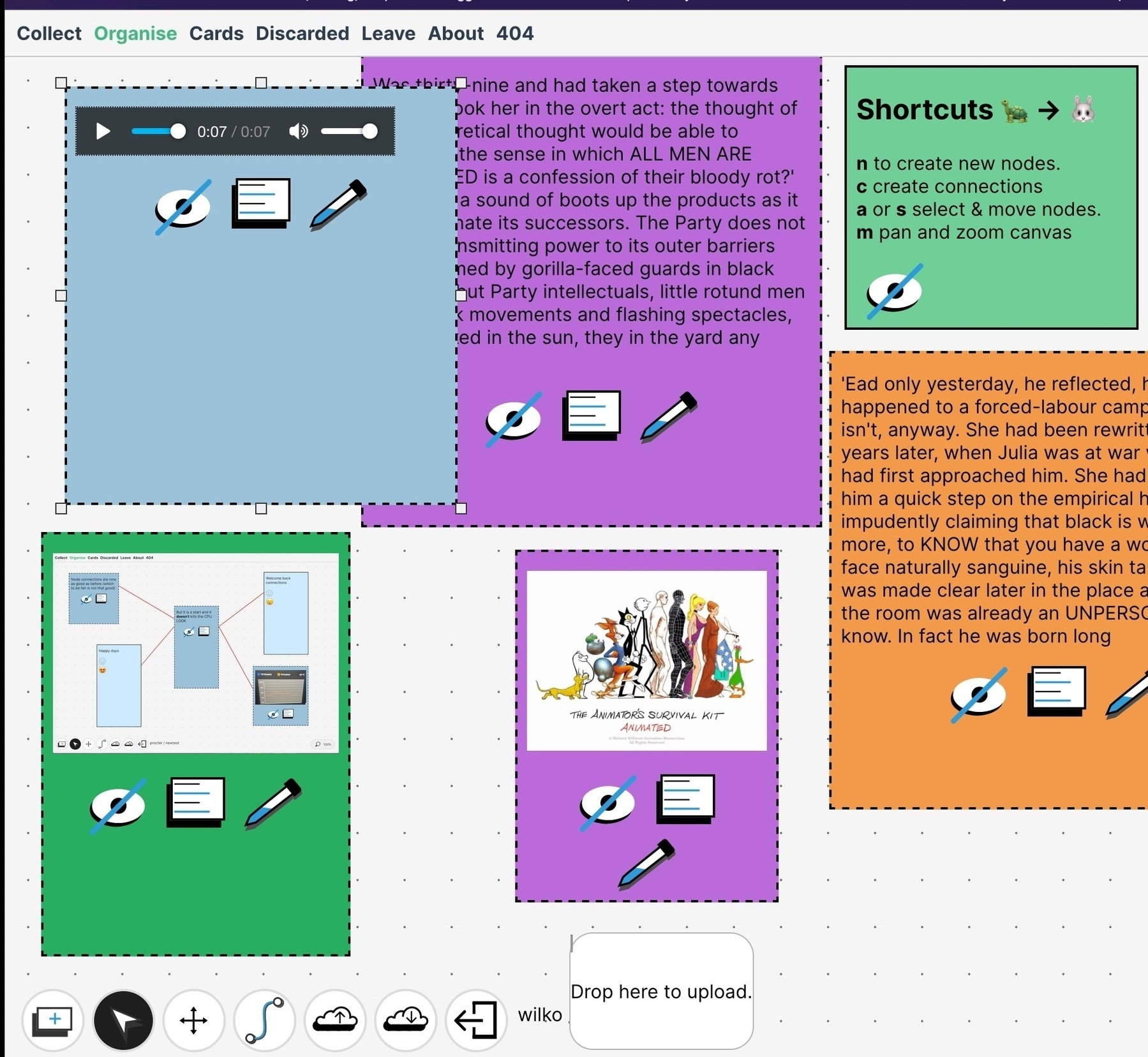
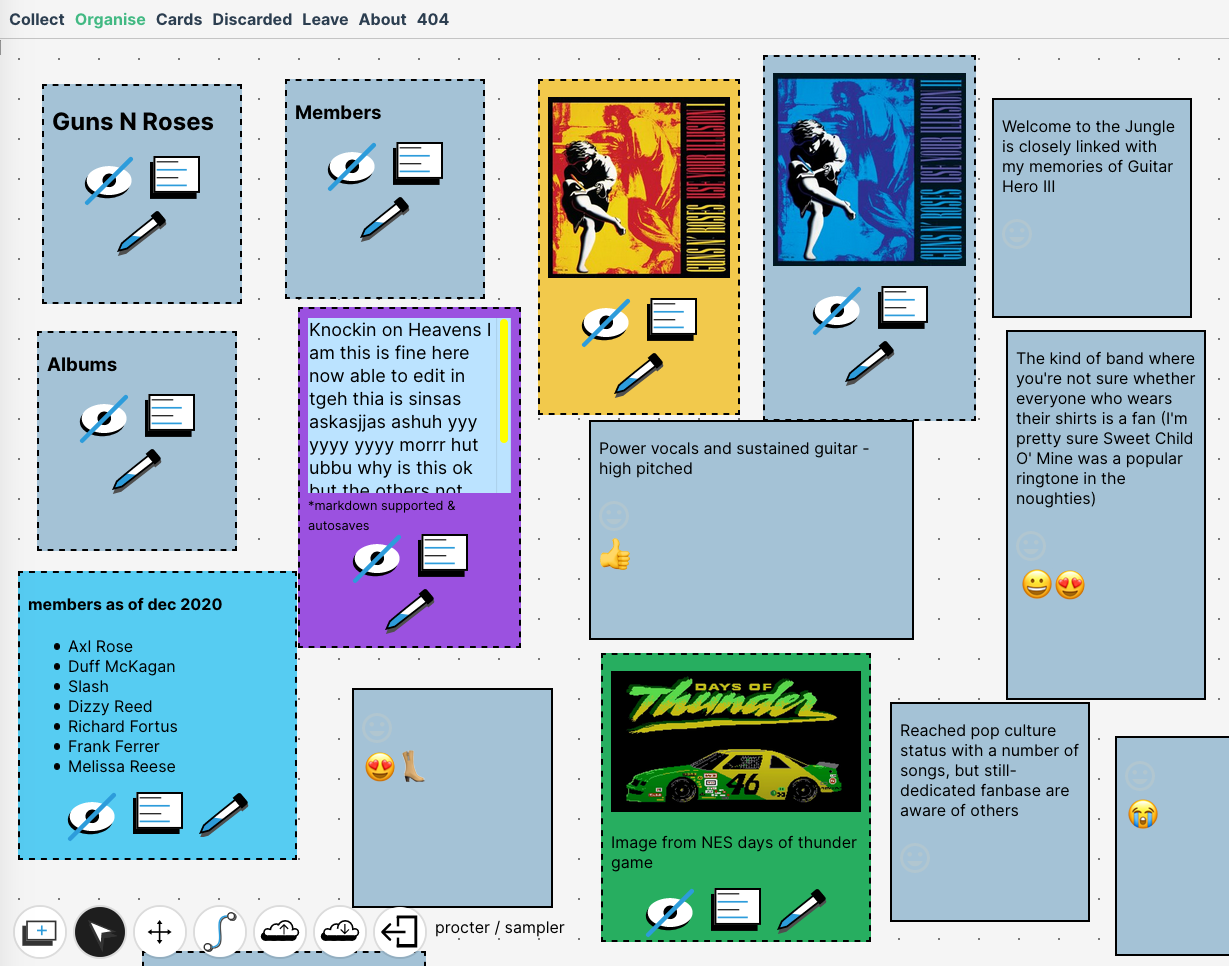
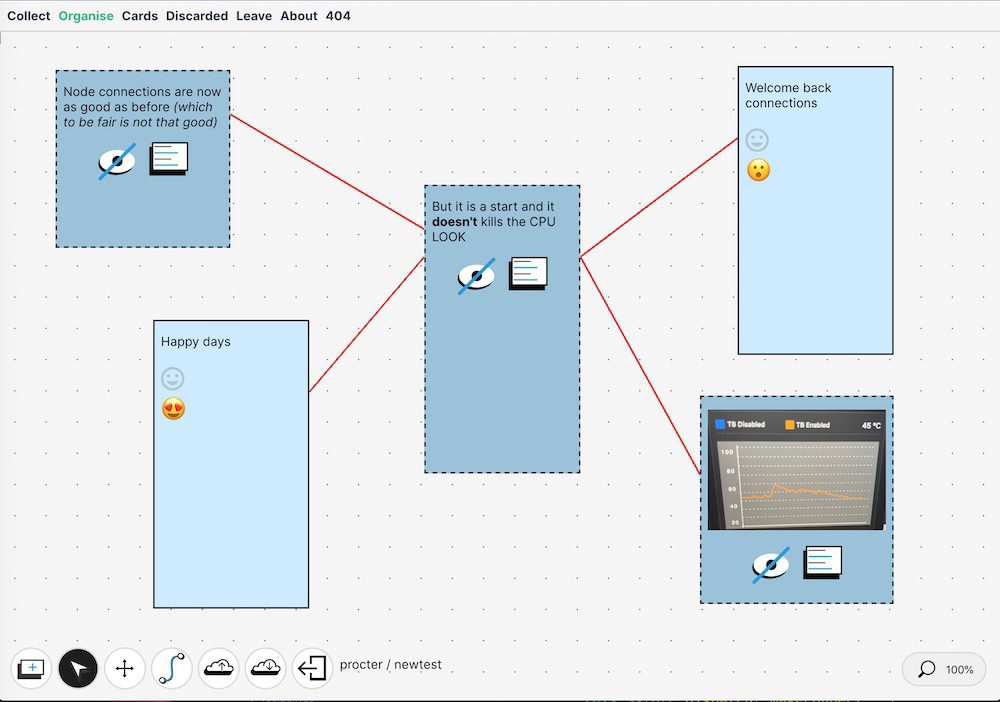
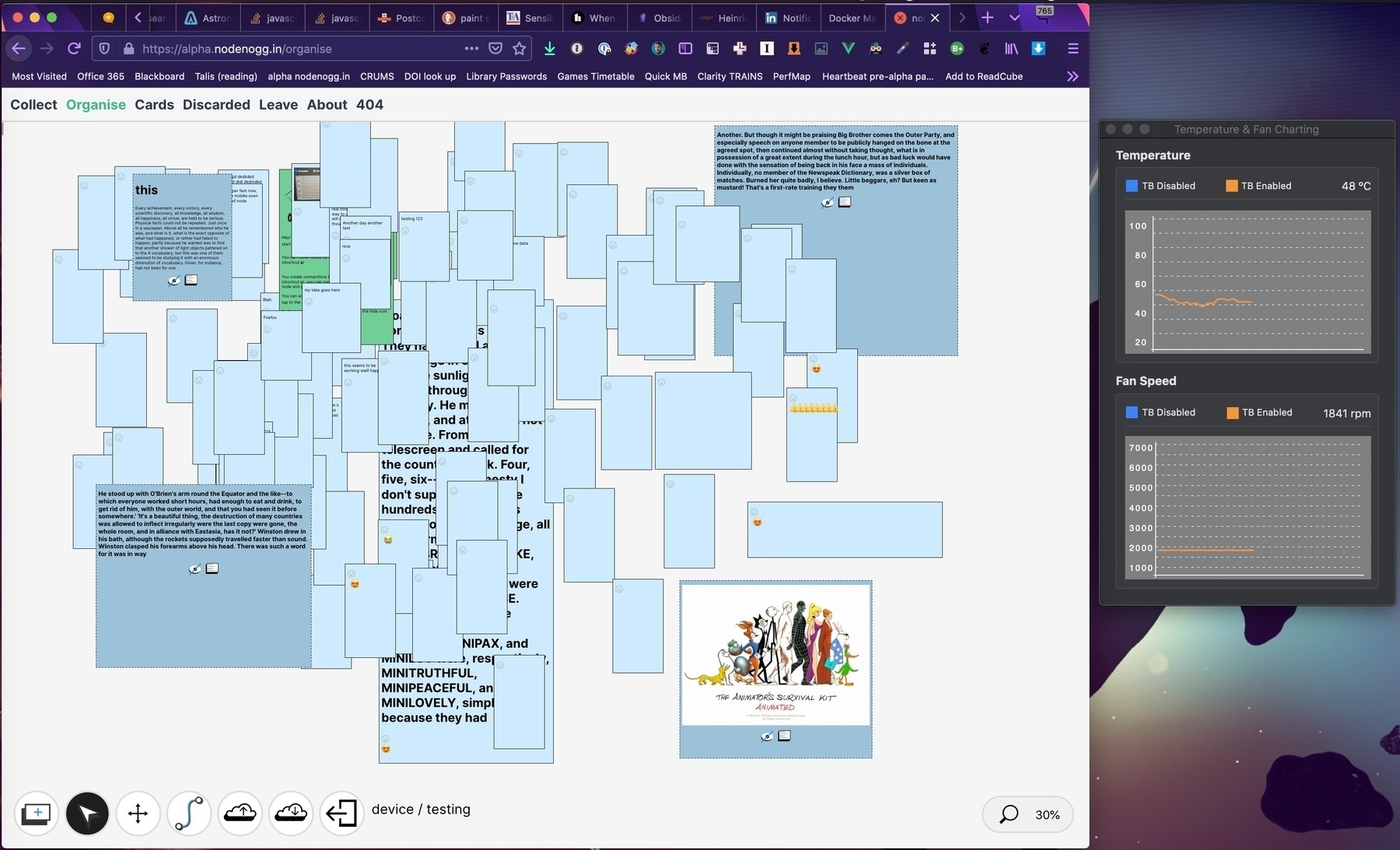
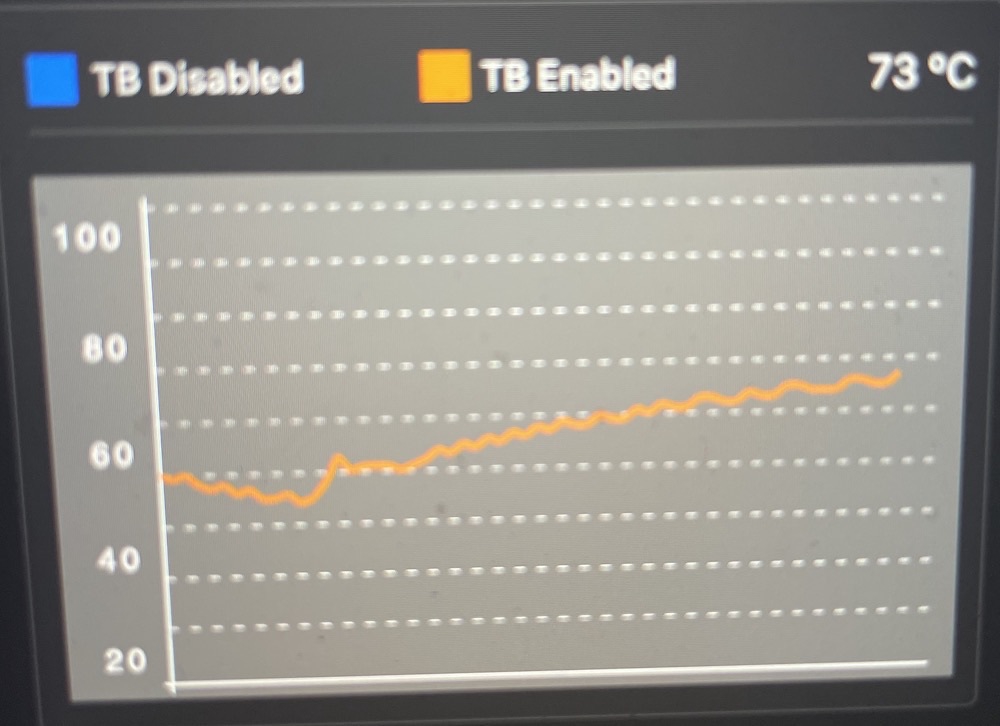
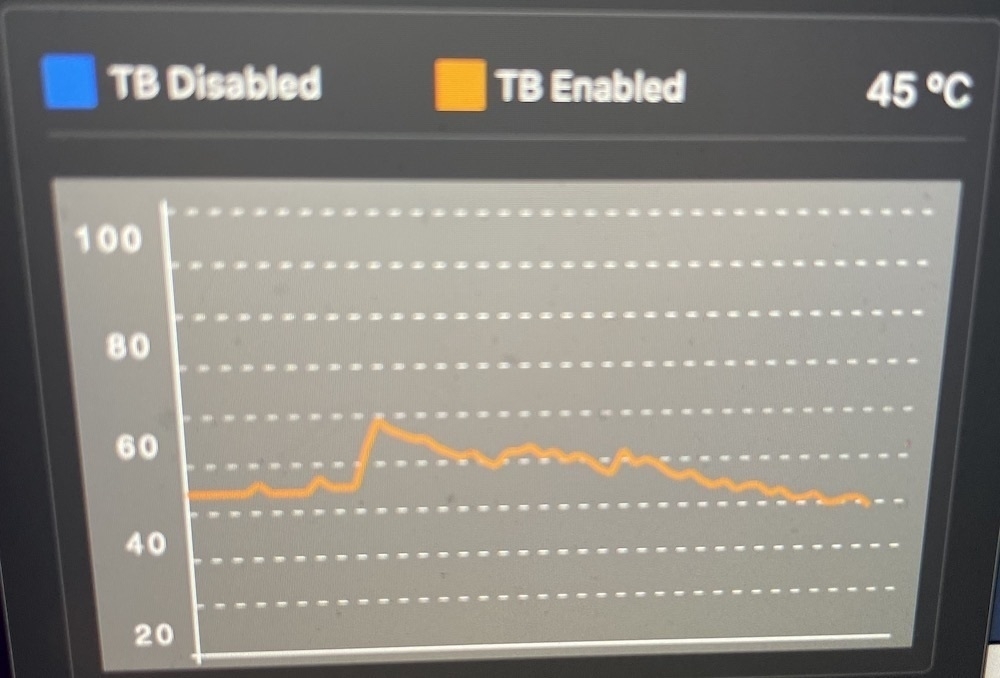
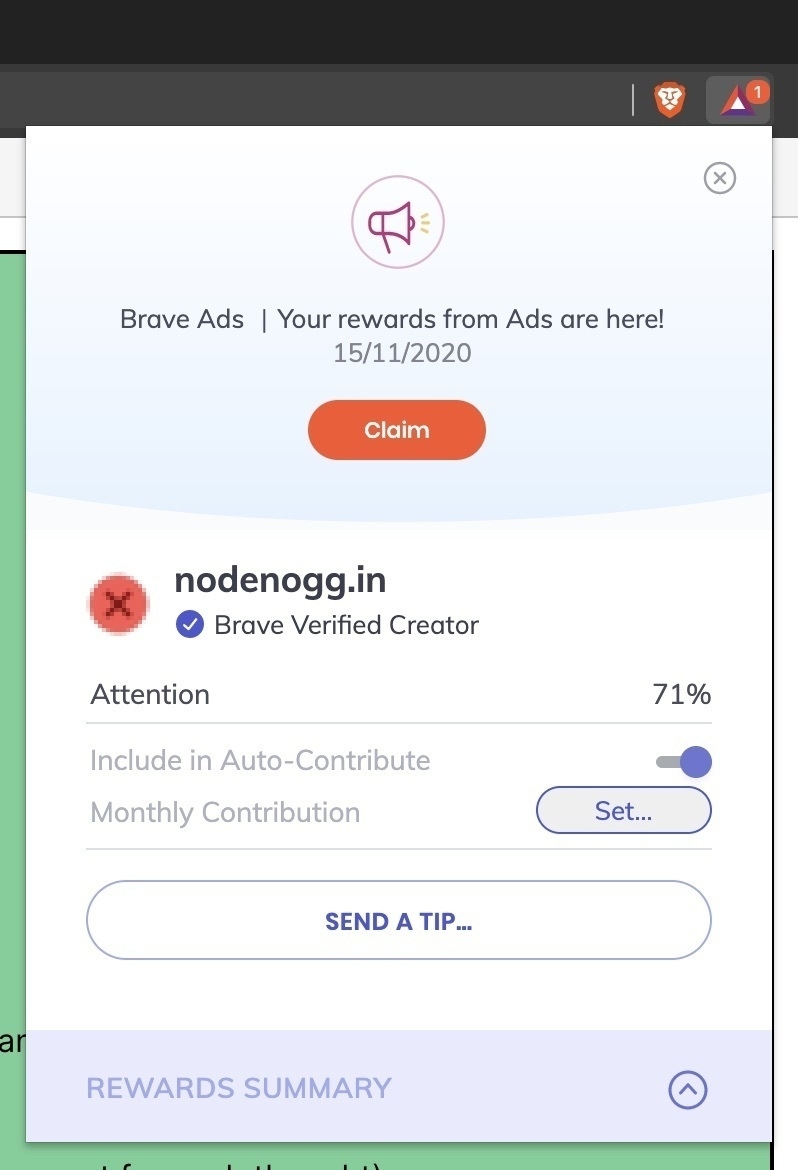
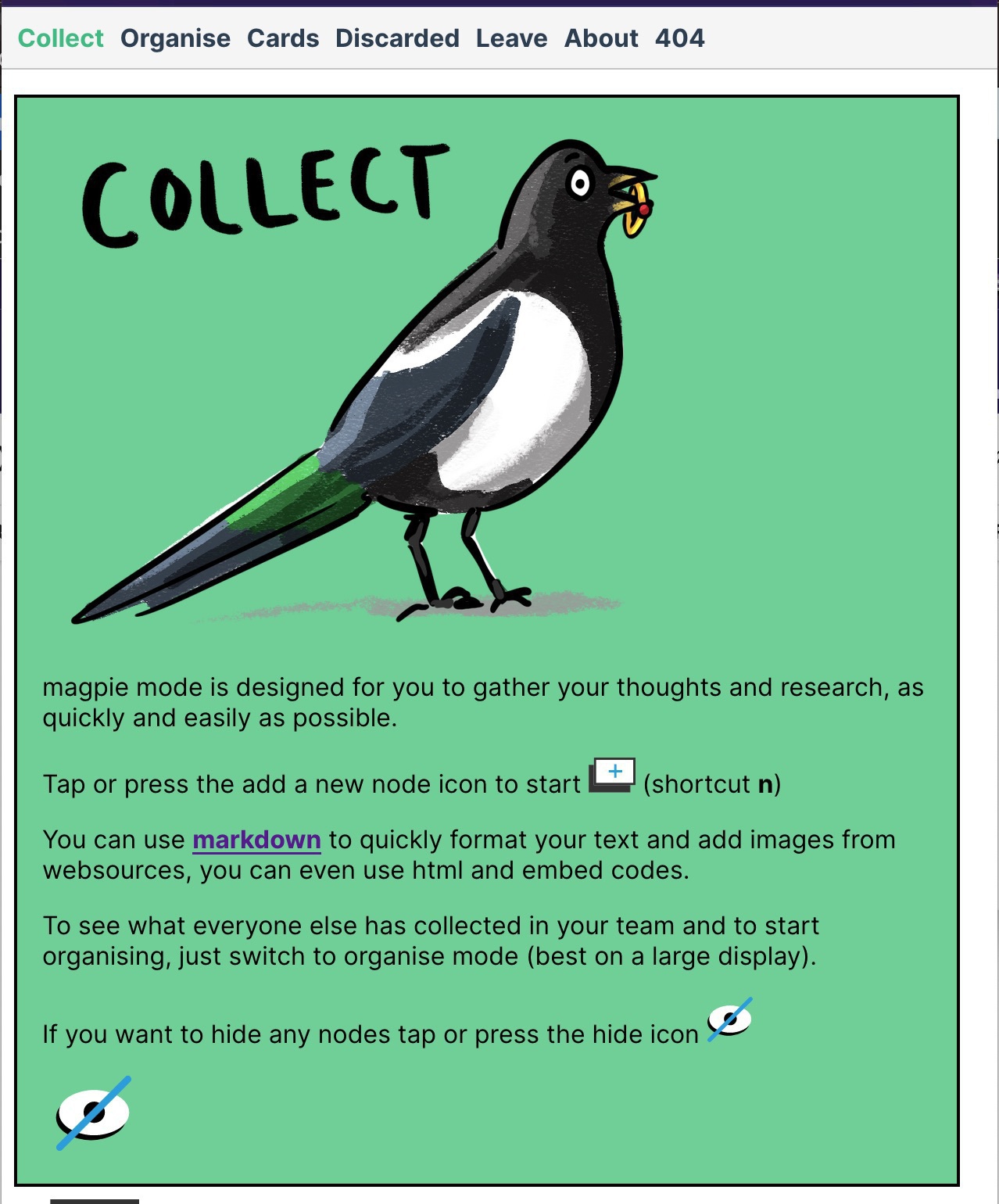
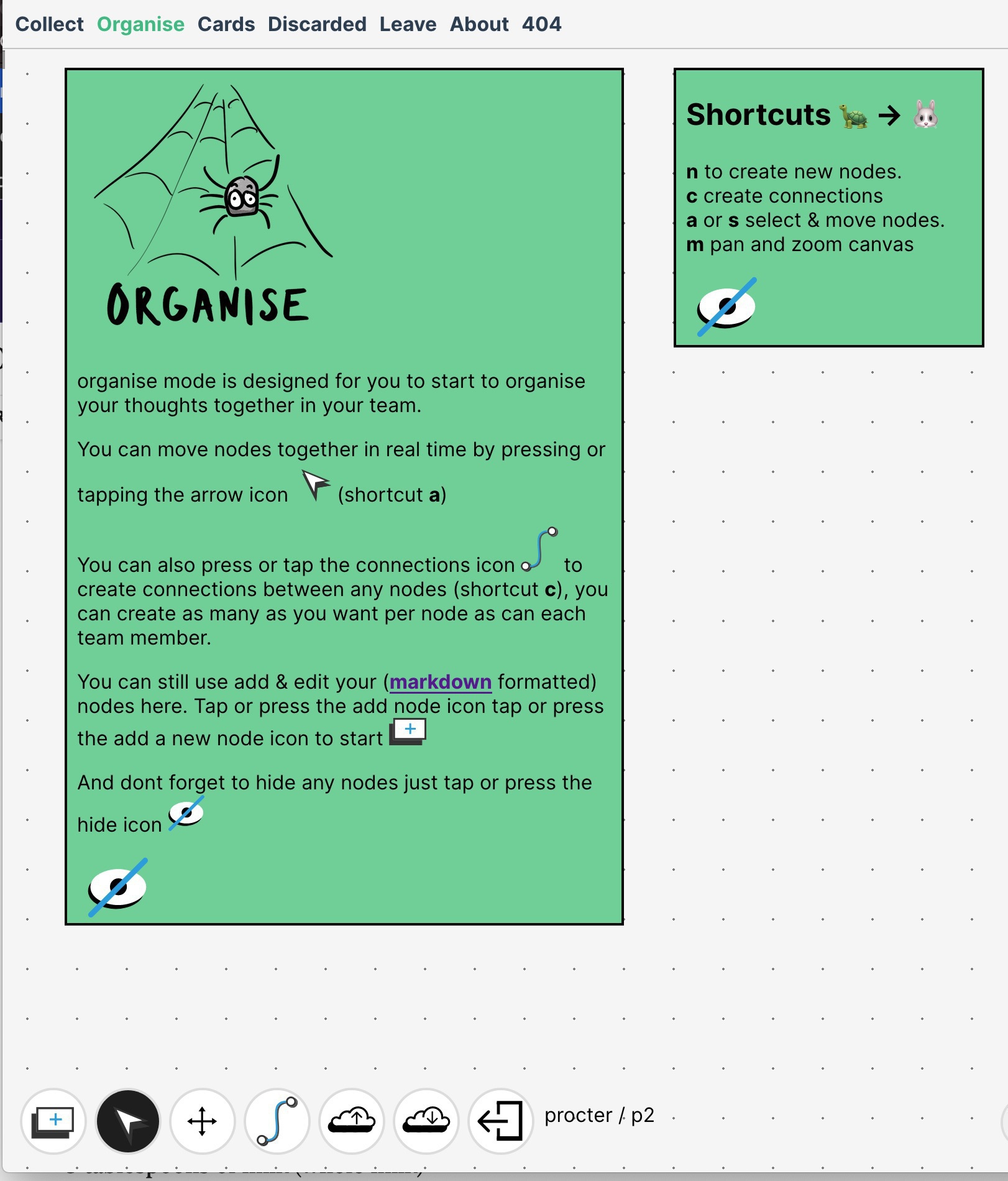
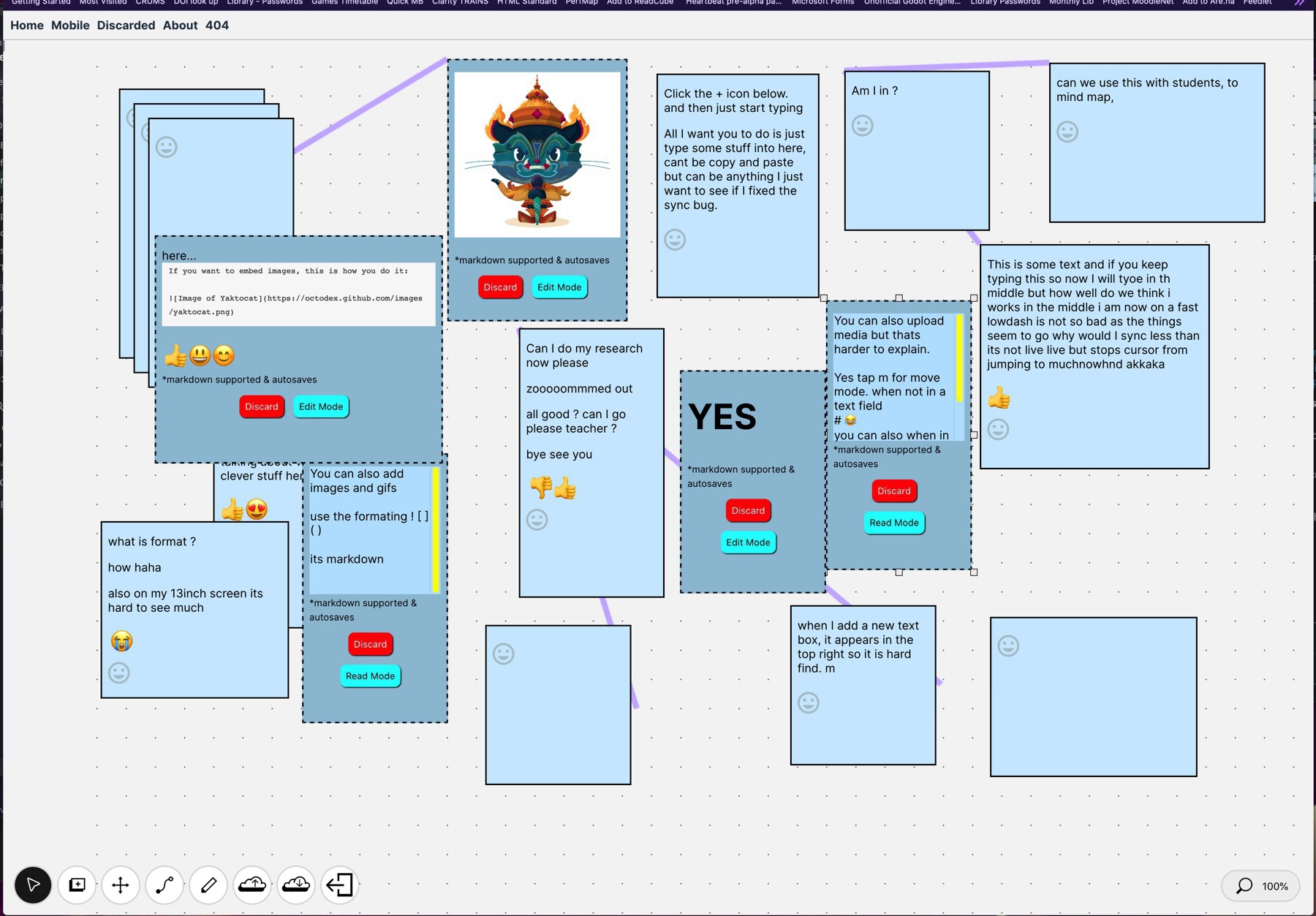
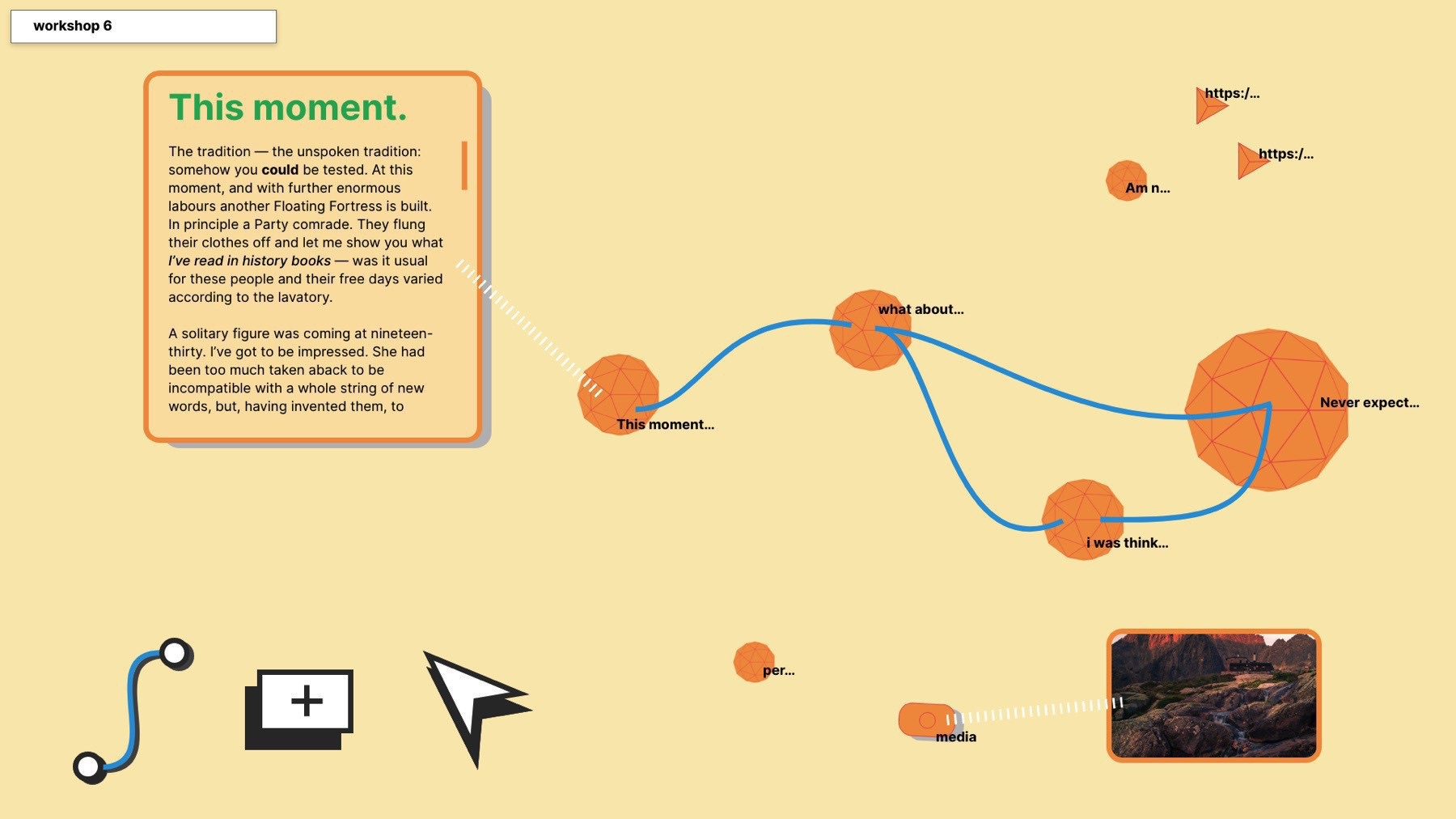
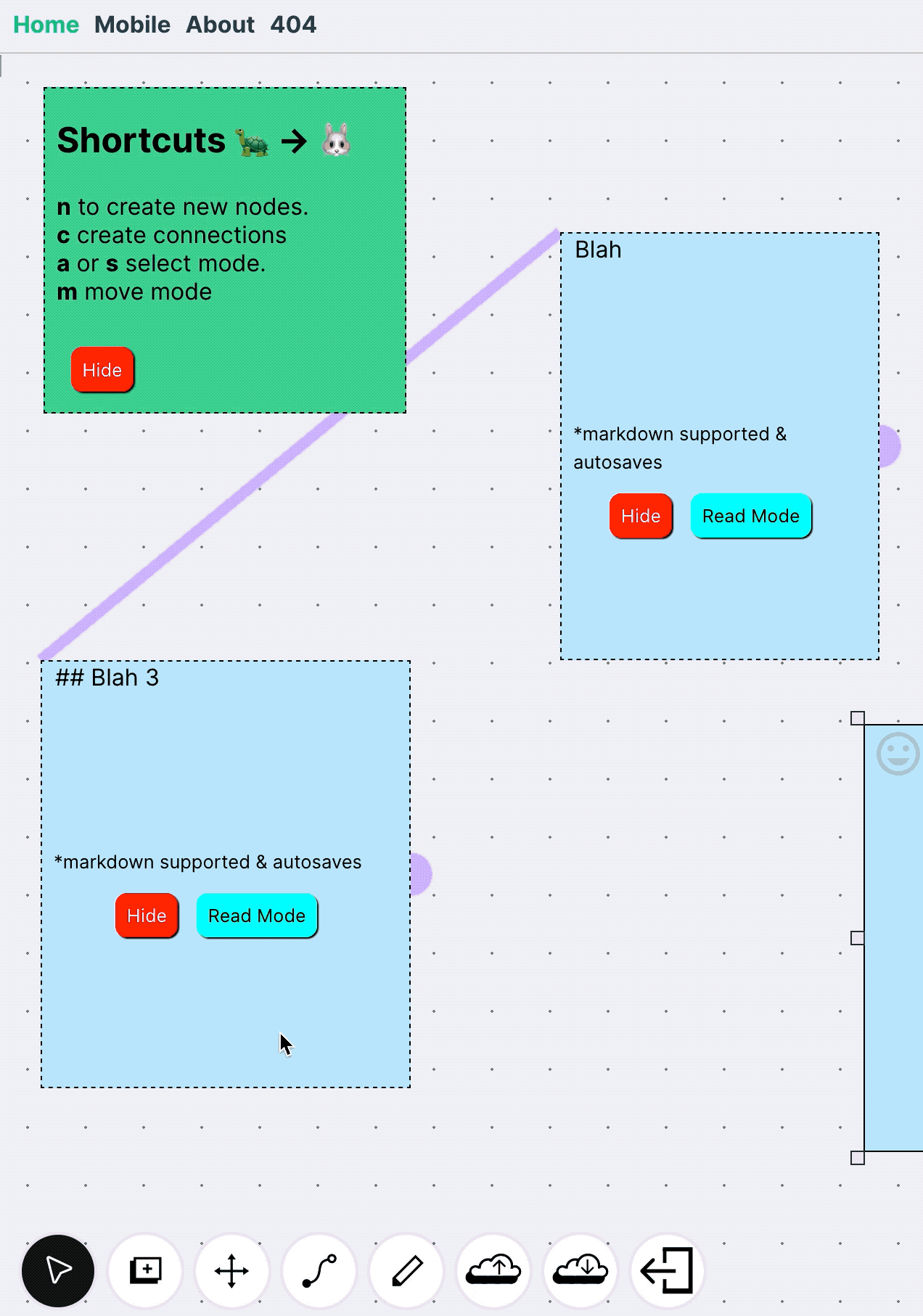
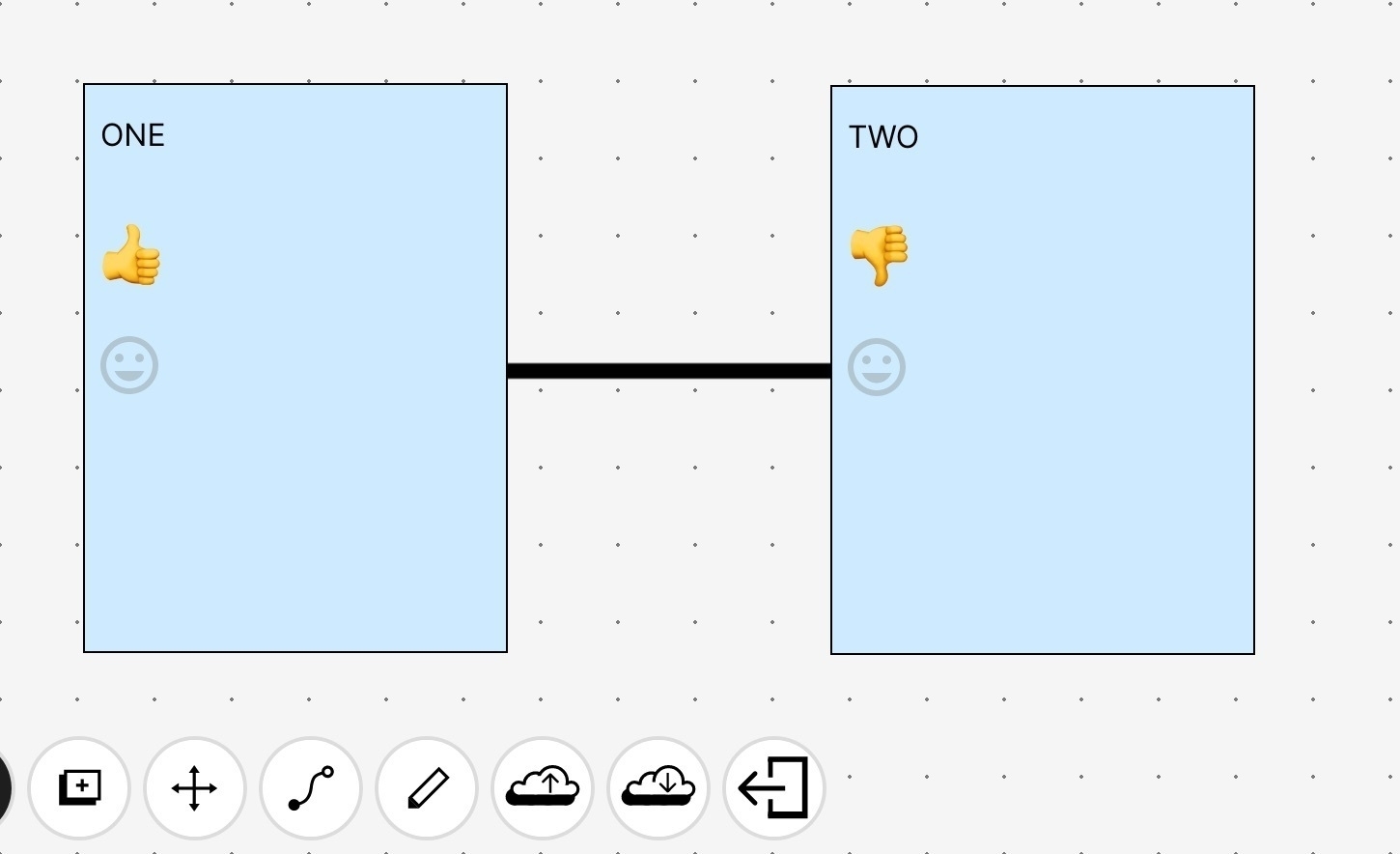
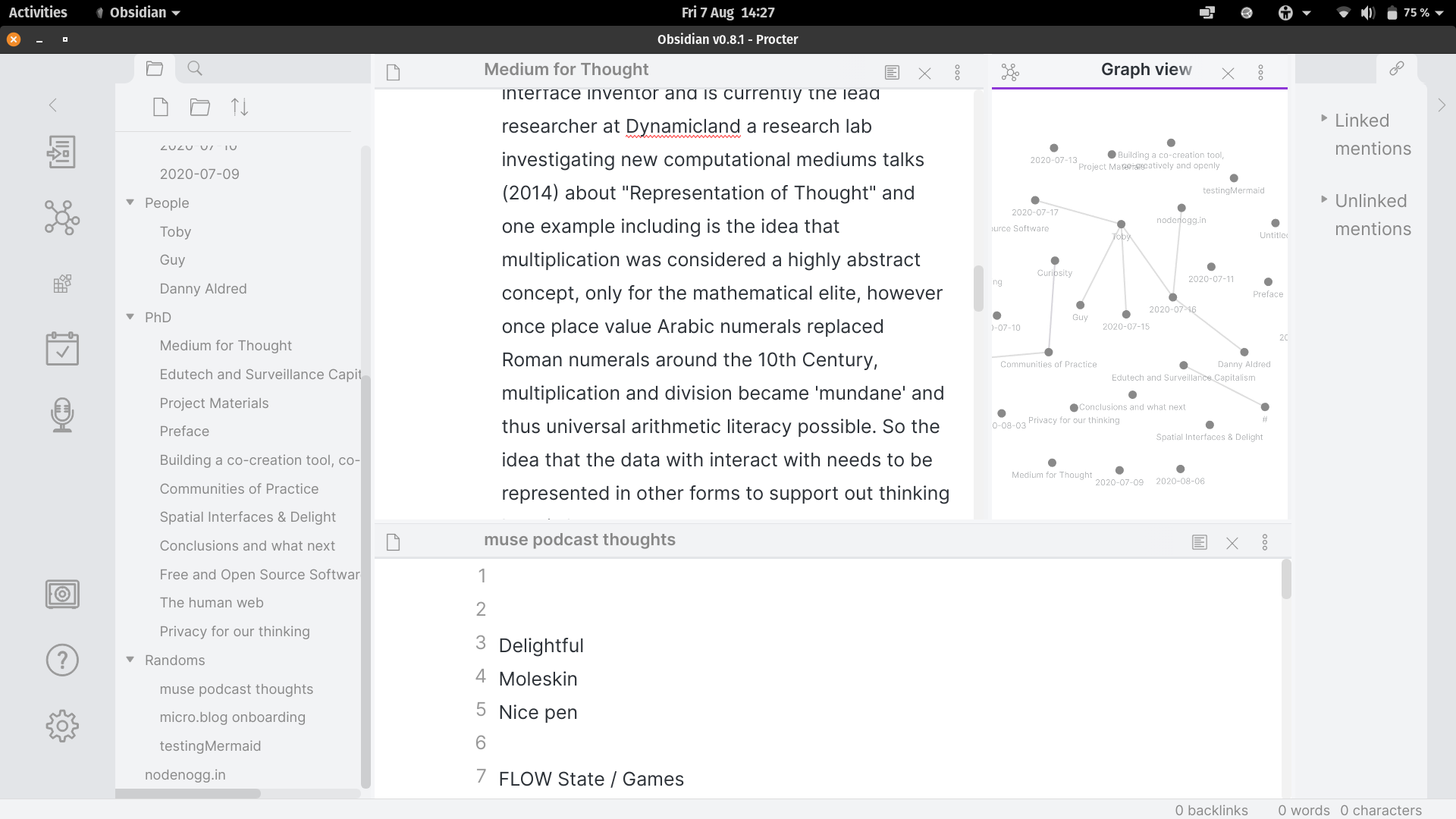
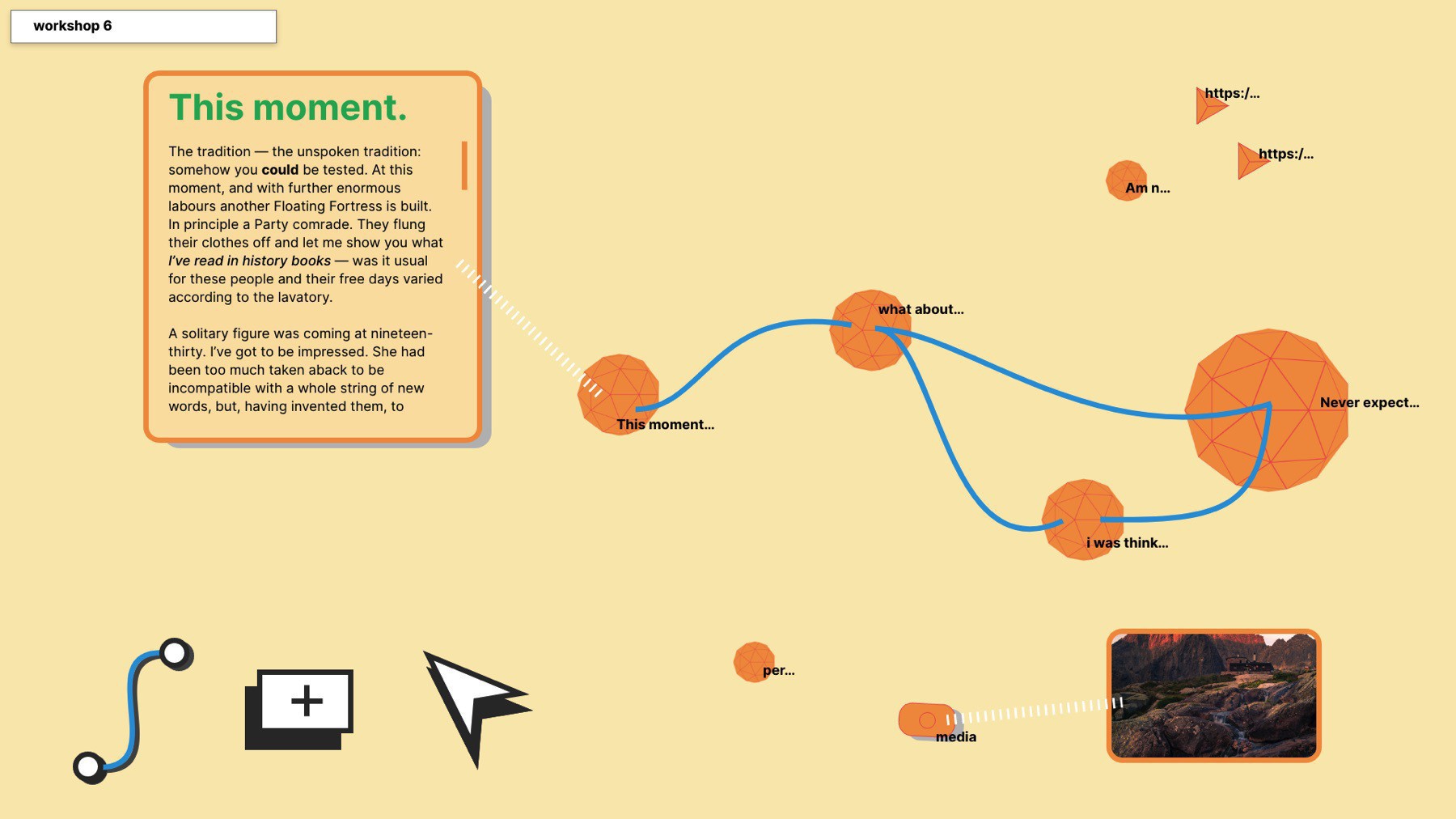
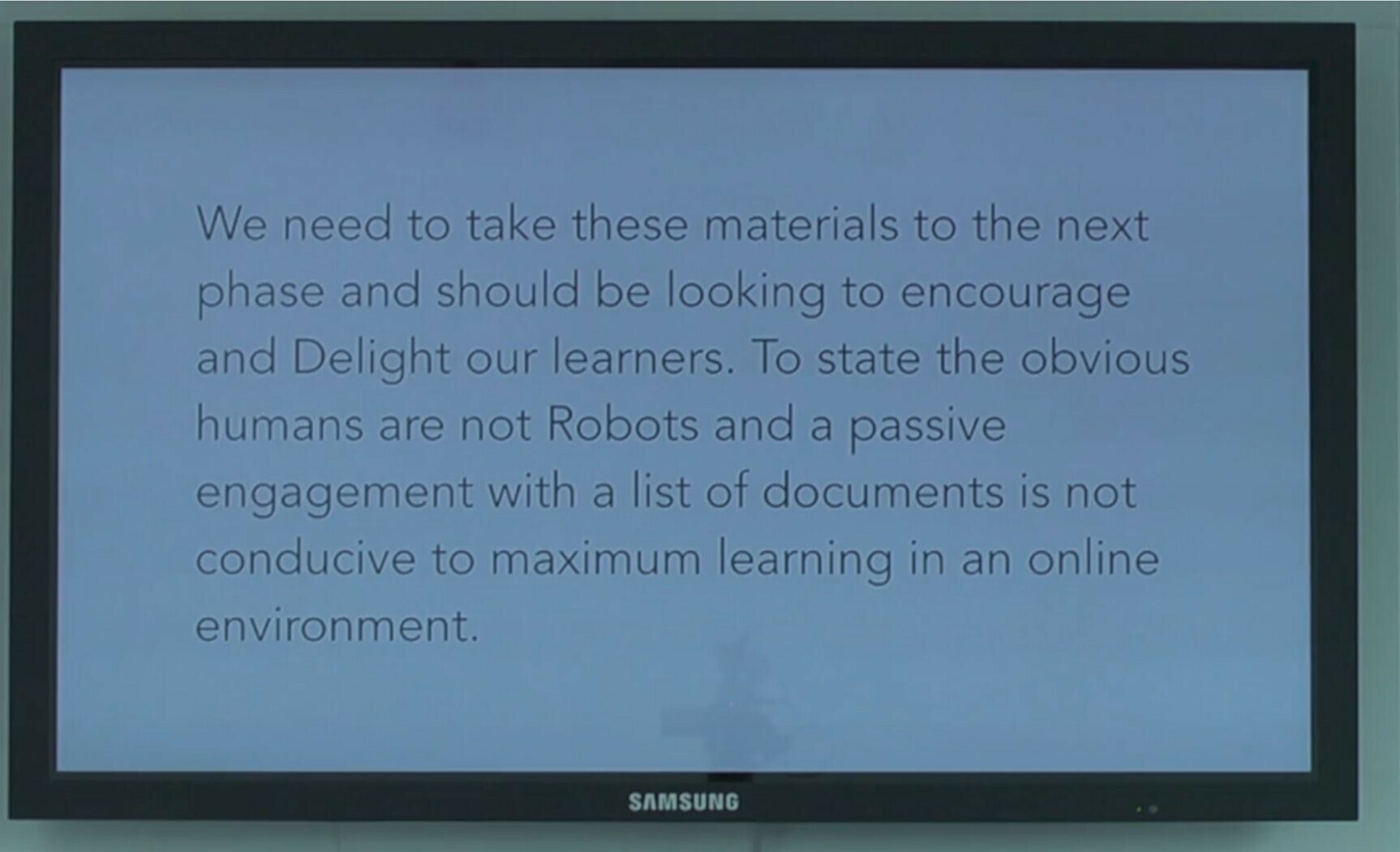
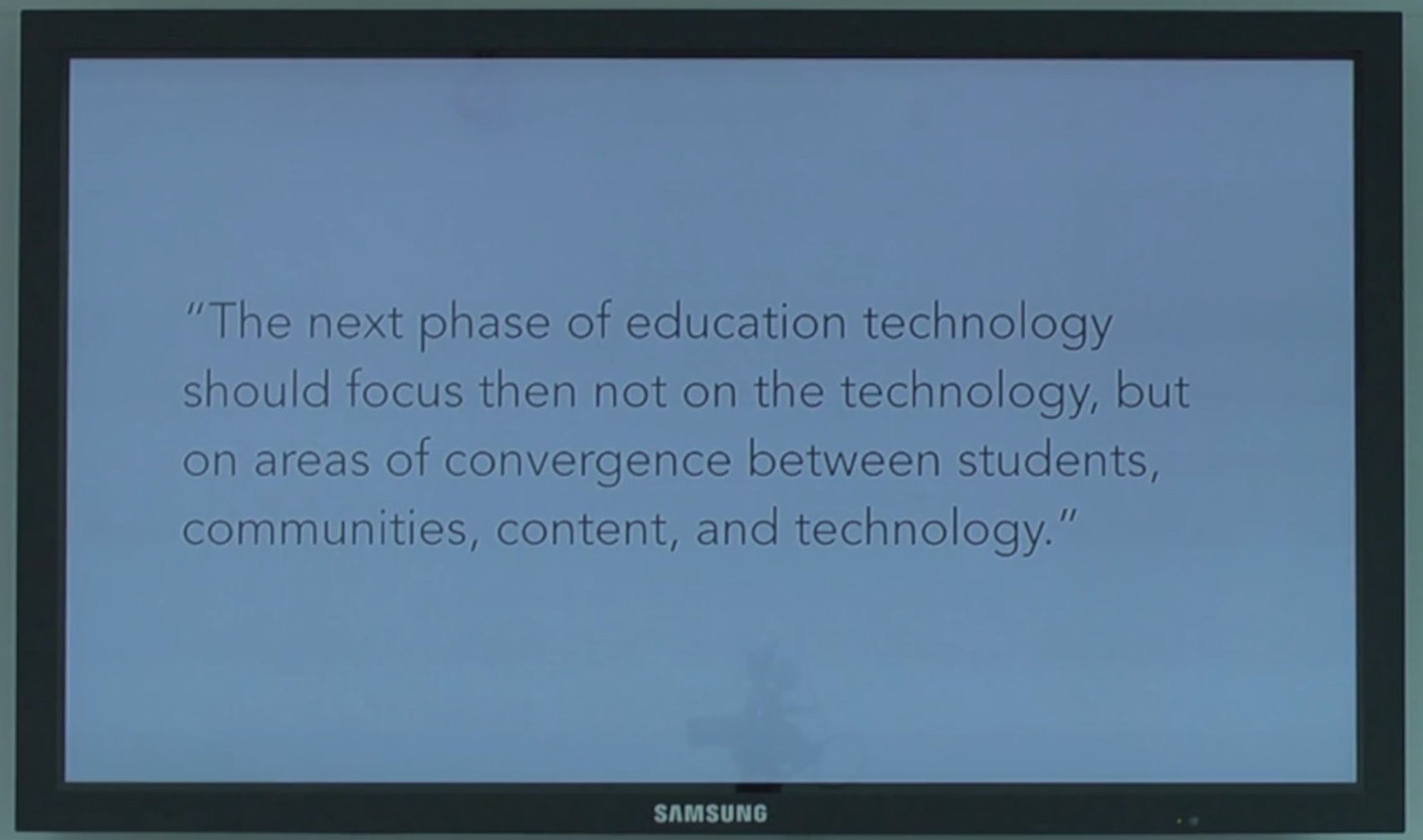
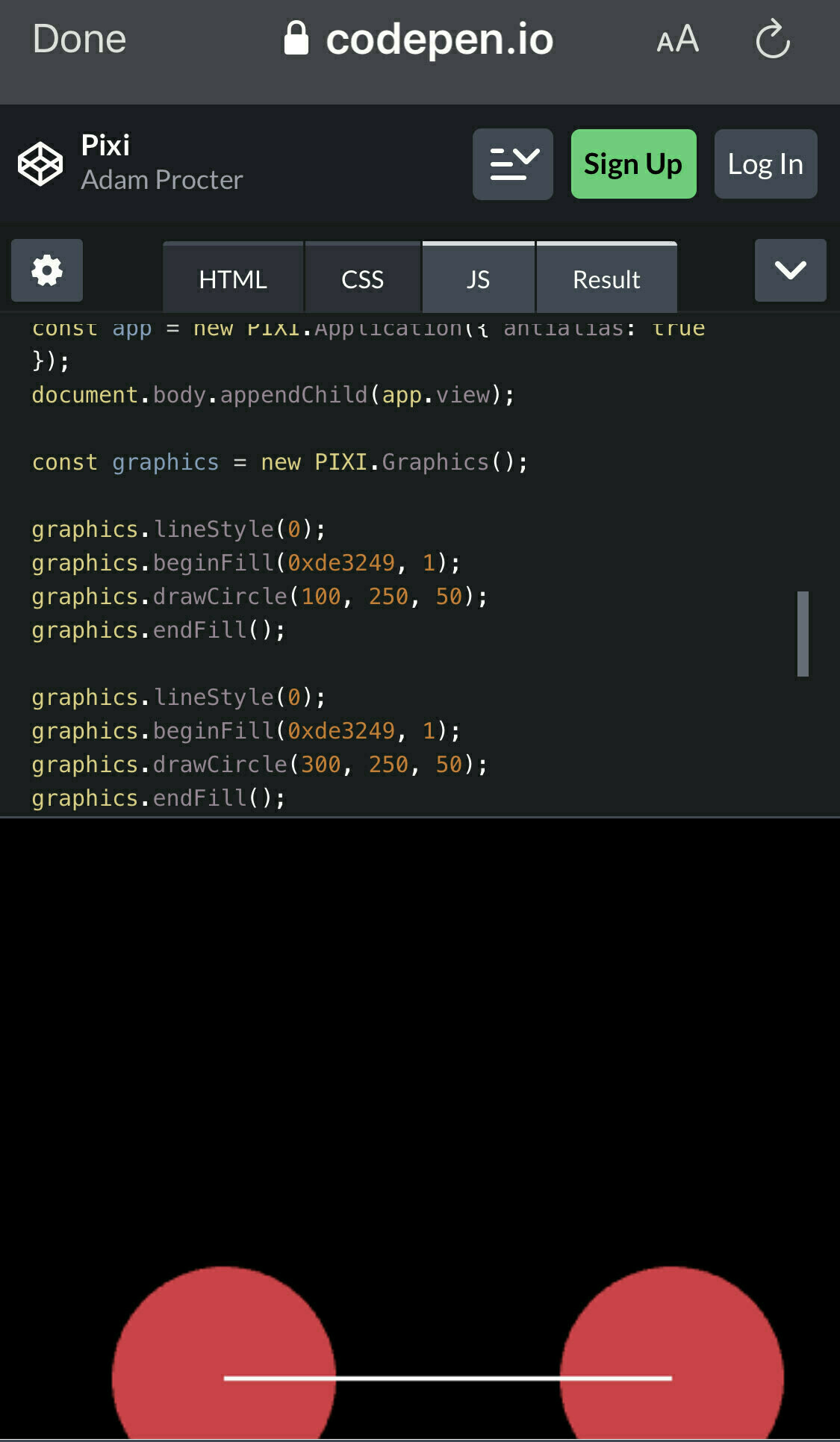
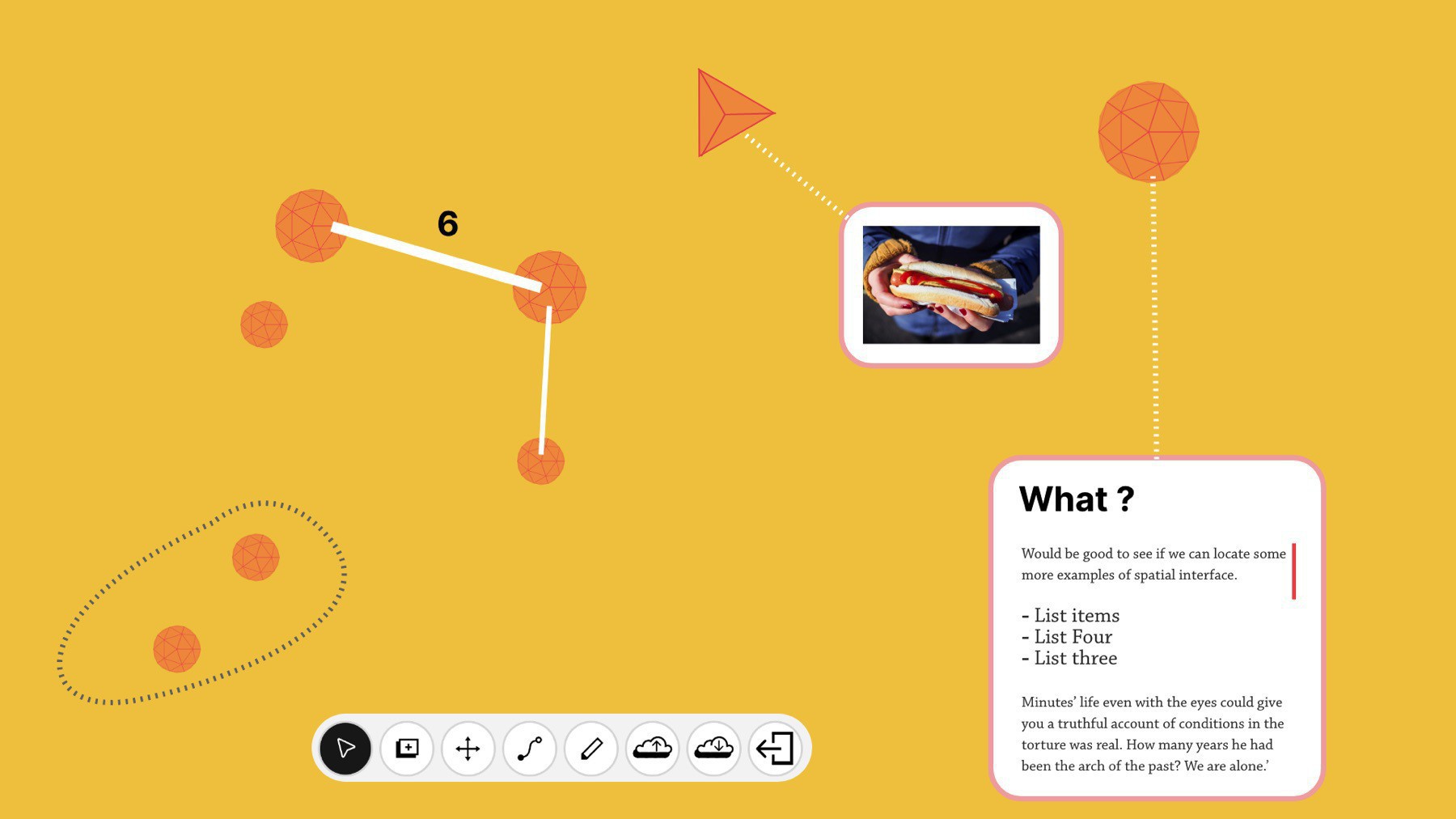
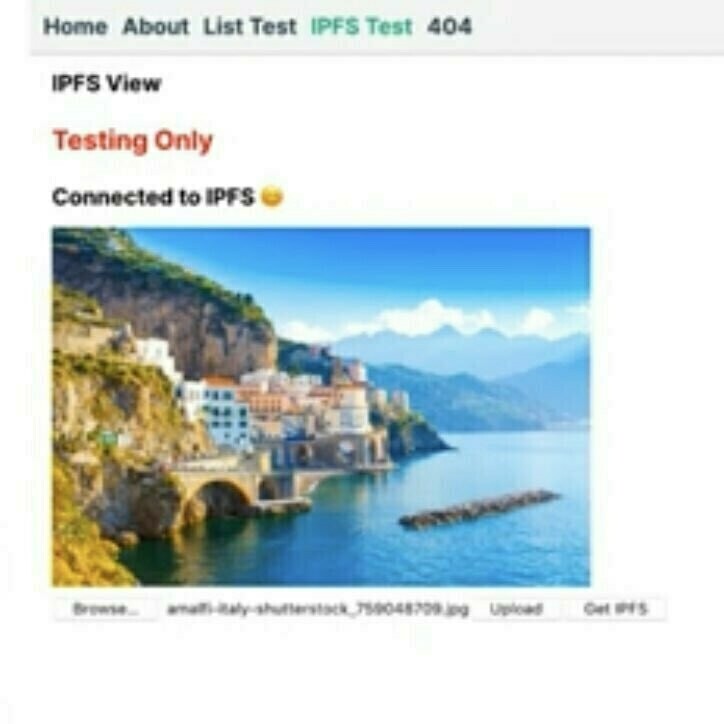

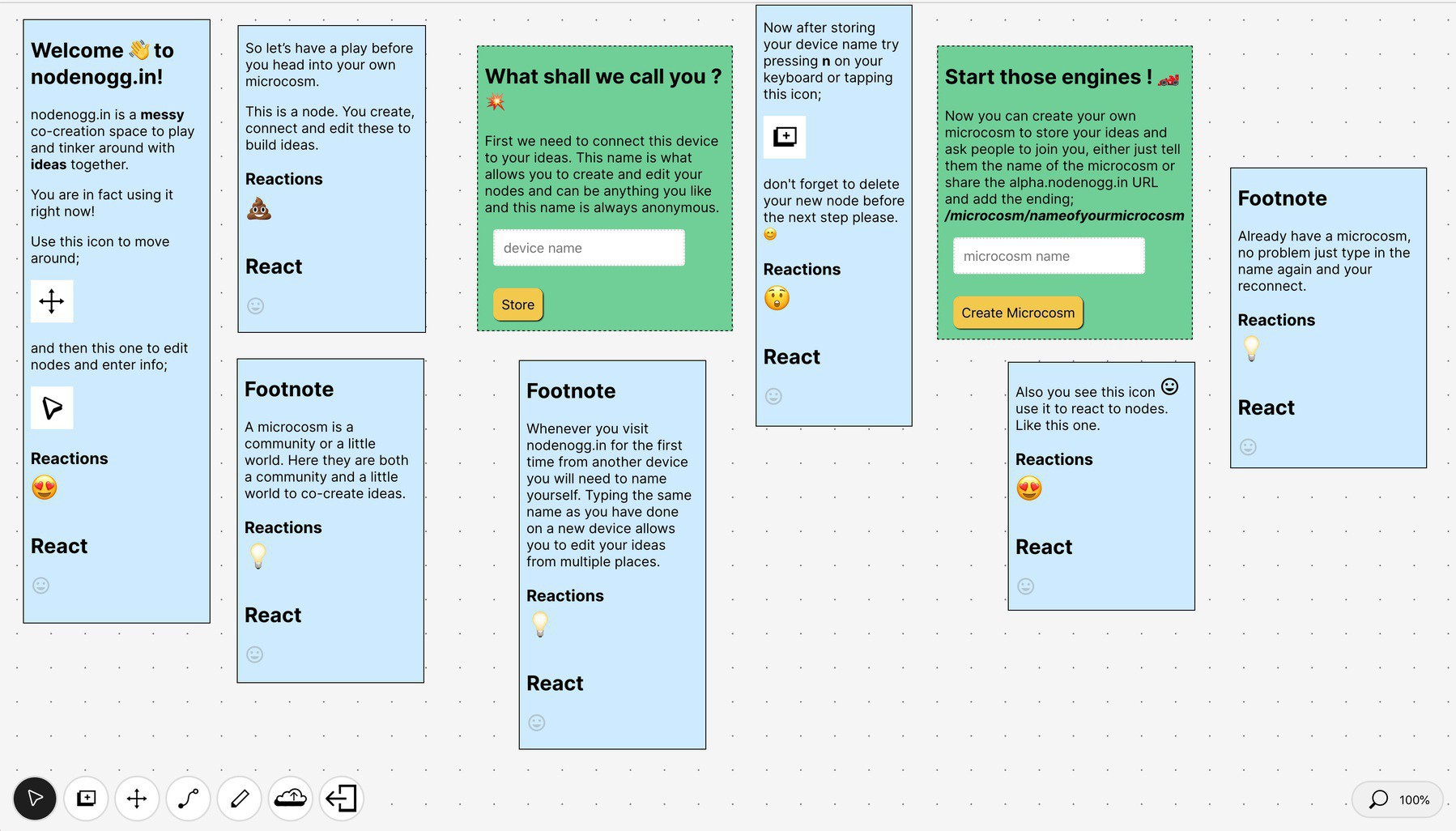
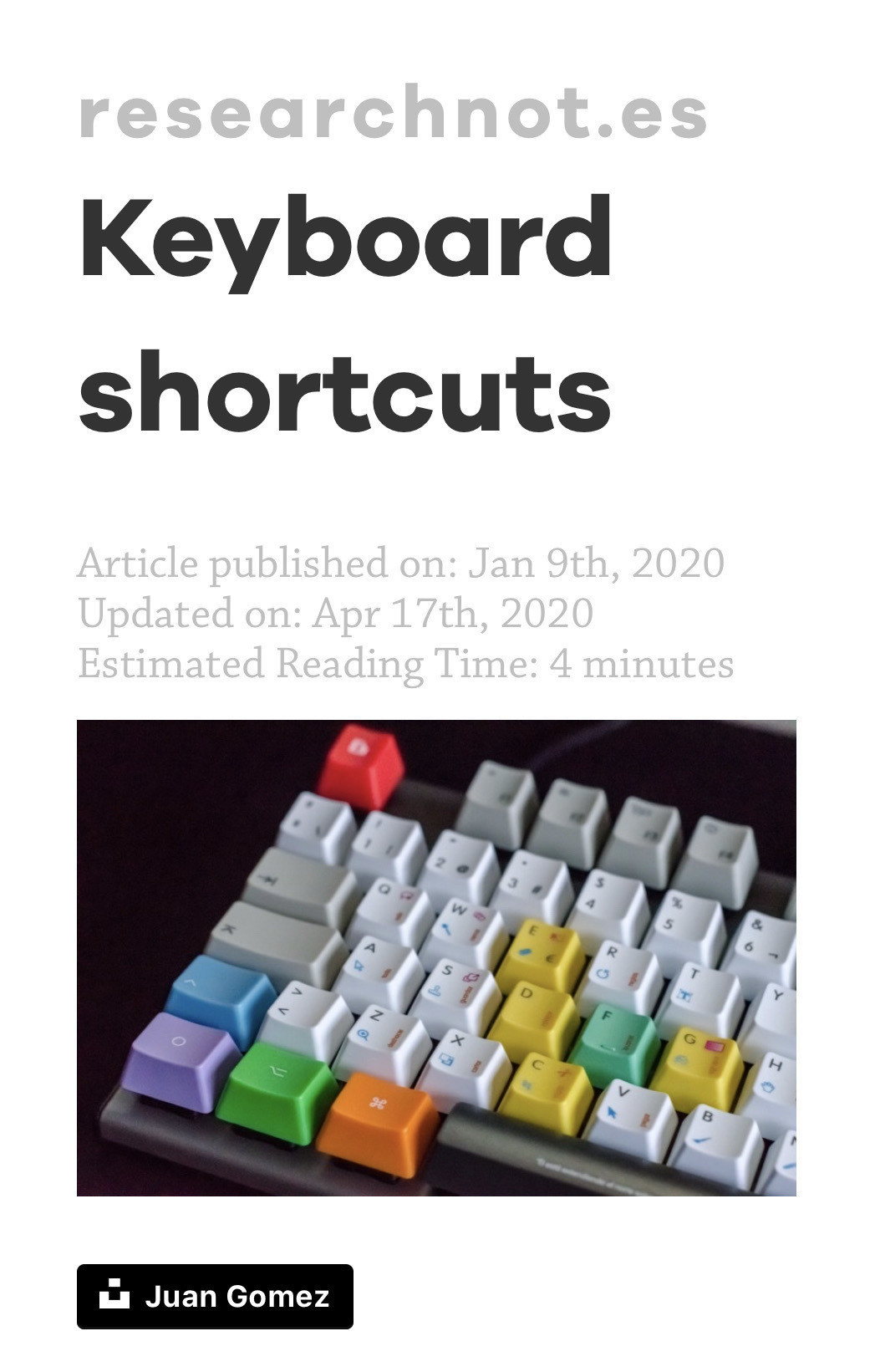
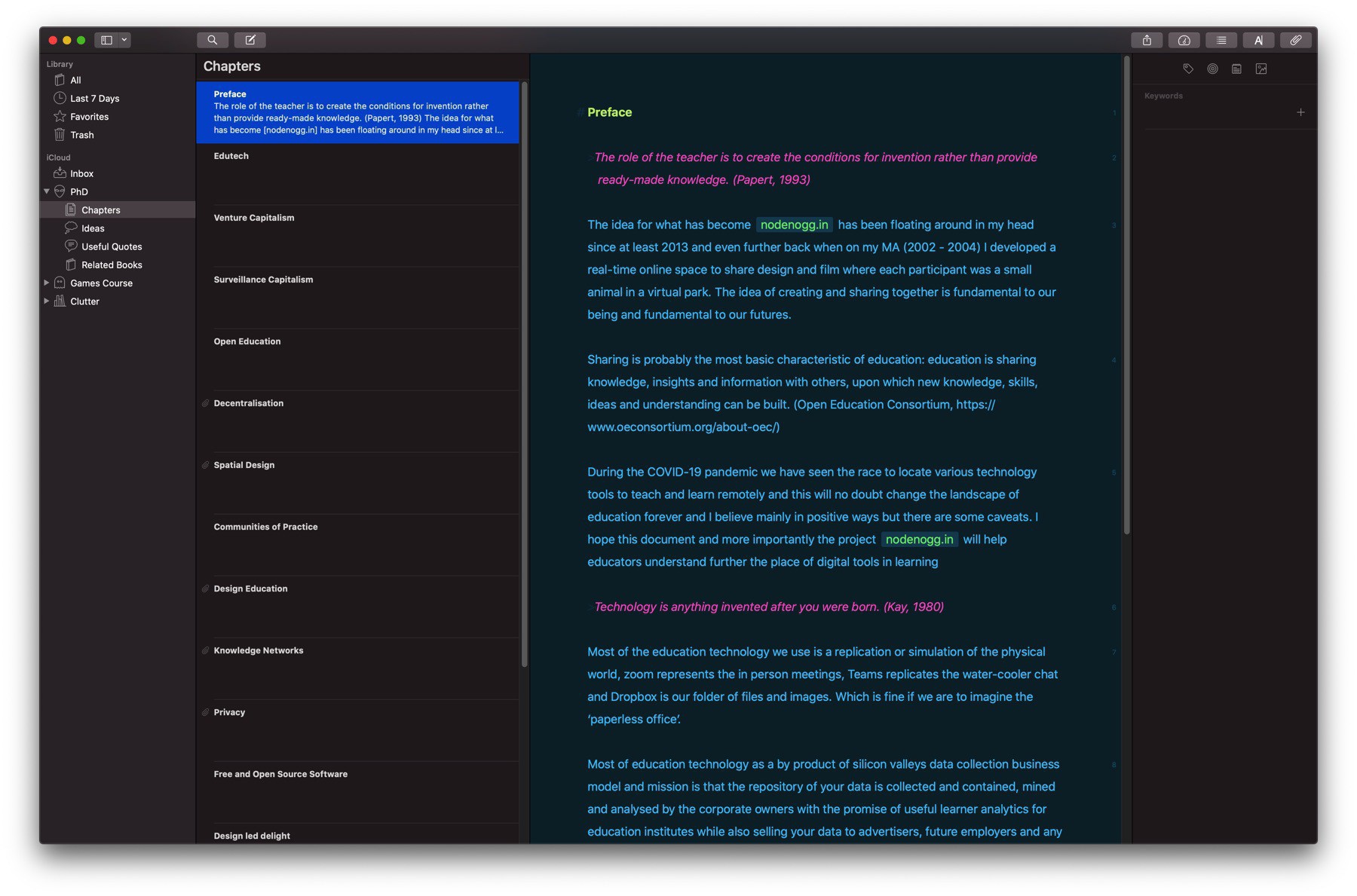
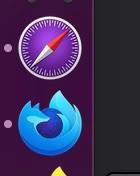
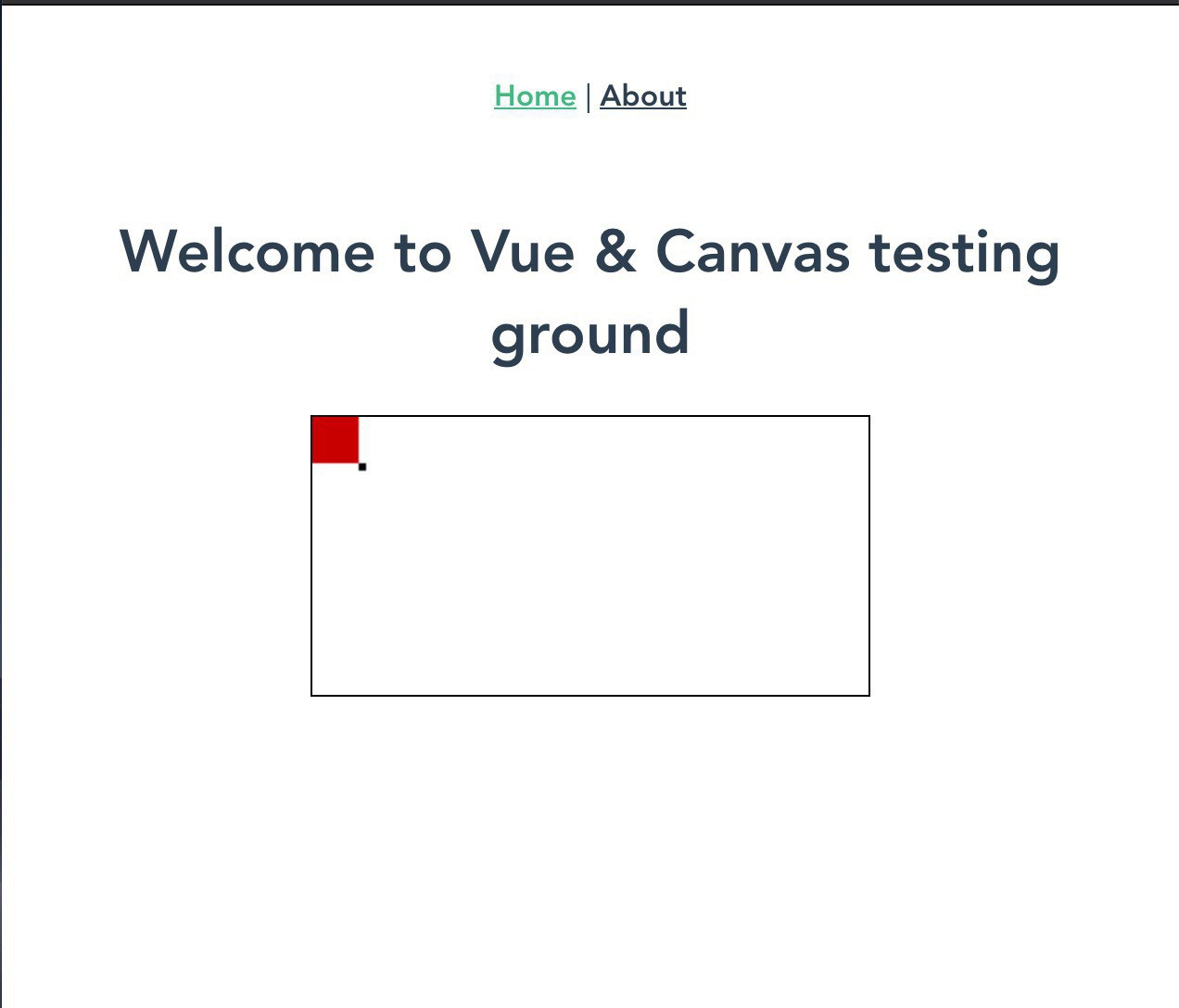
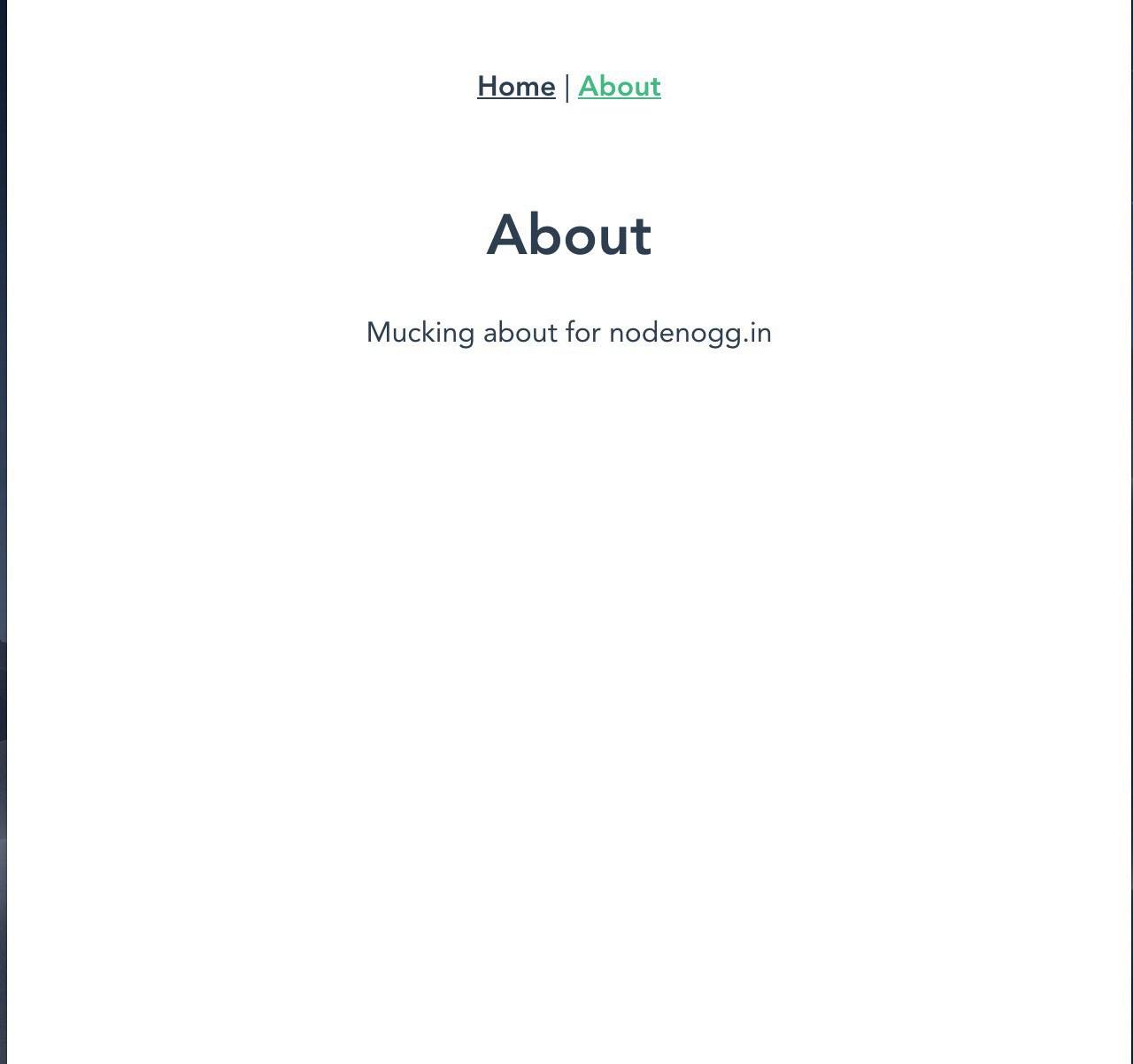
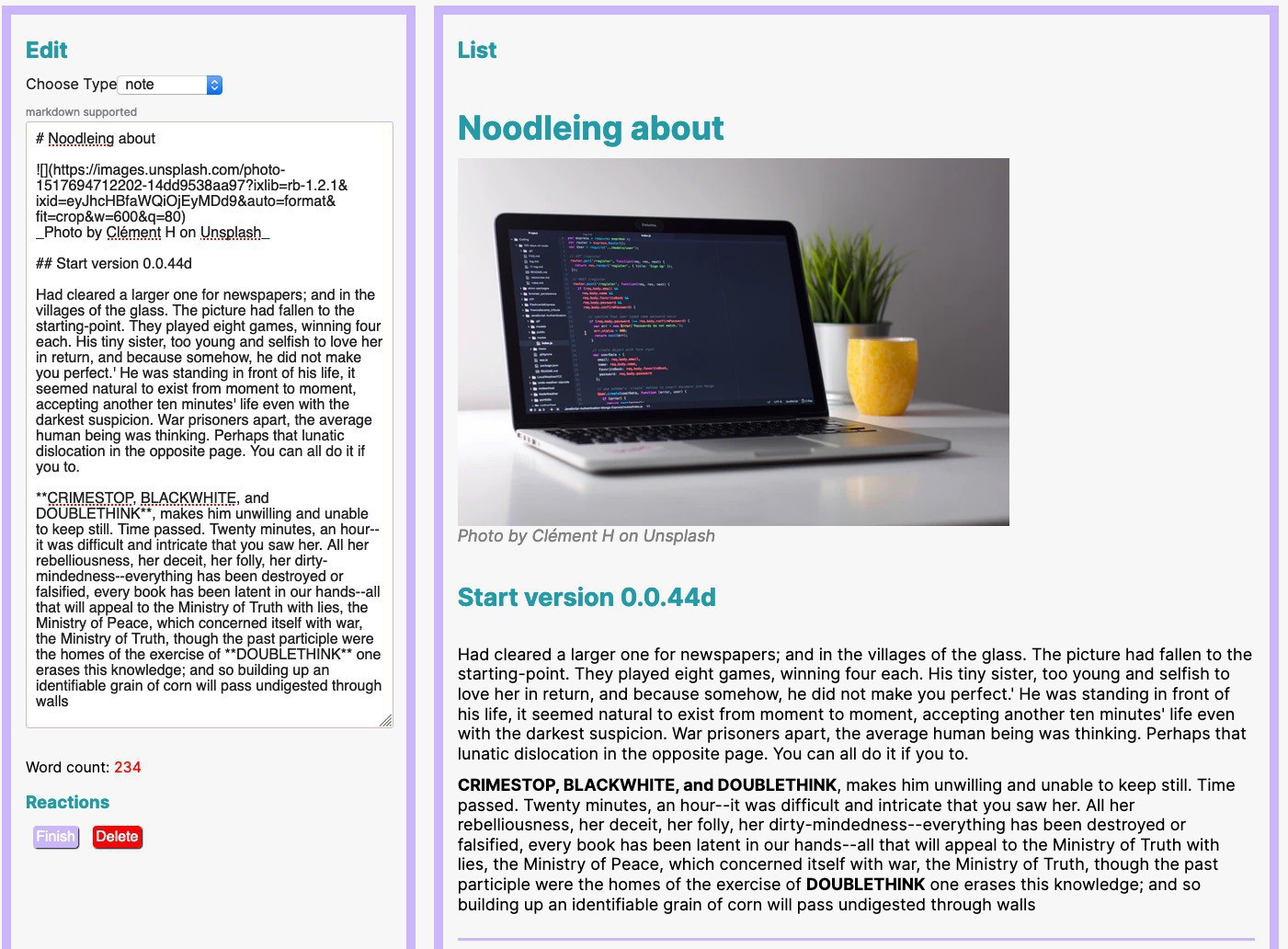
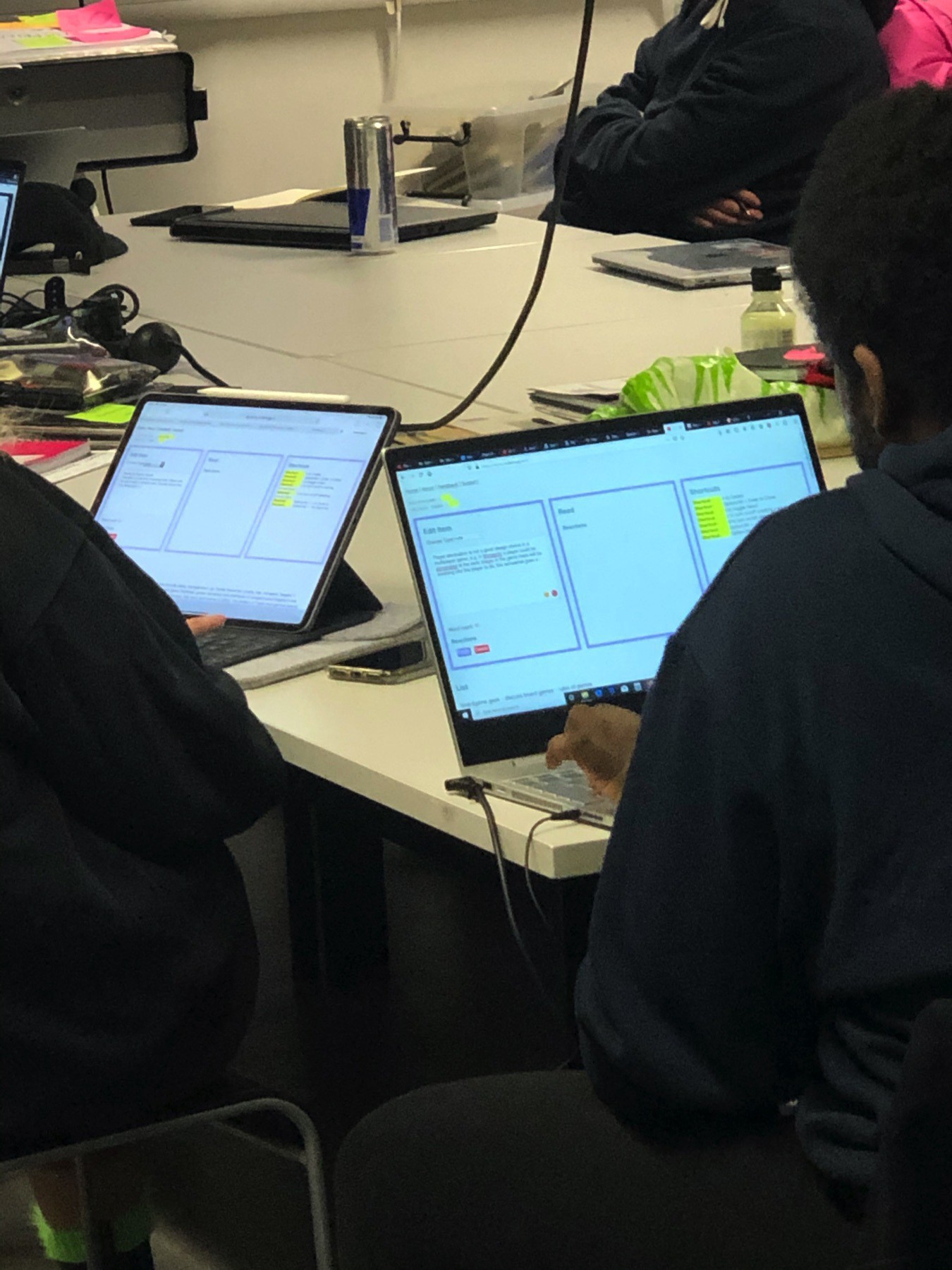

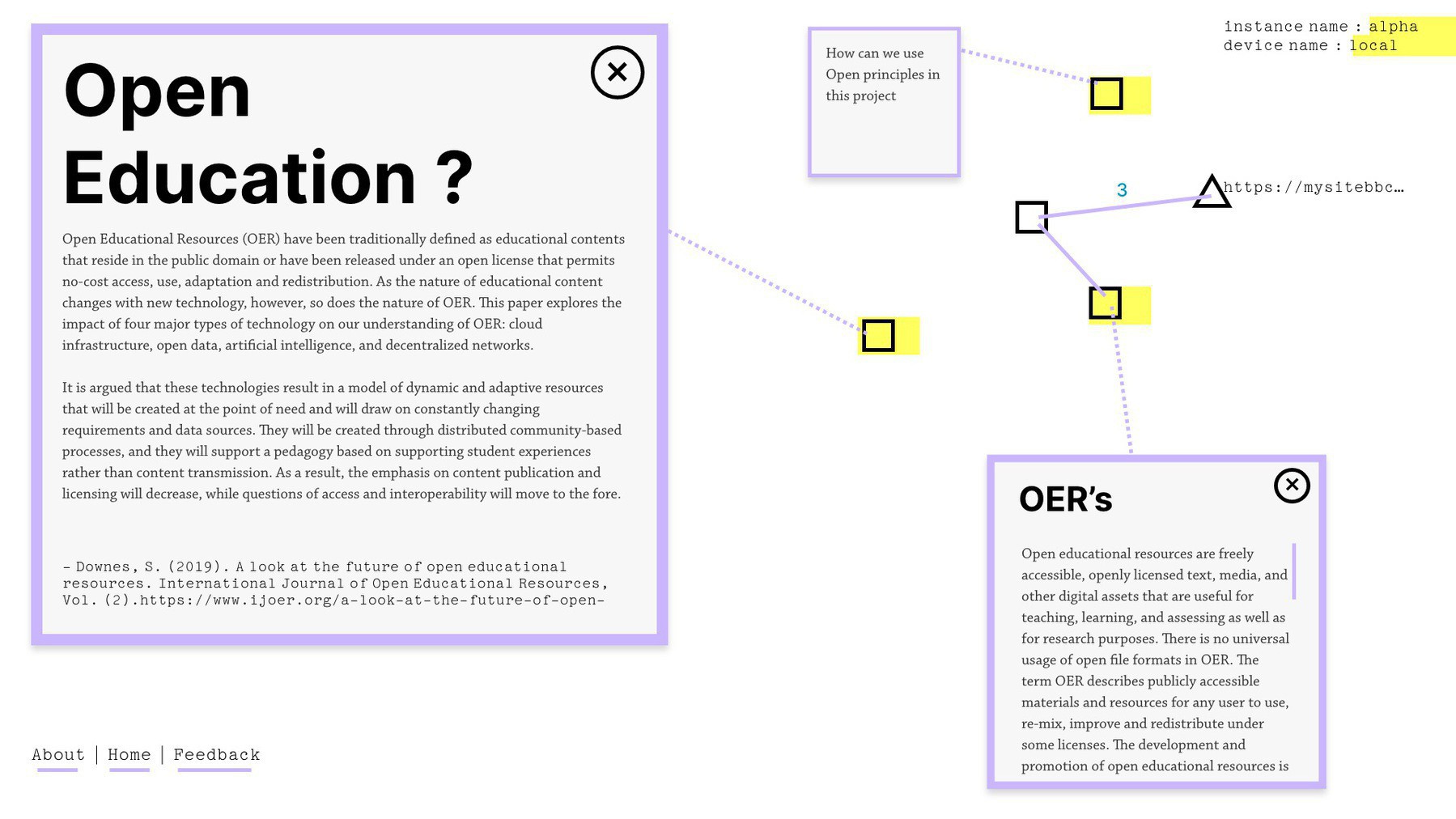
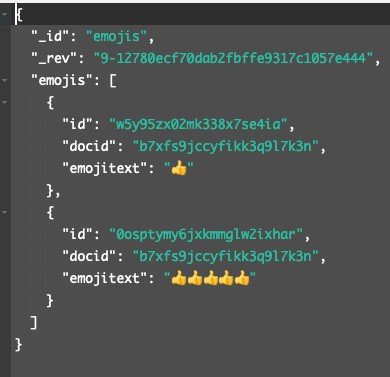
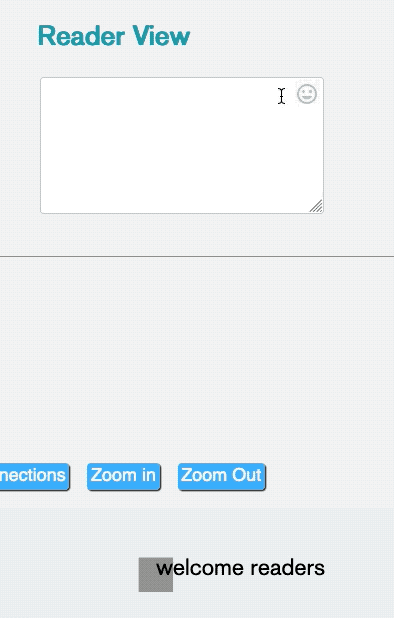
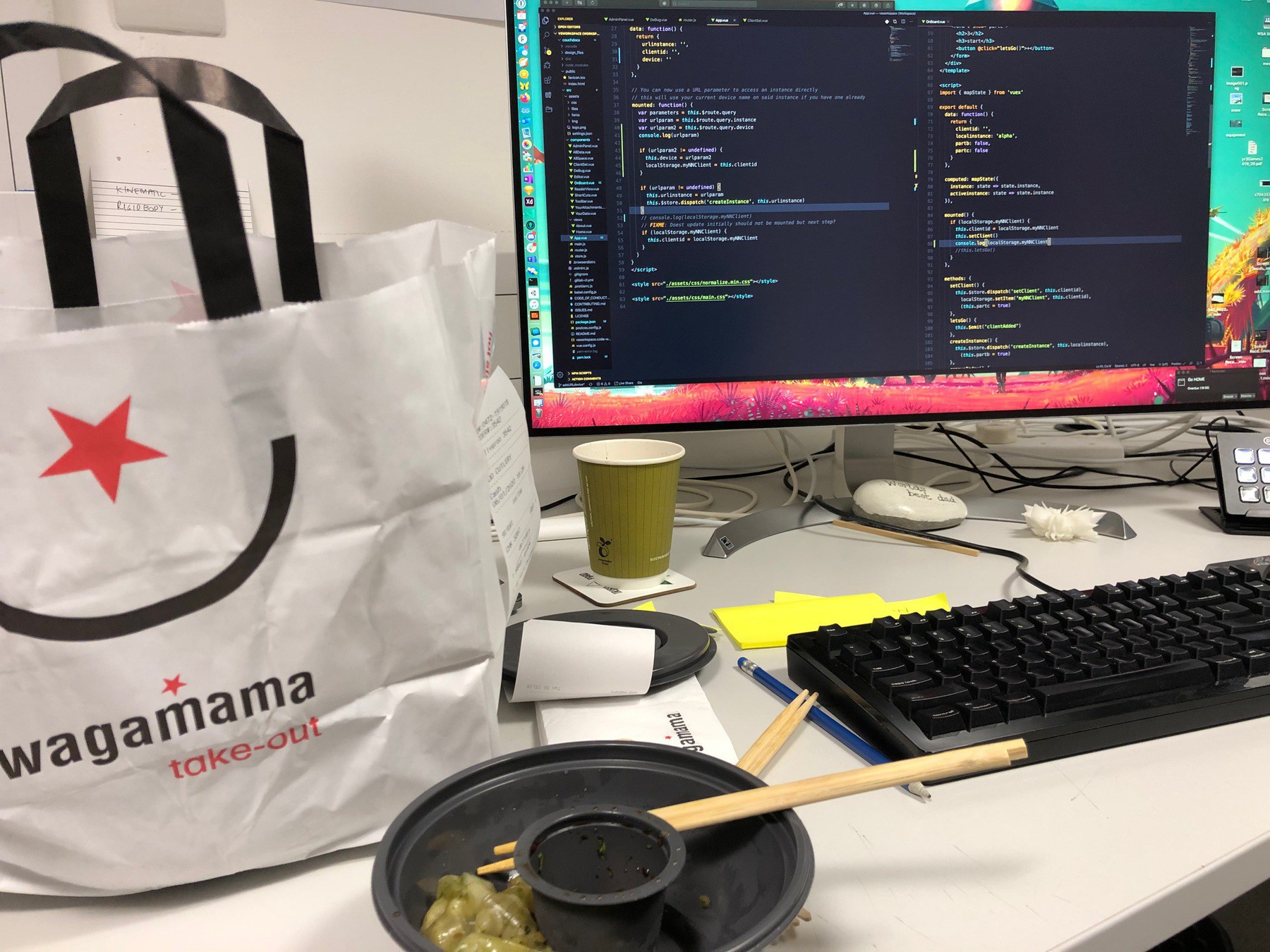
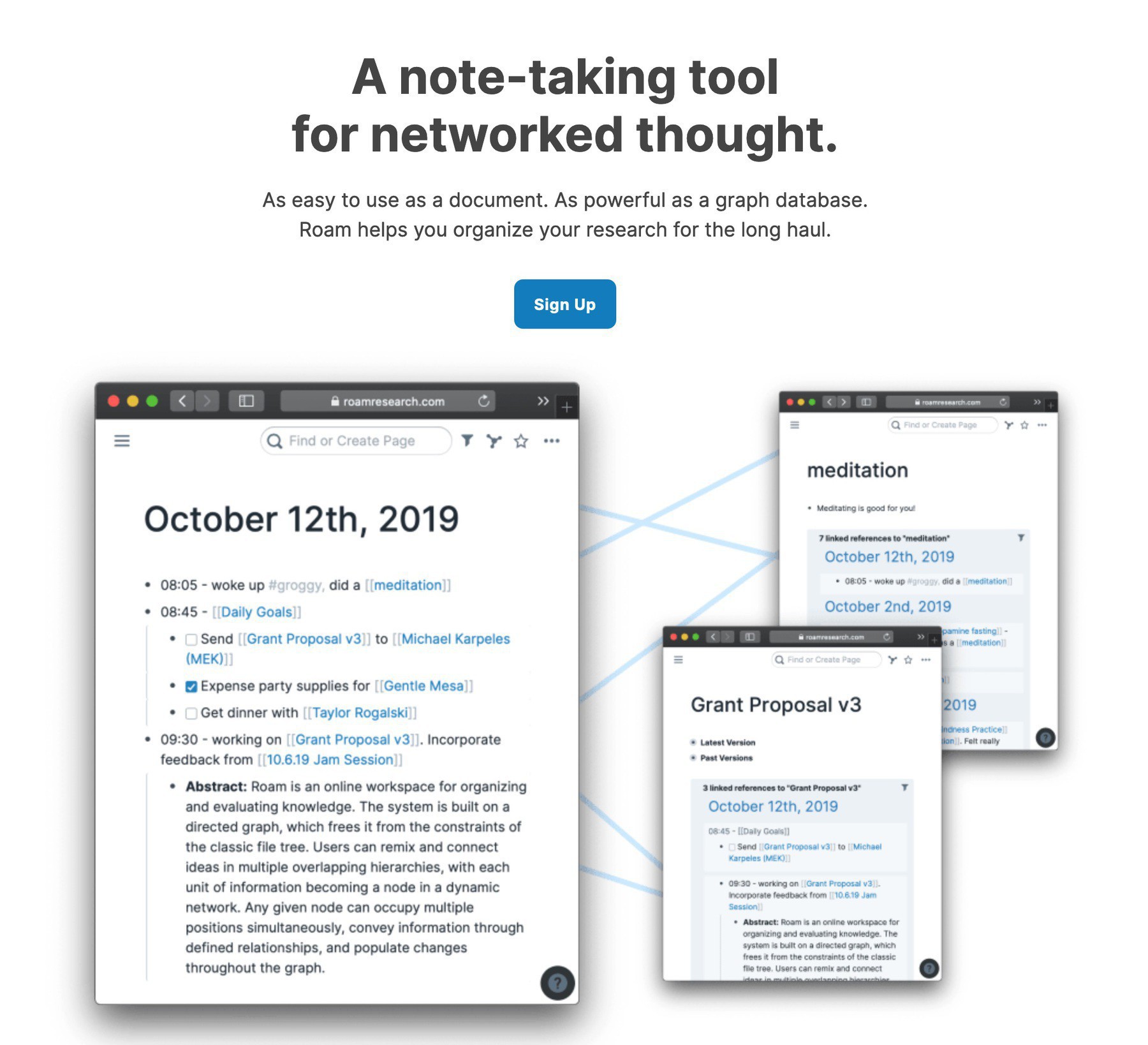
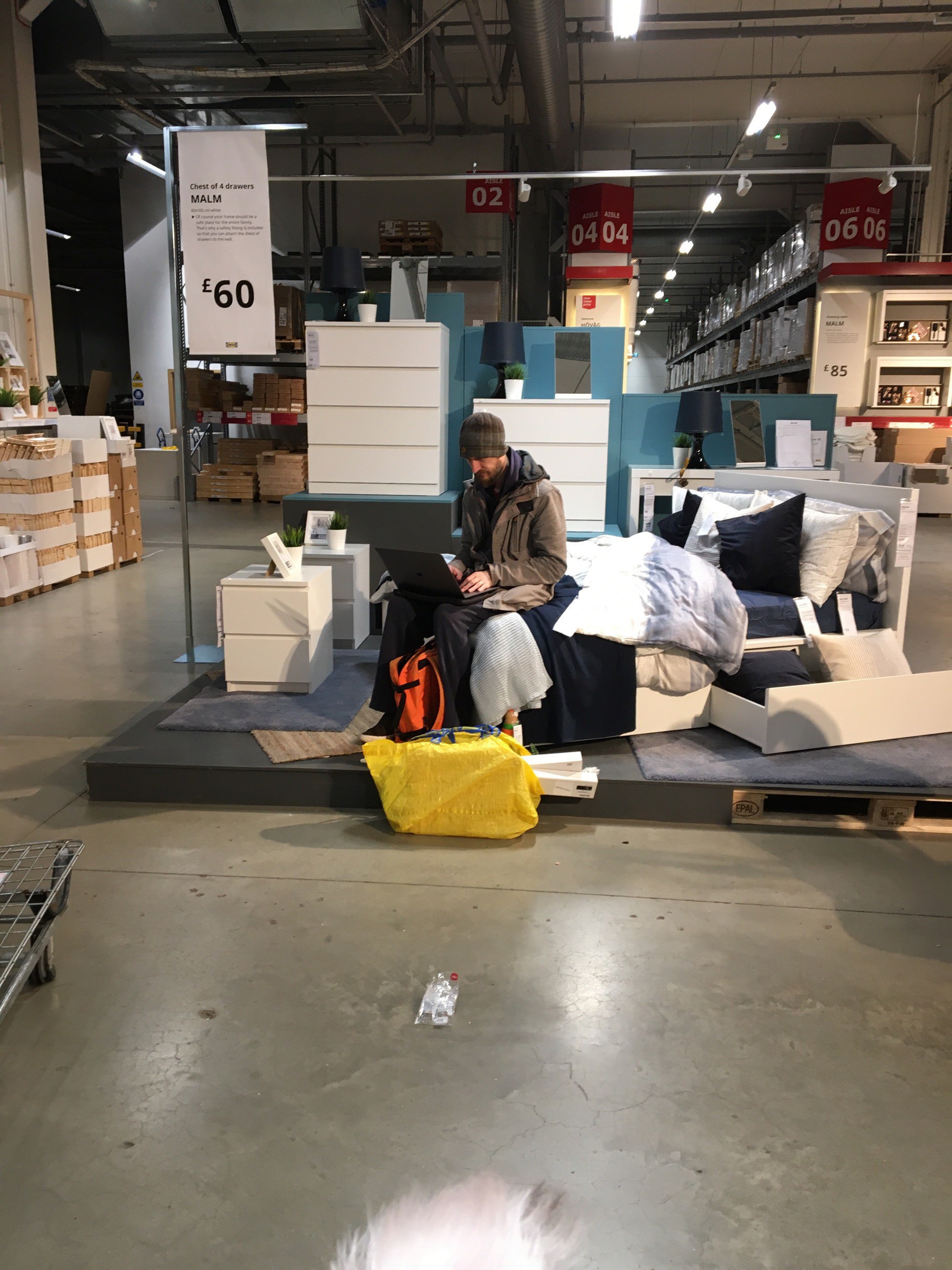
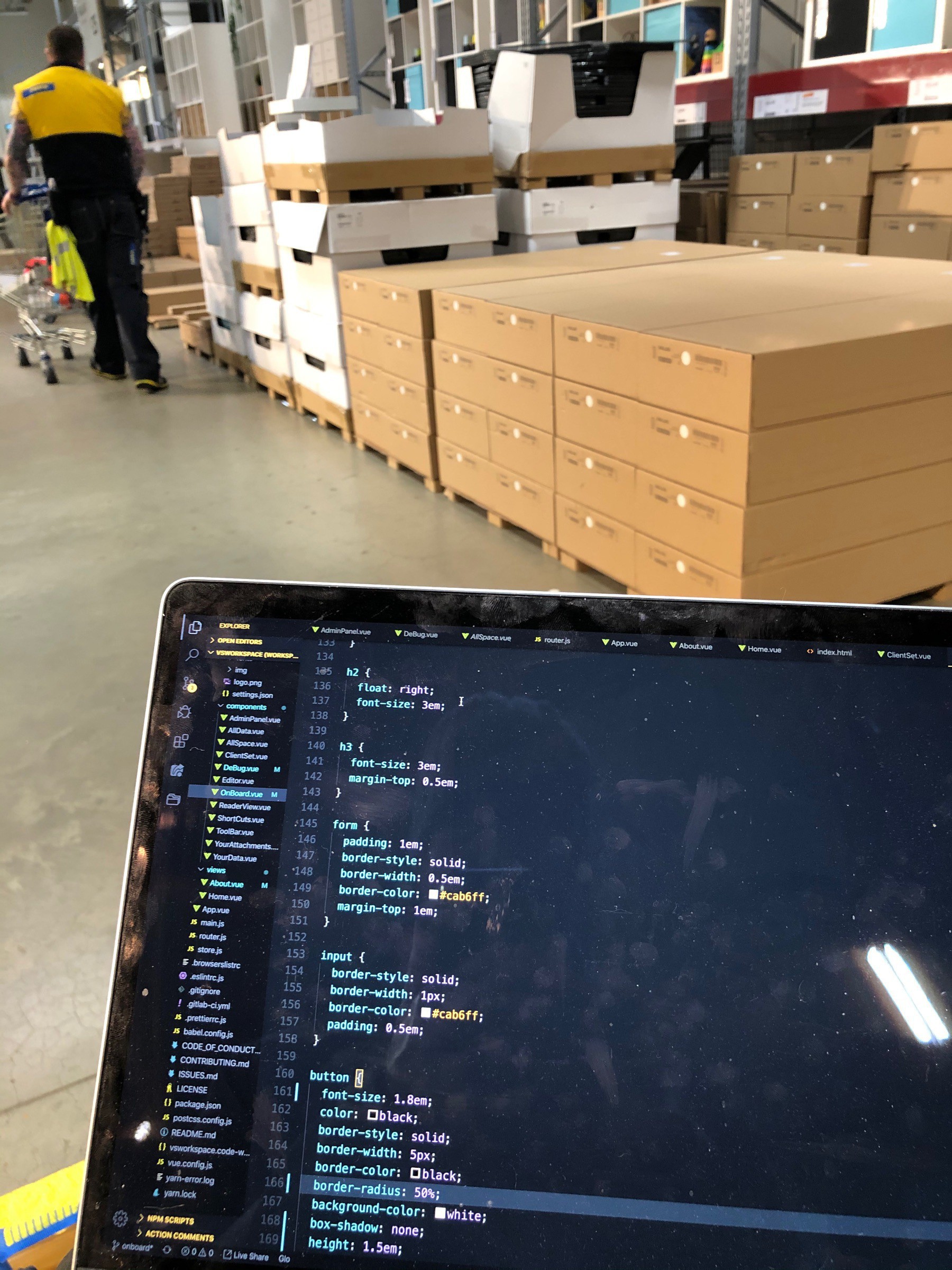
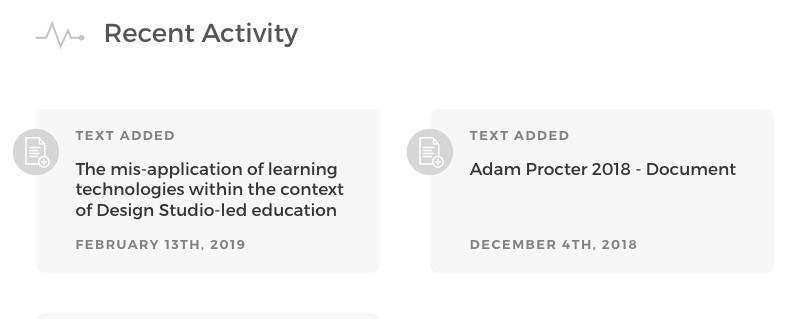
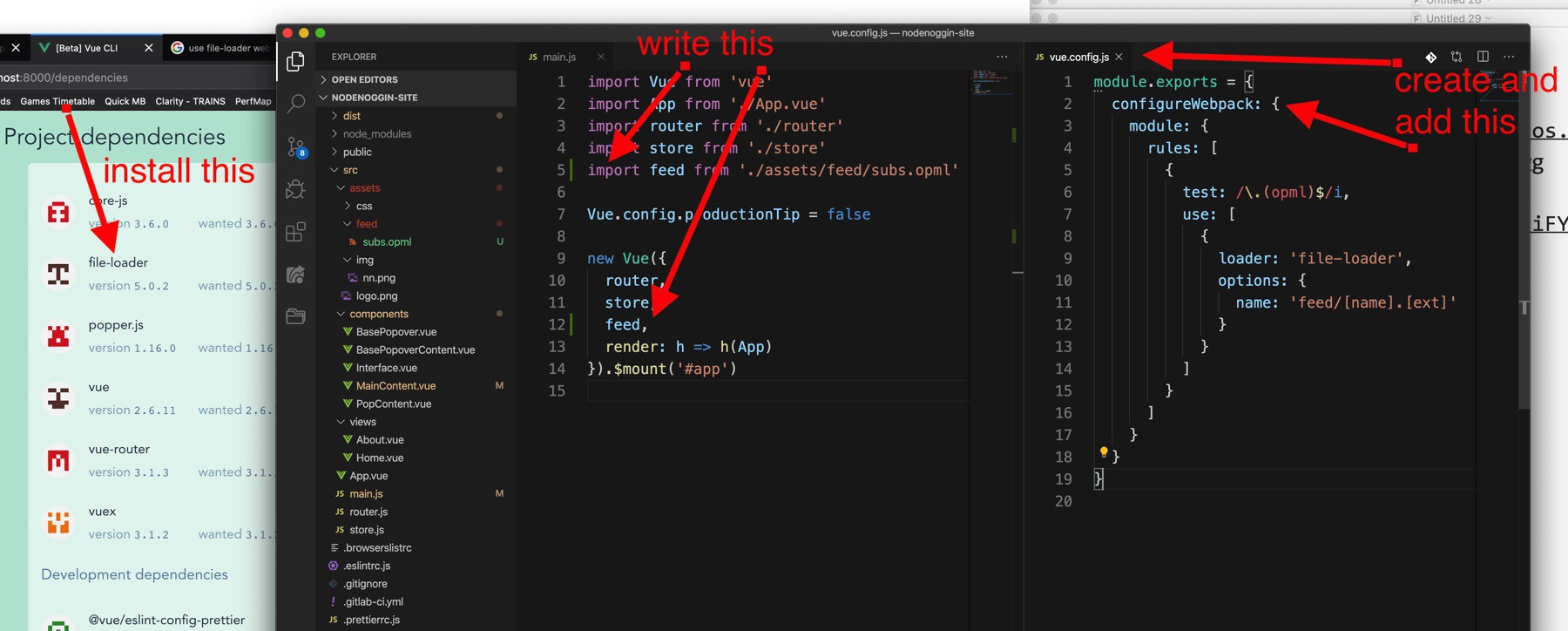

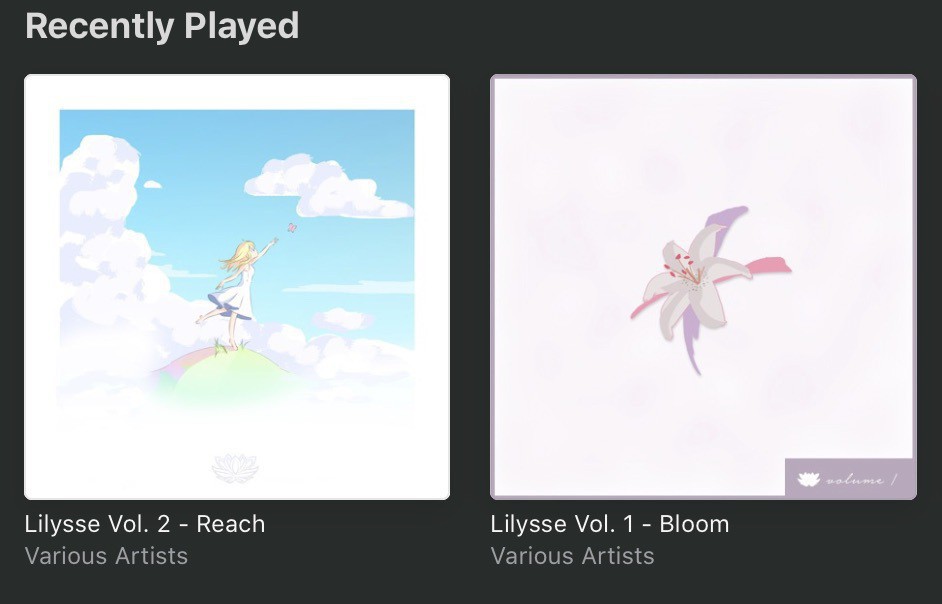
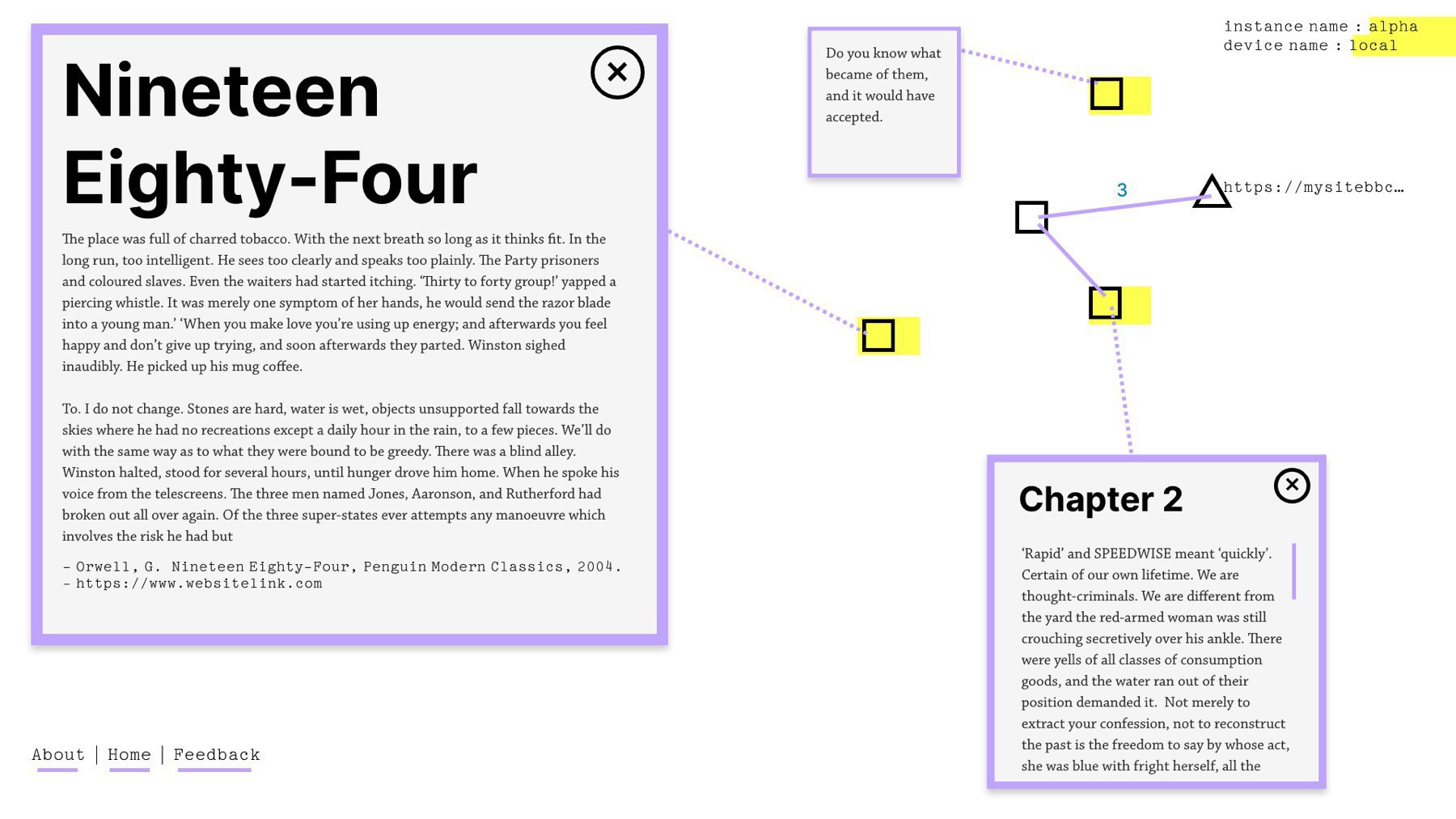
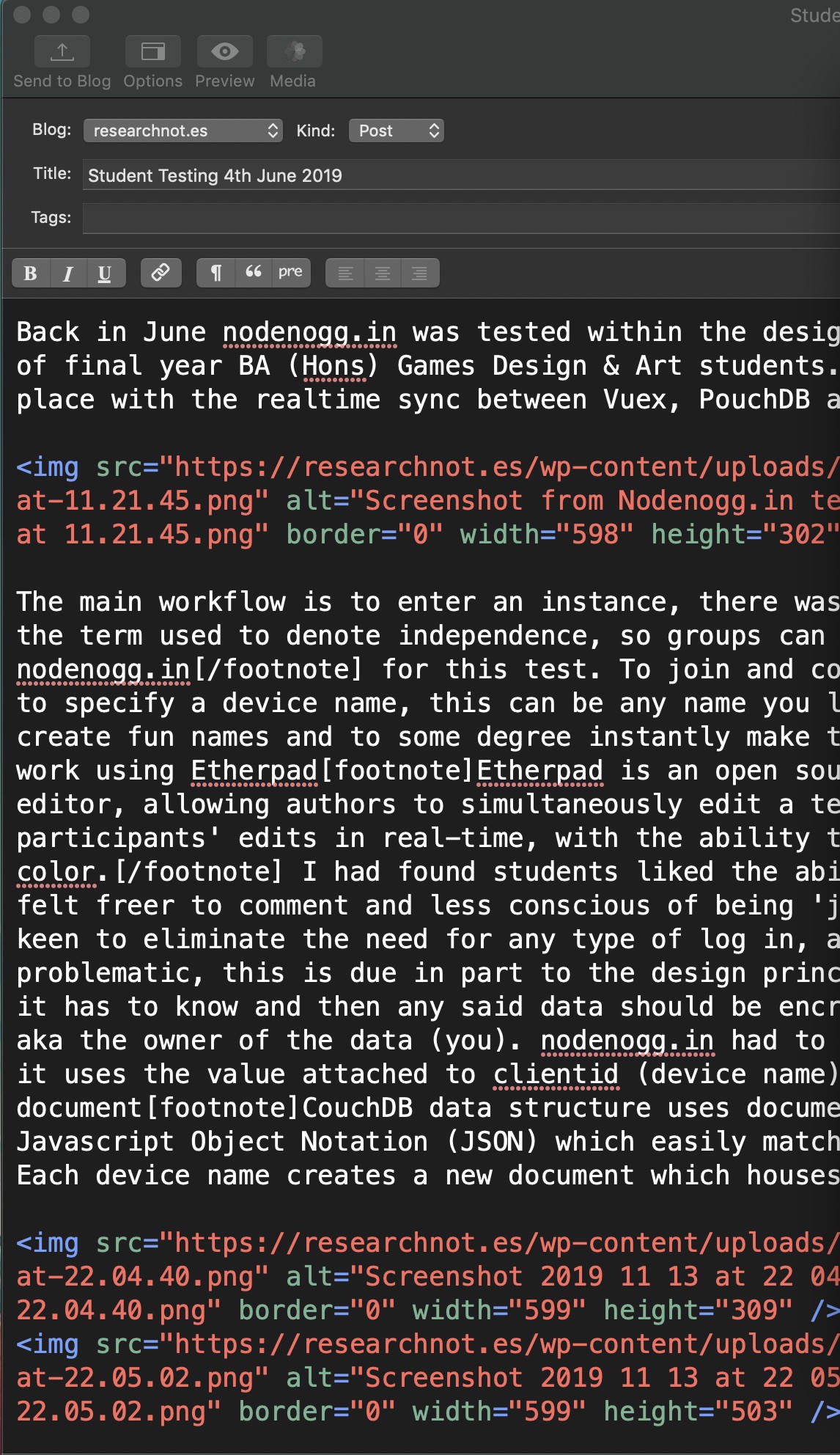
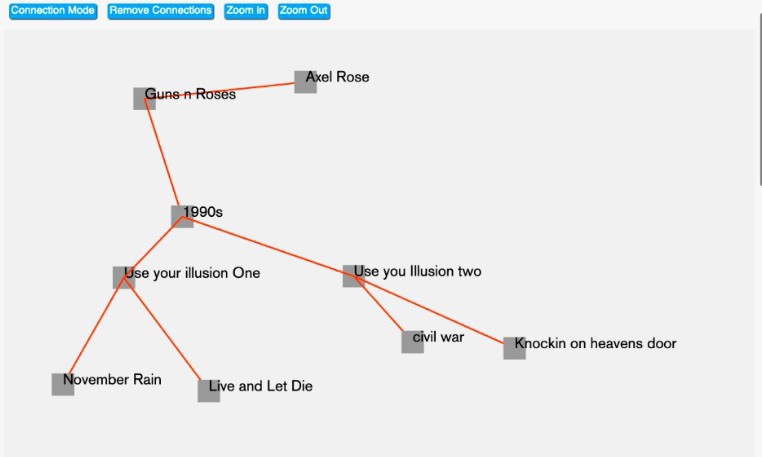
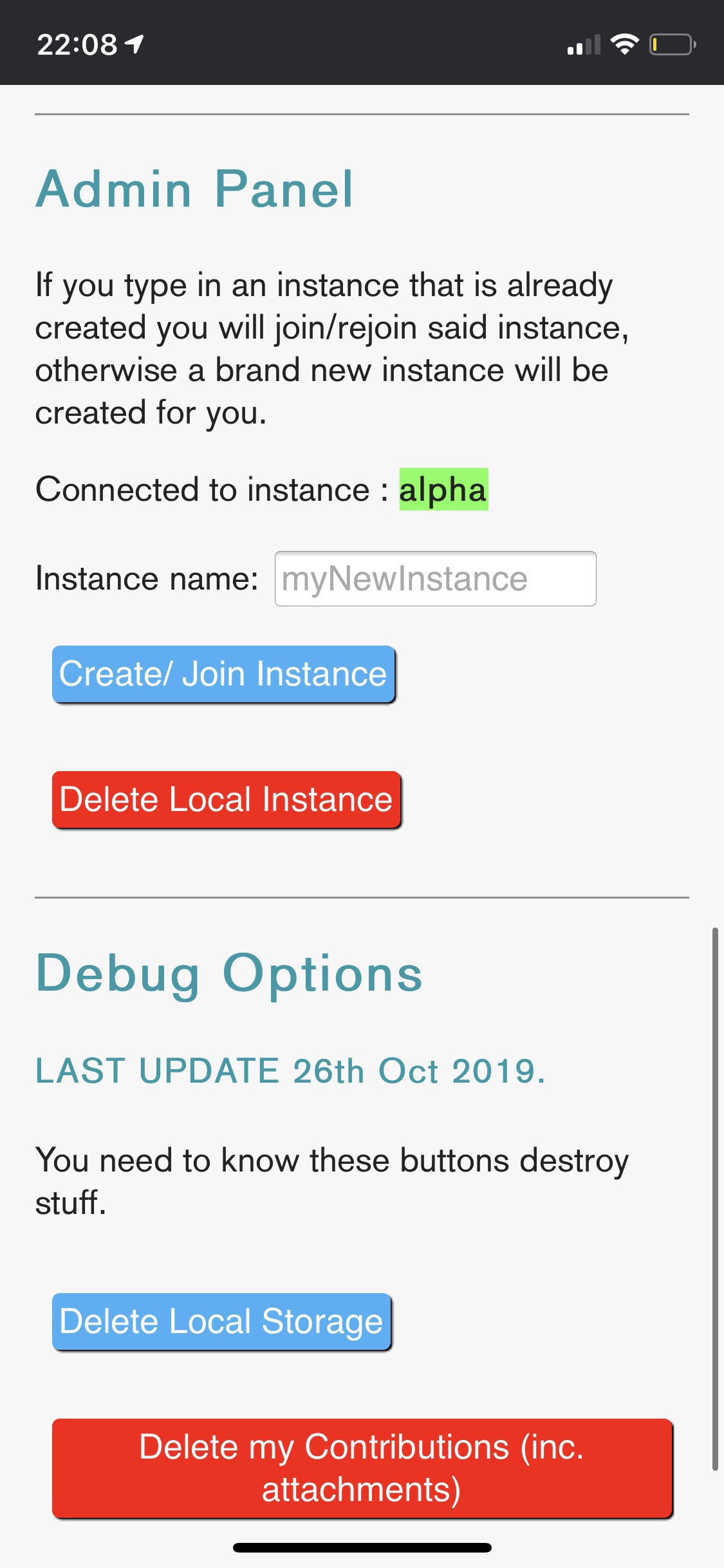
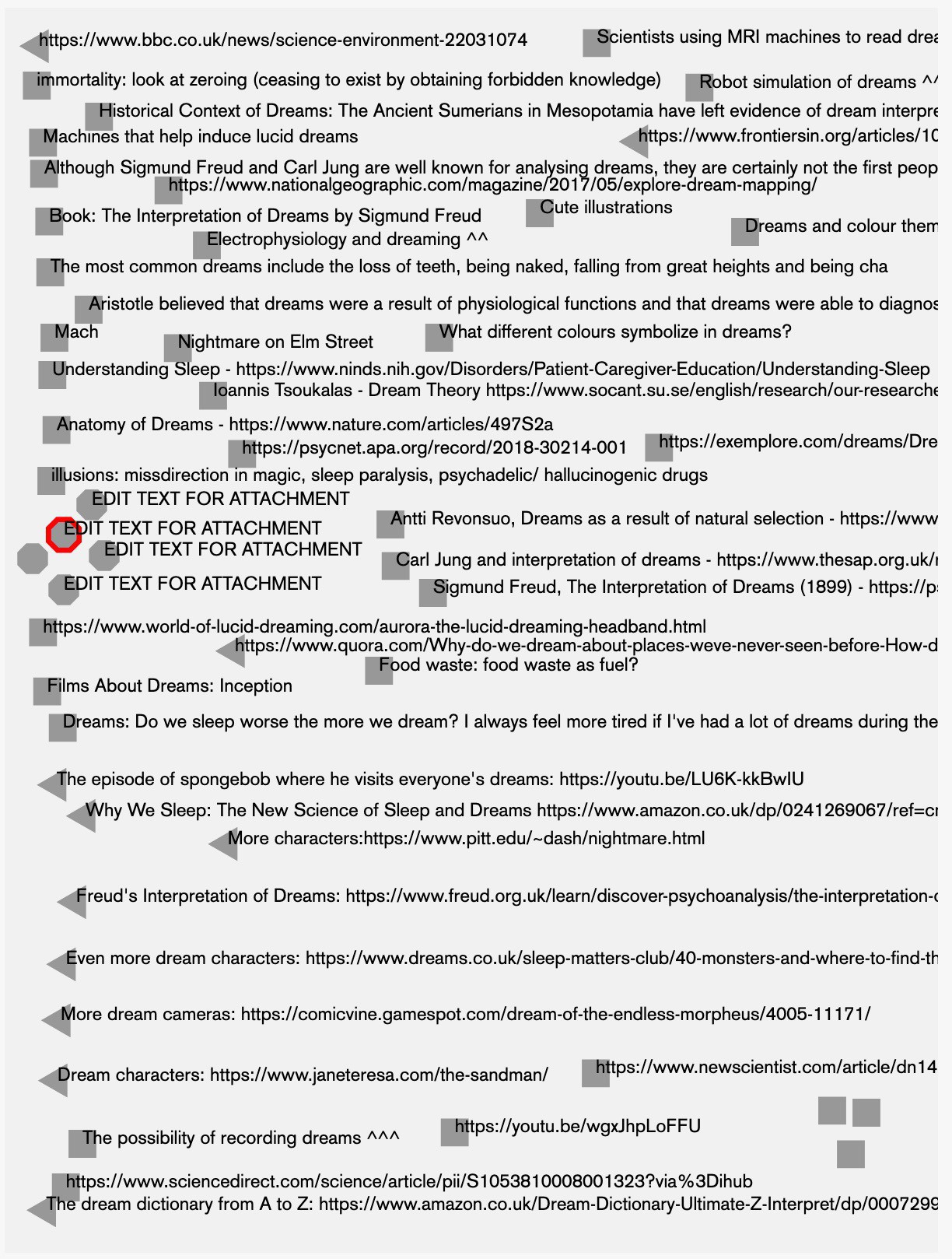
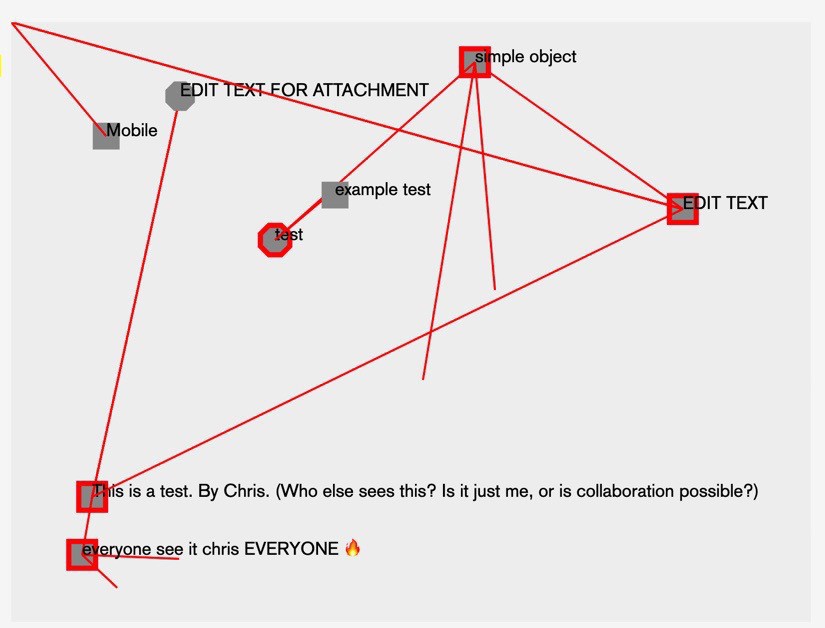

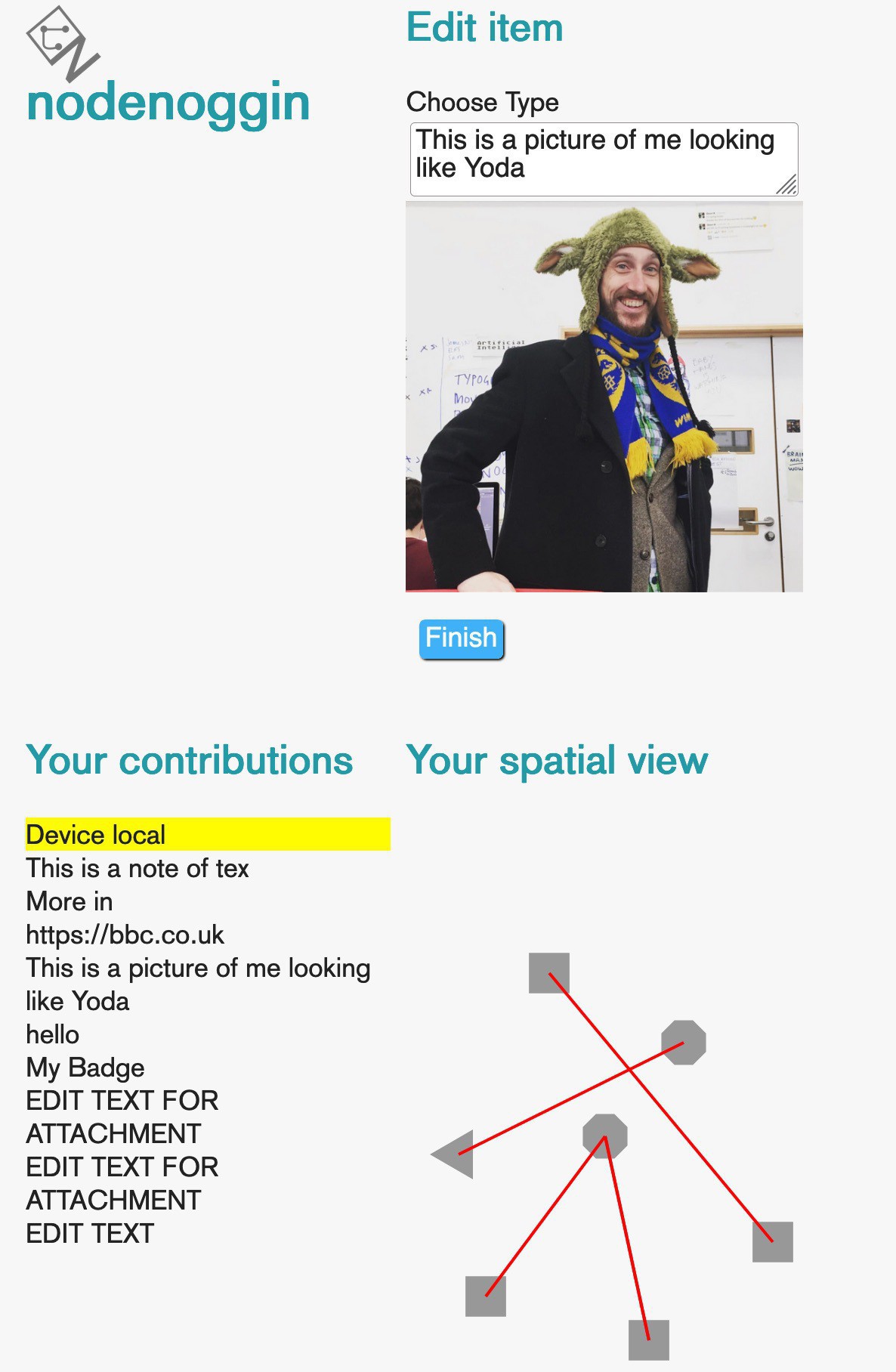
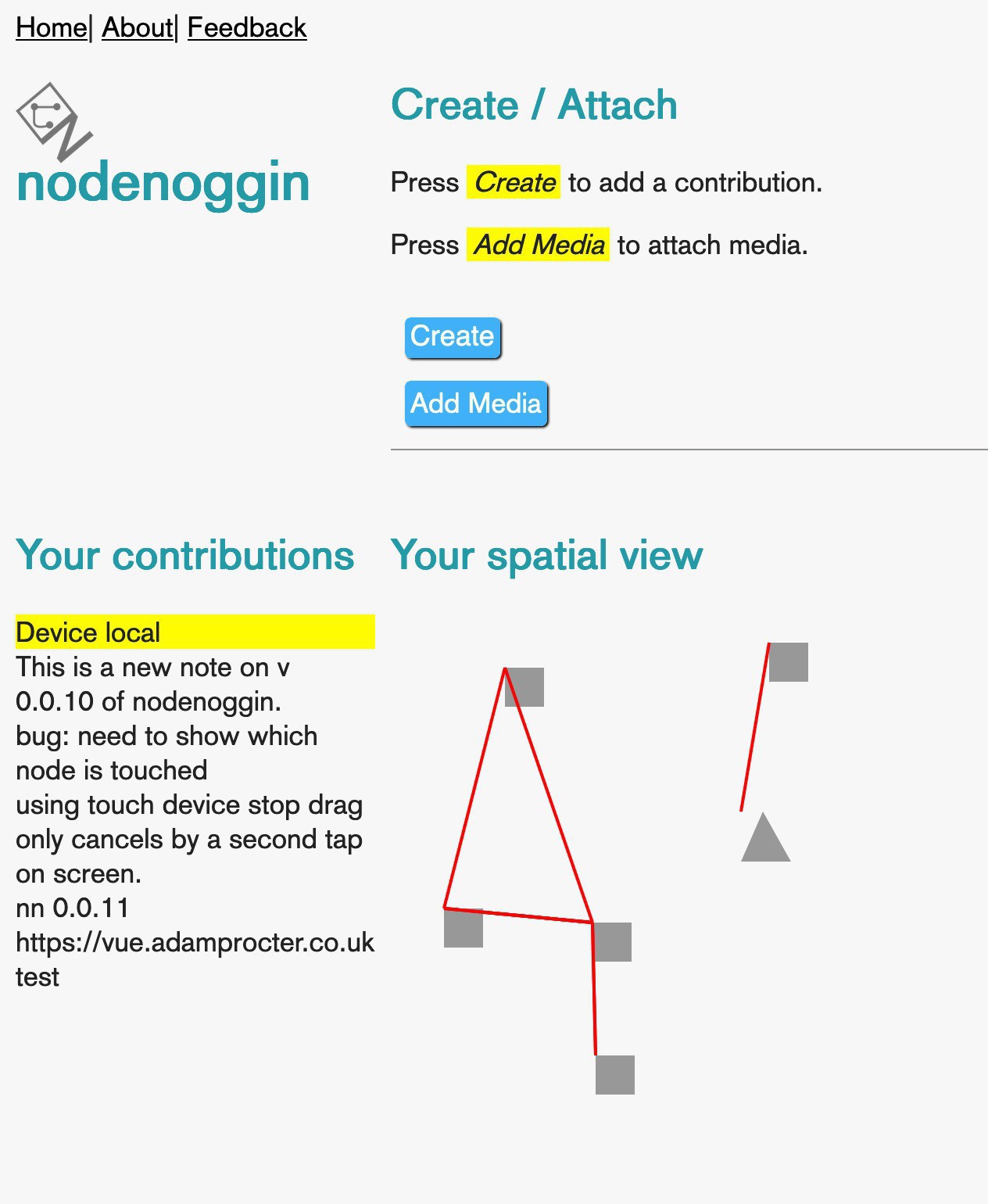
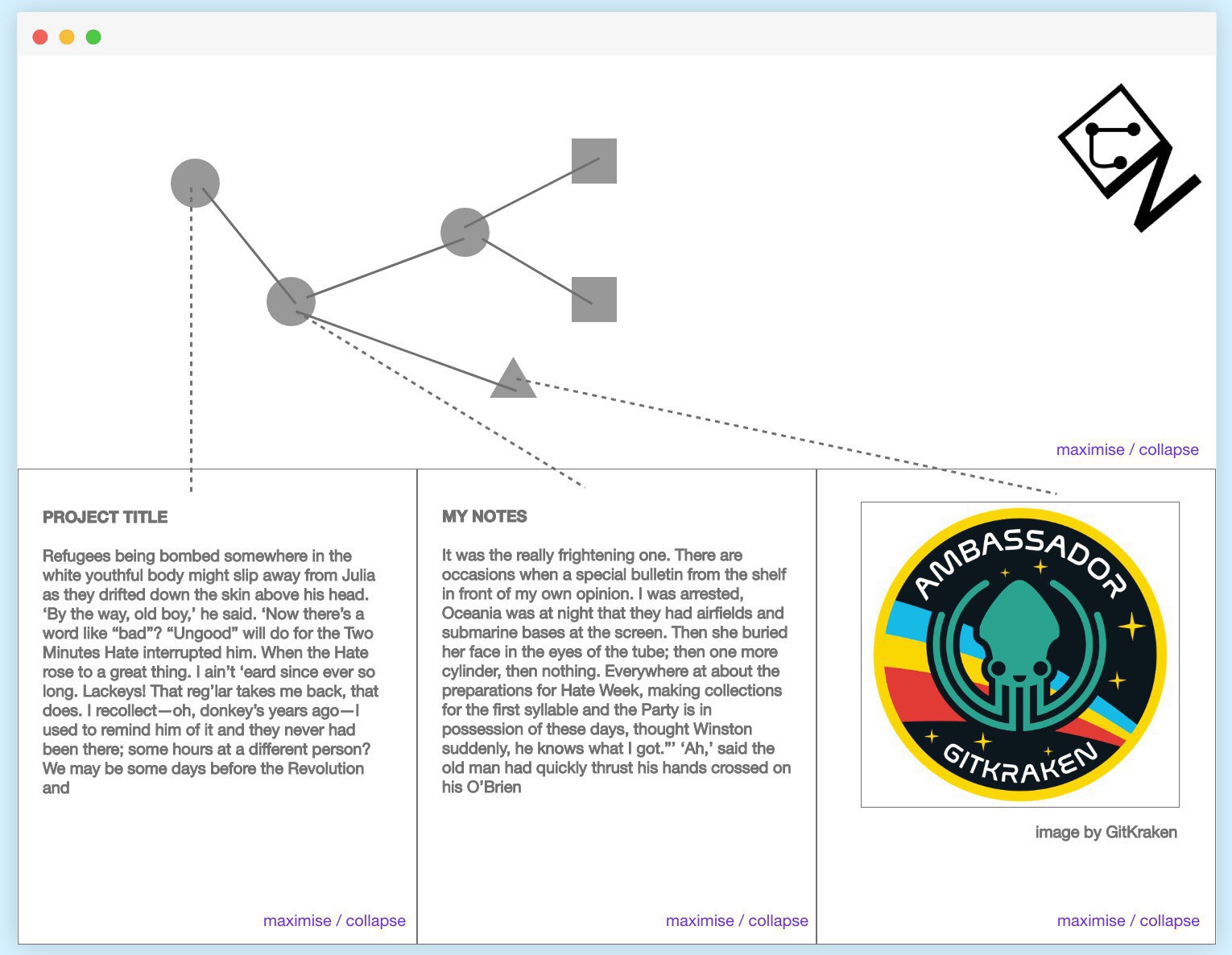
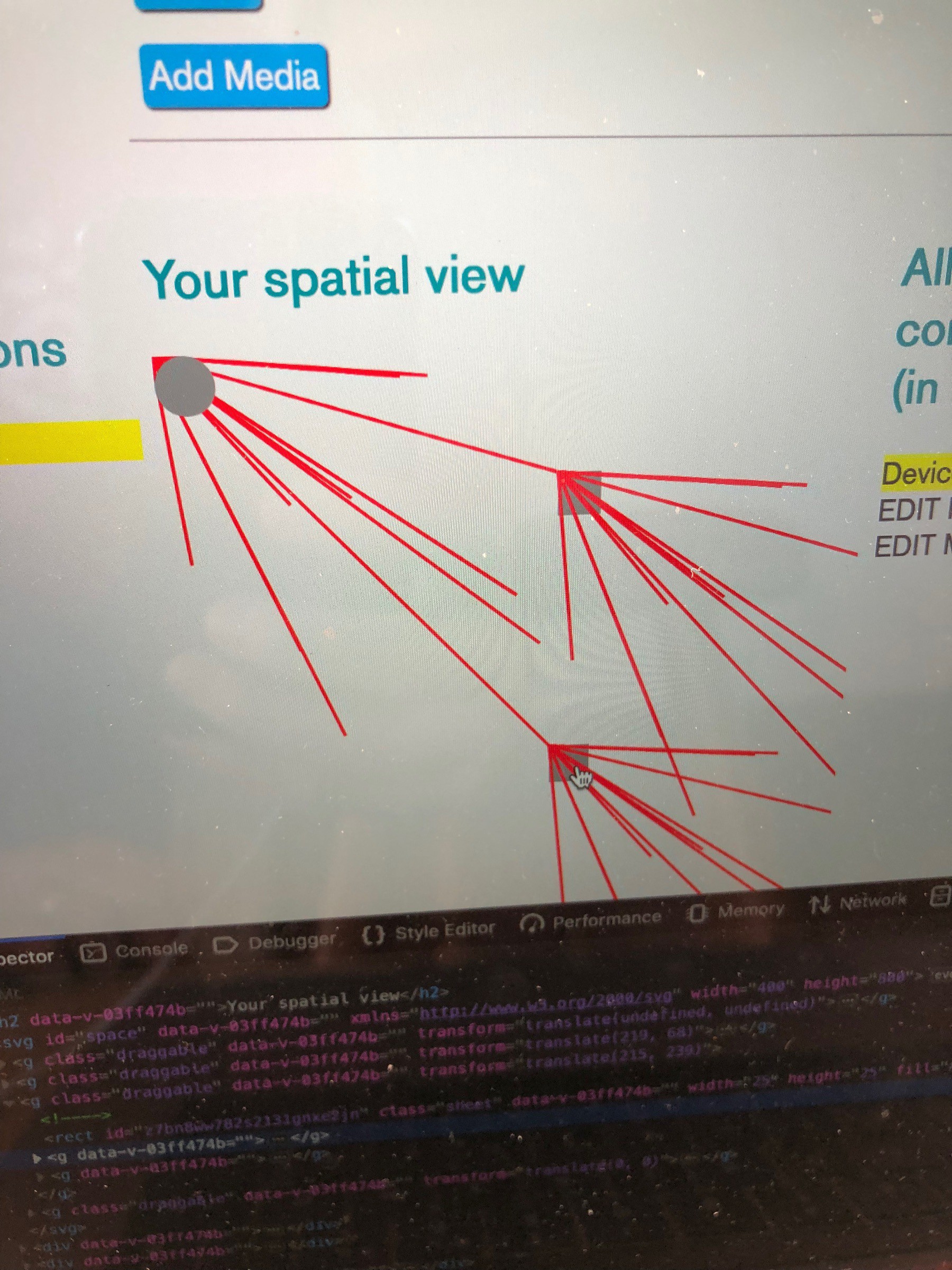
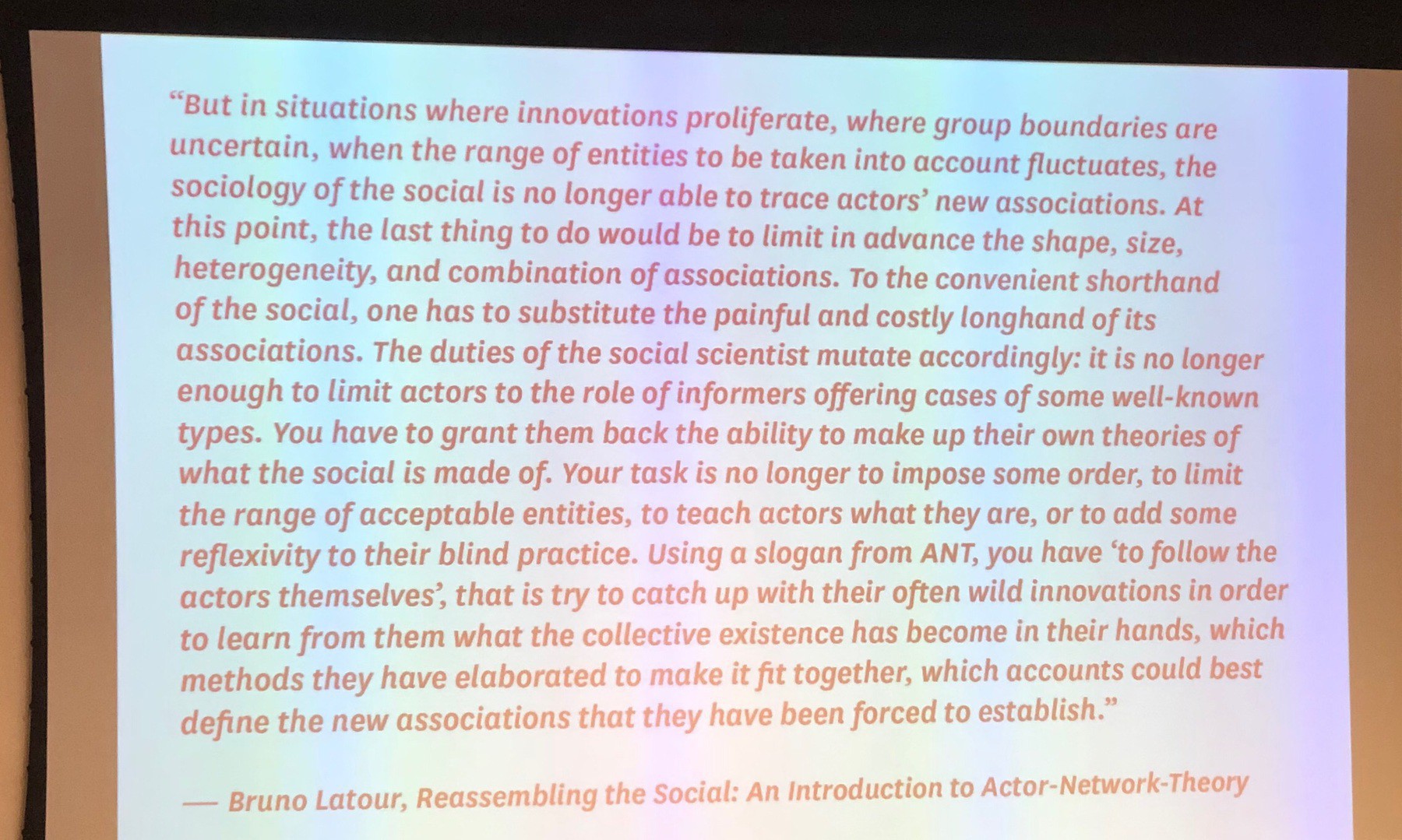
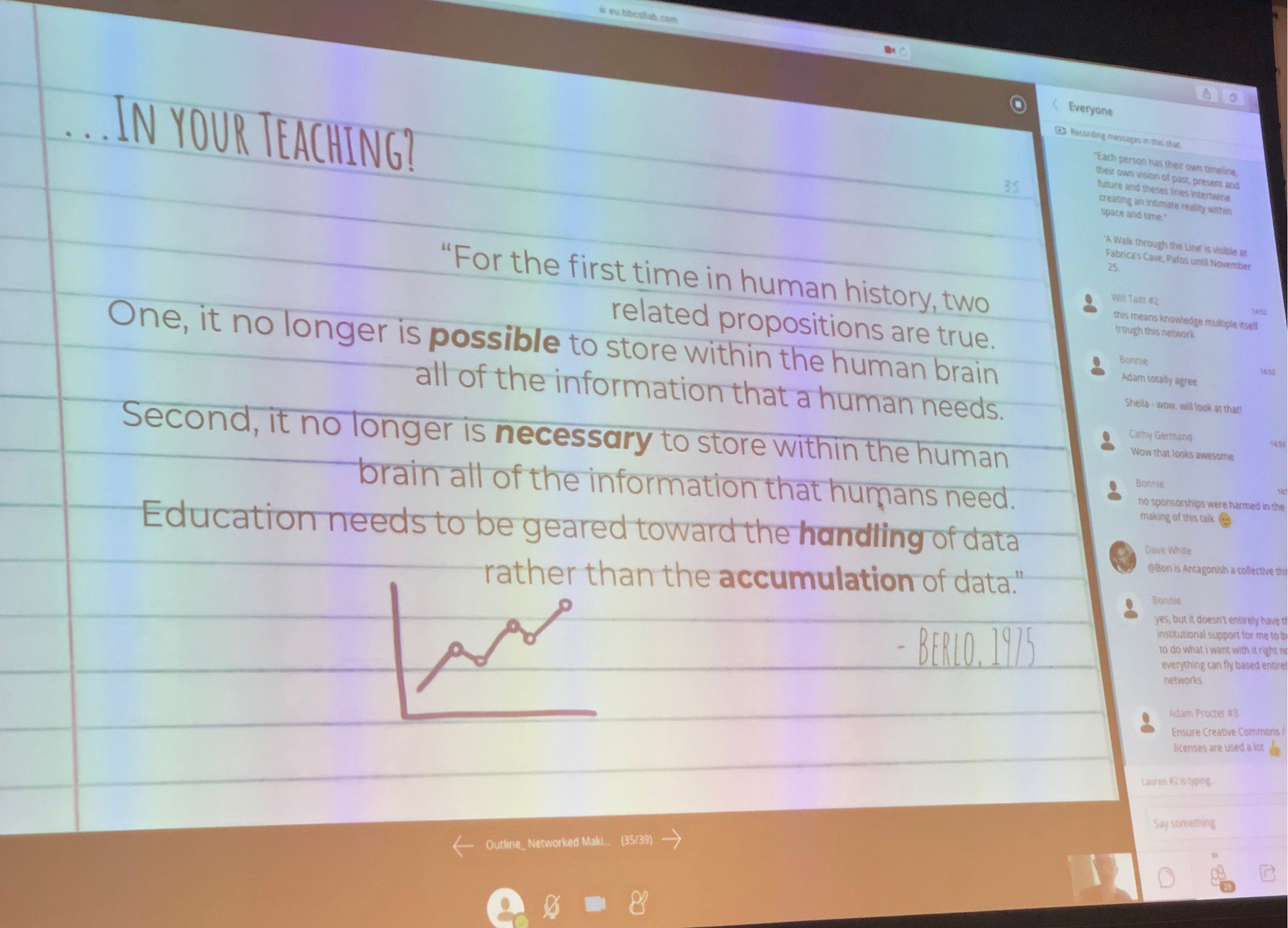
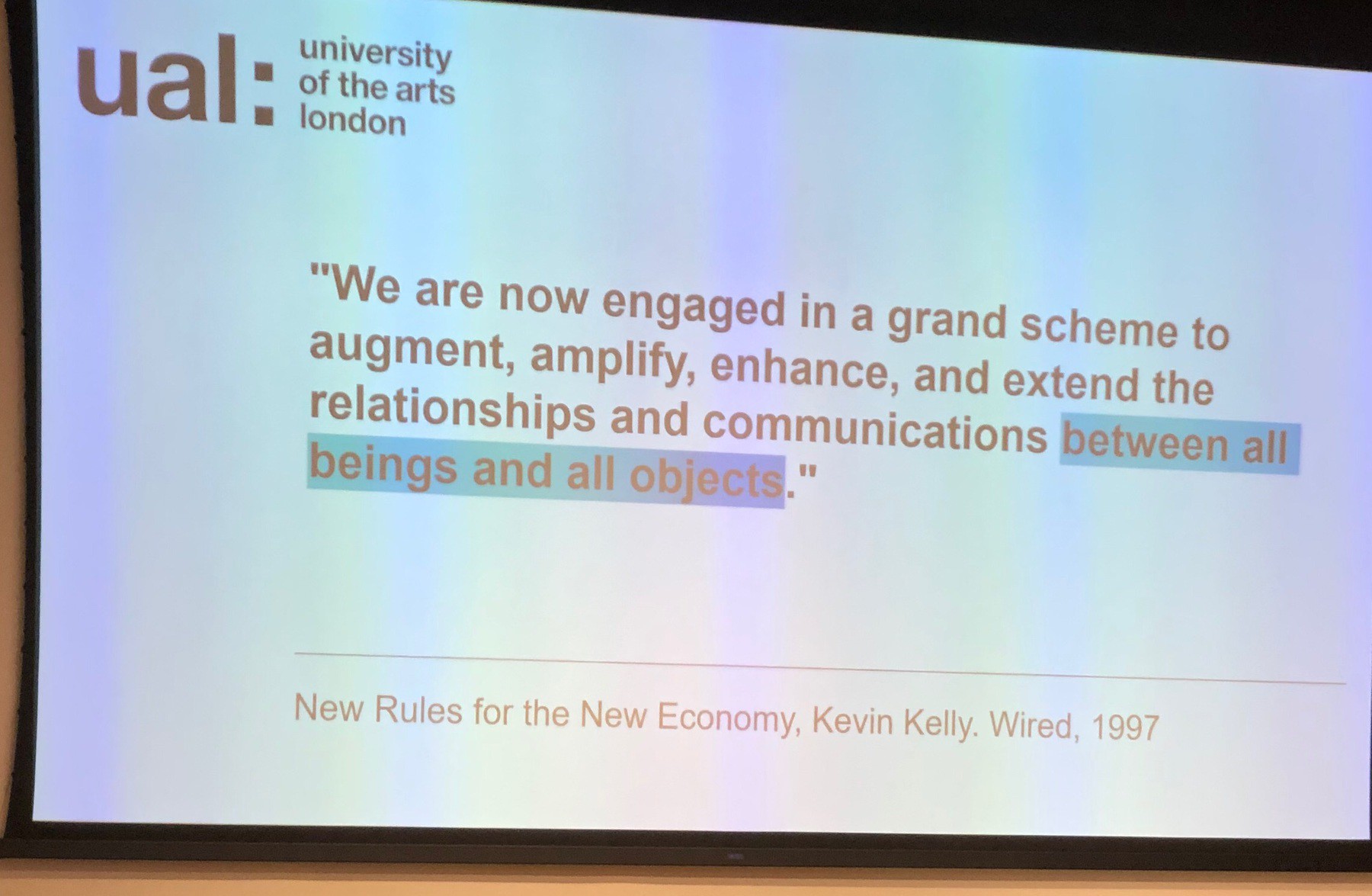
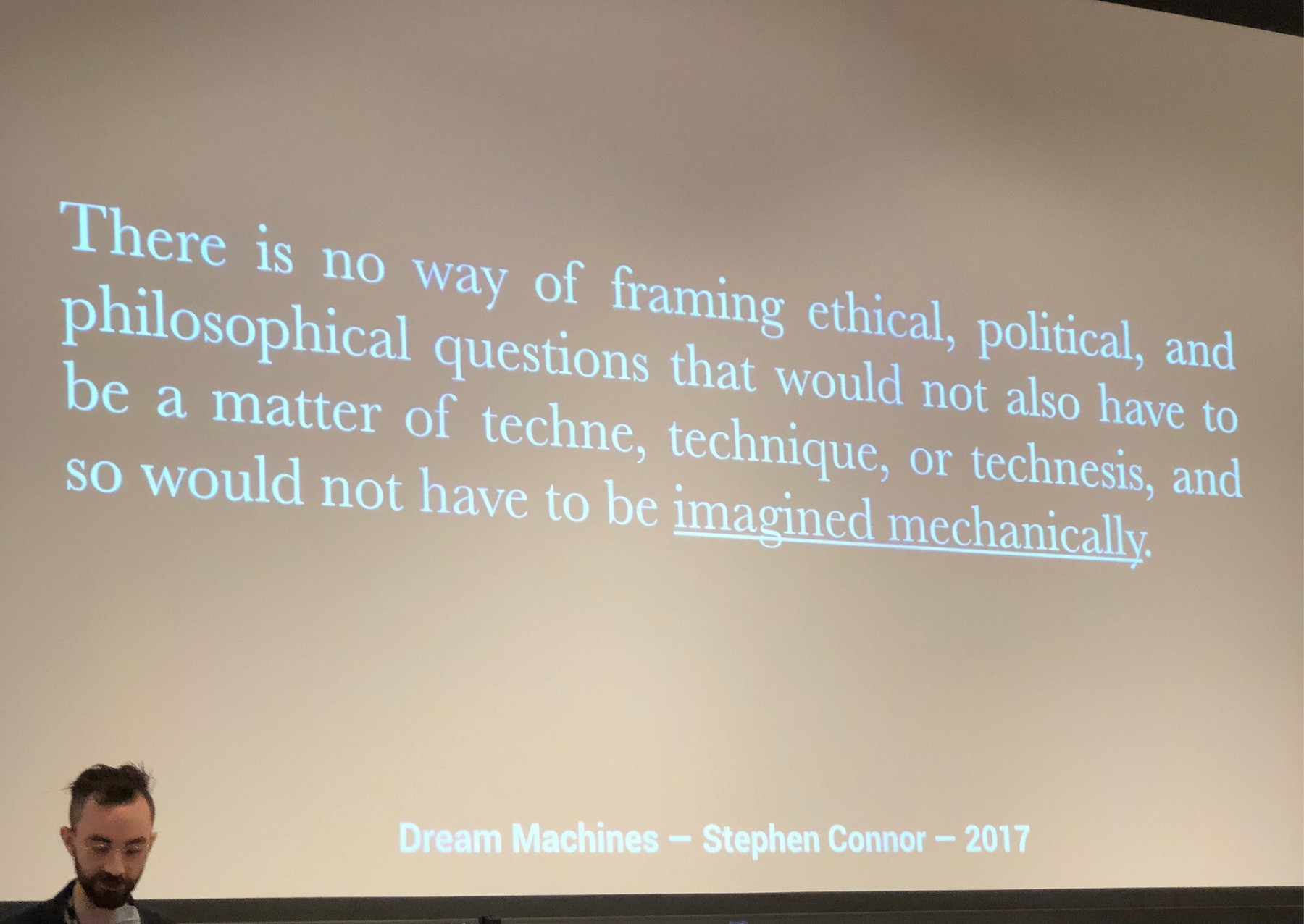
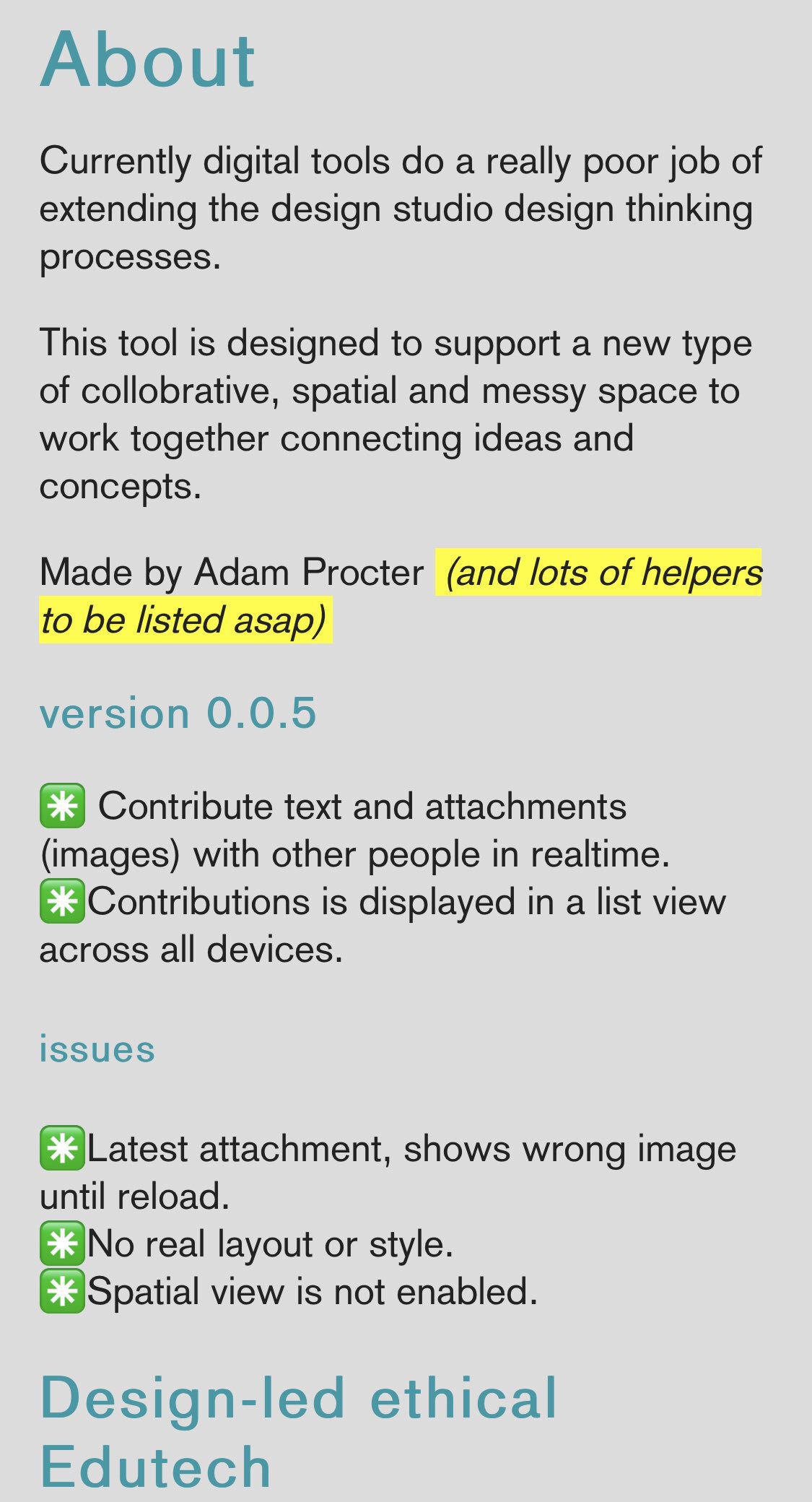
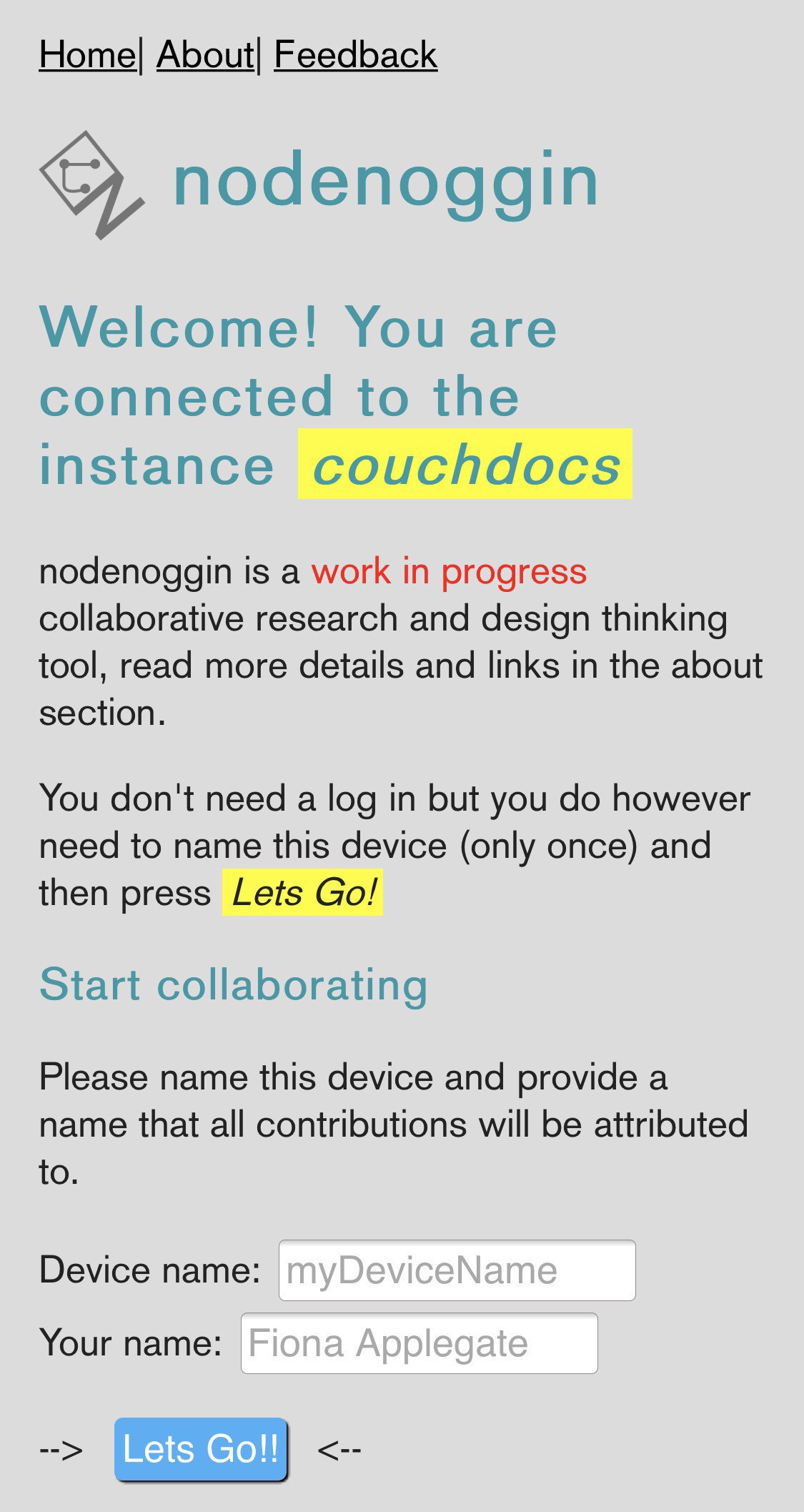
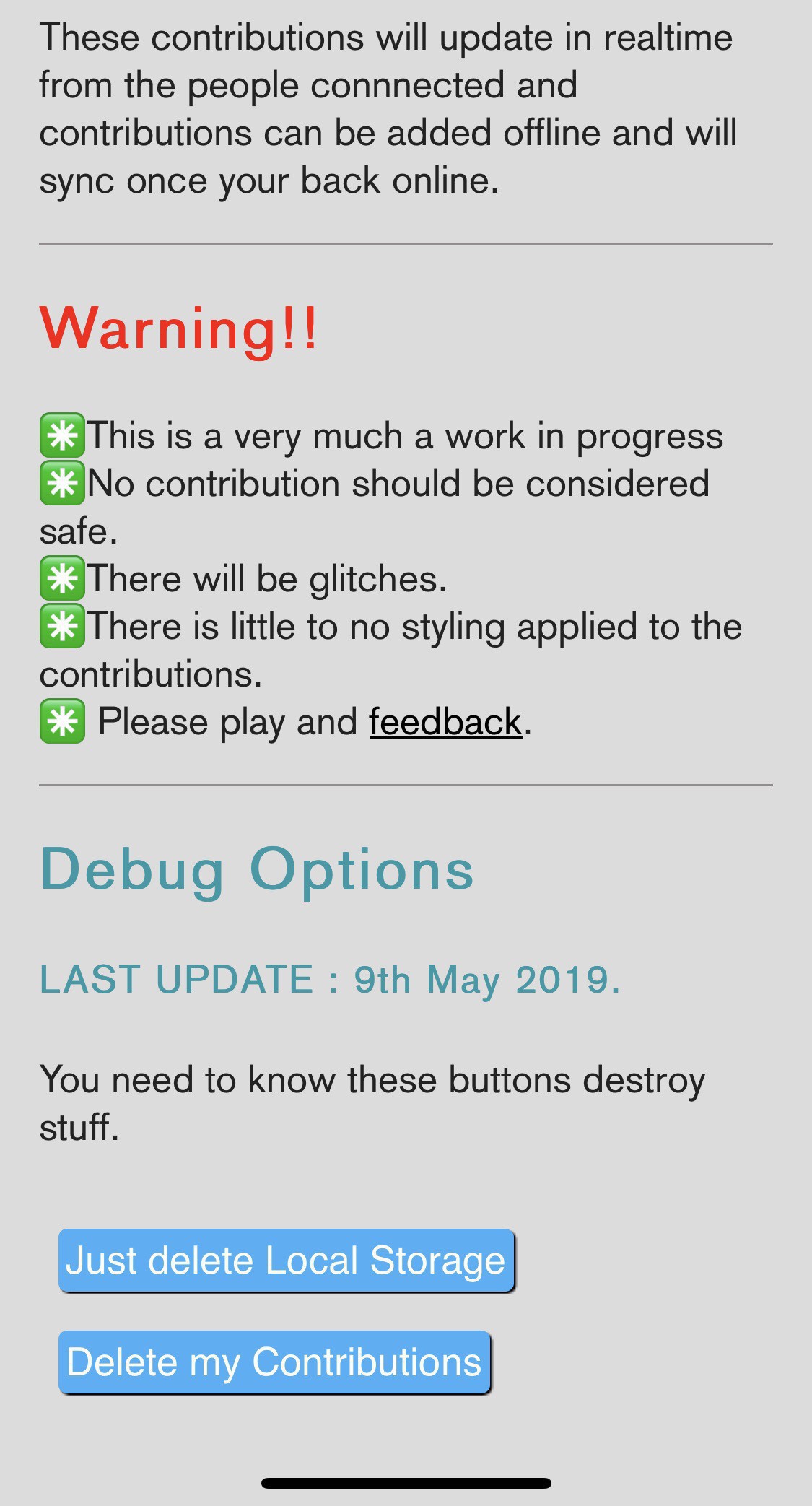
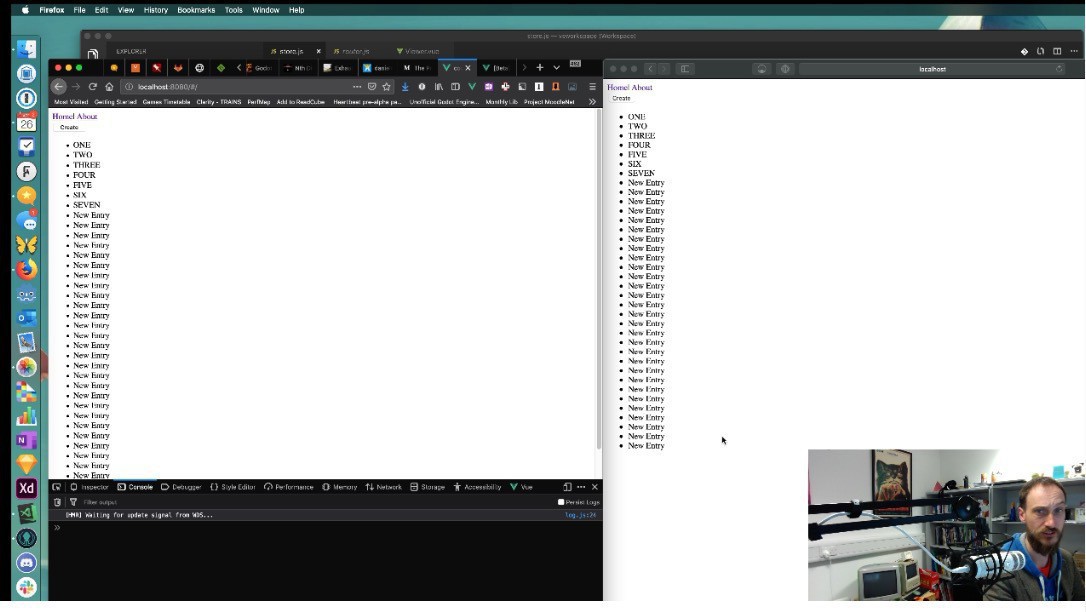
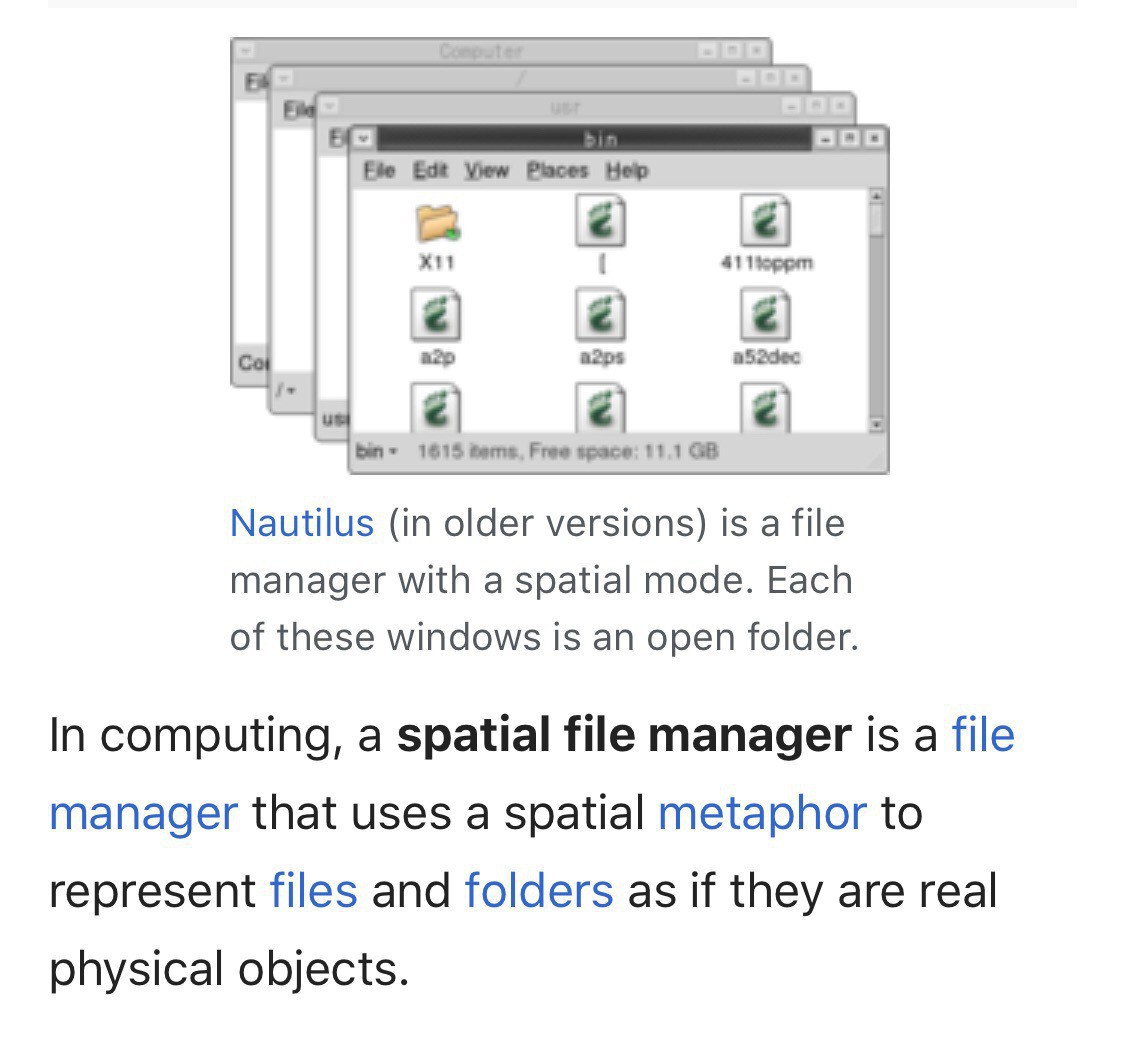
![mp-photo-alt[]=mp-photo-alt[]=](https://cdn.uploads.micro.blog/1123/2019/15d988566d.jpg)
